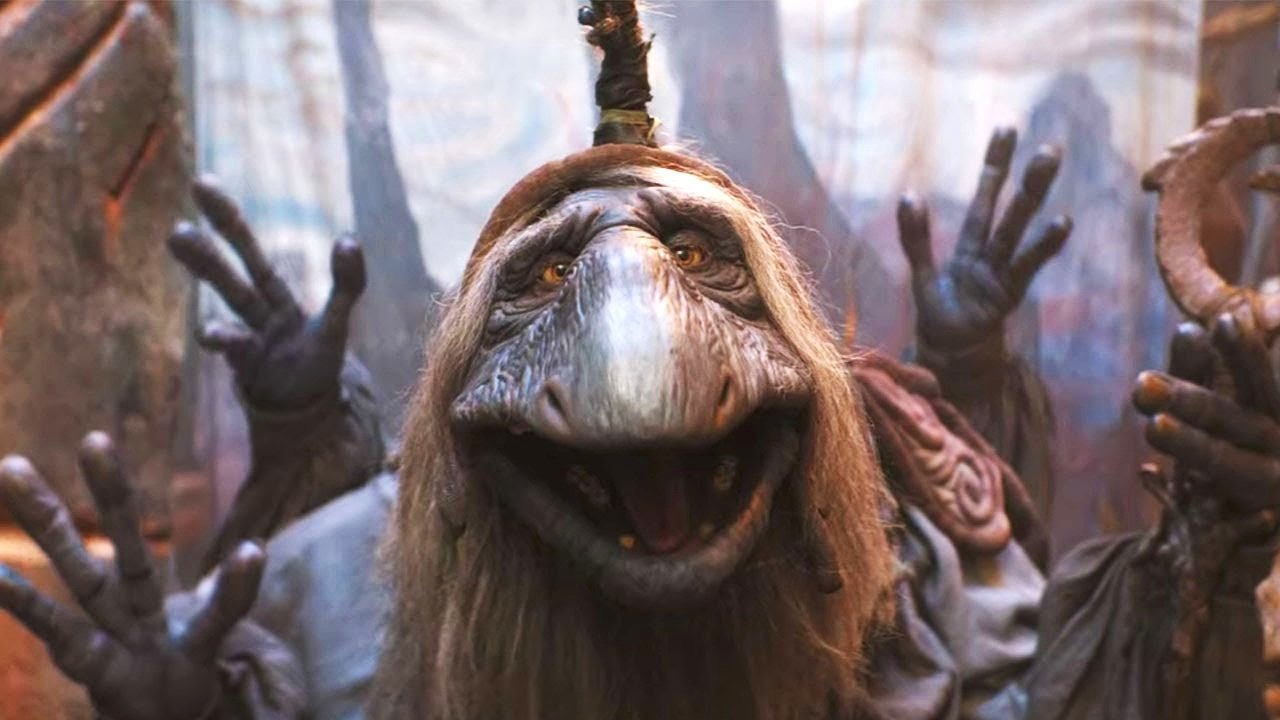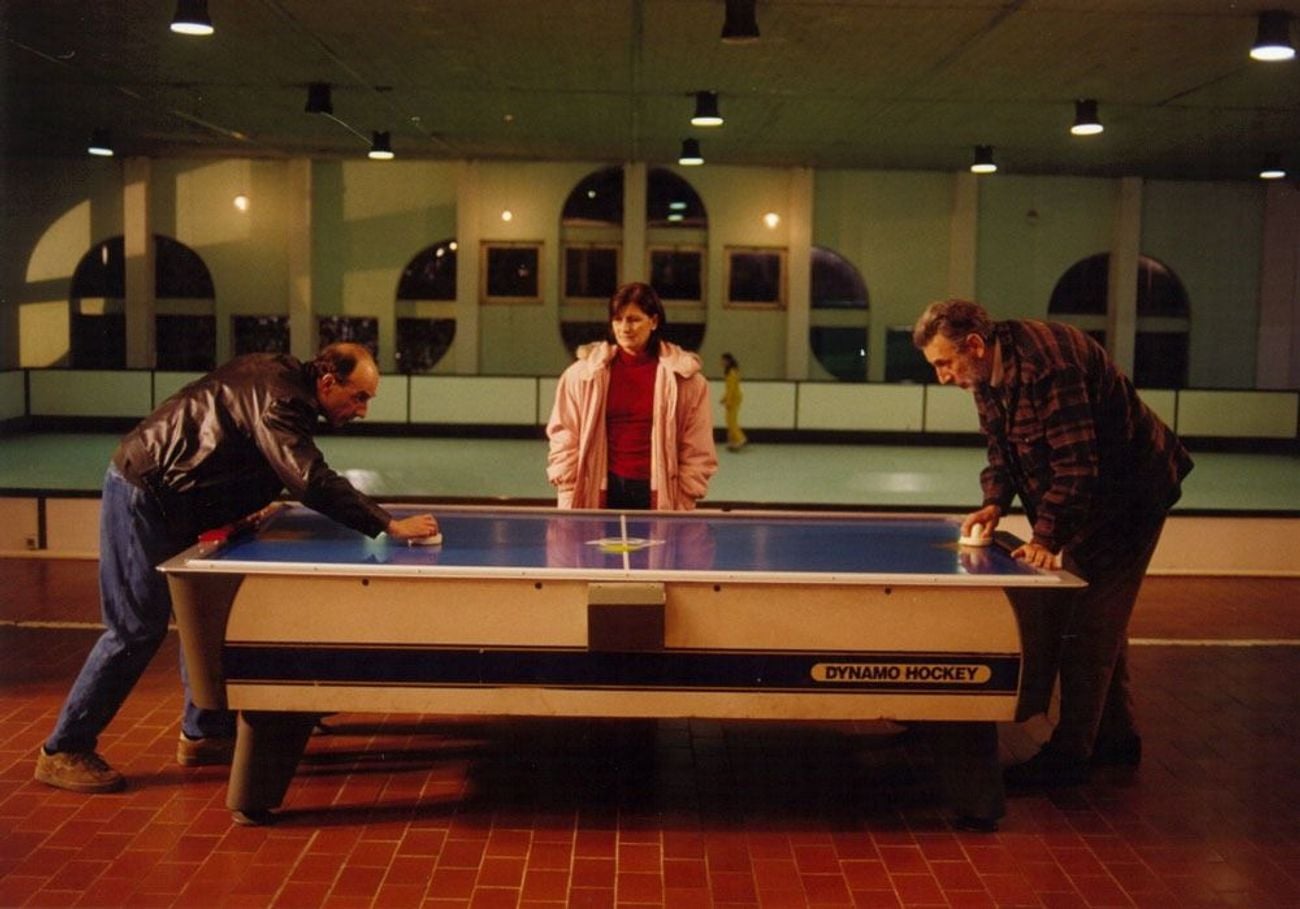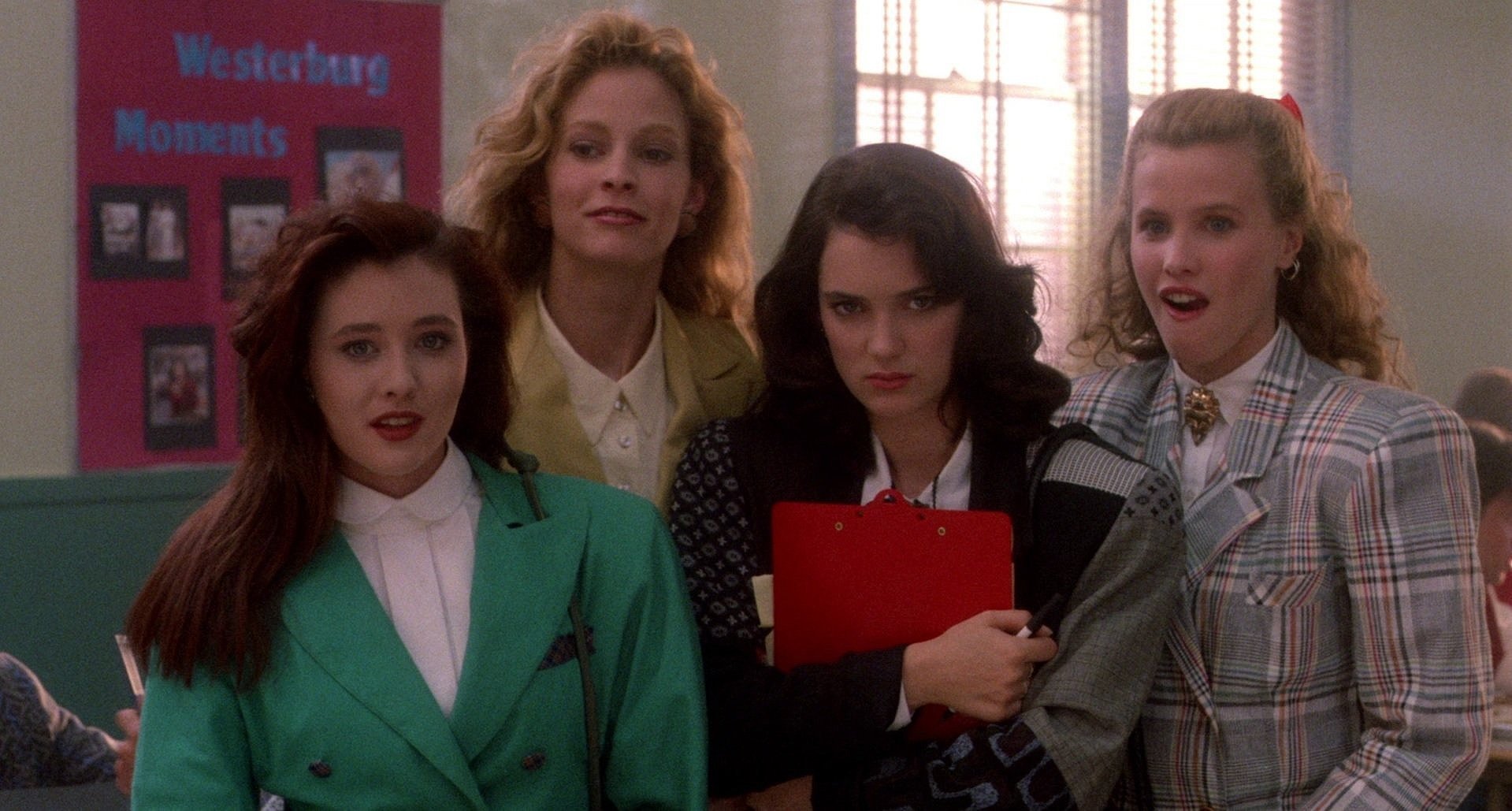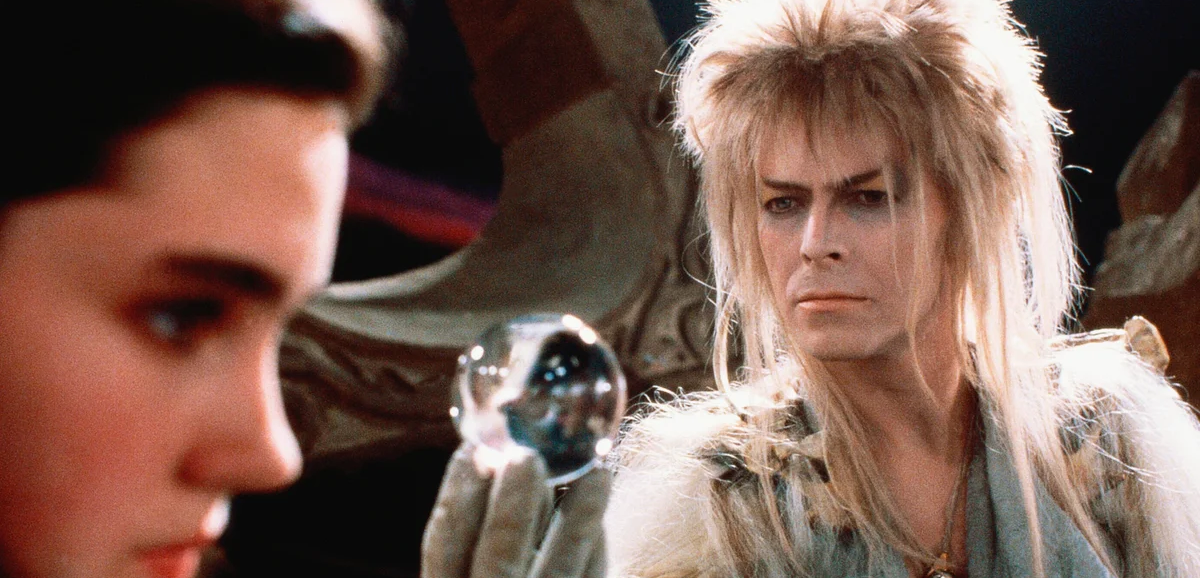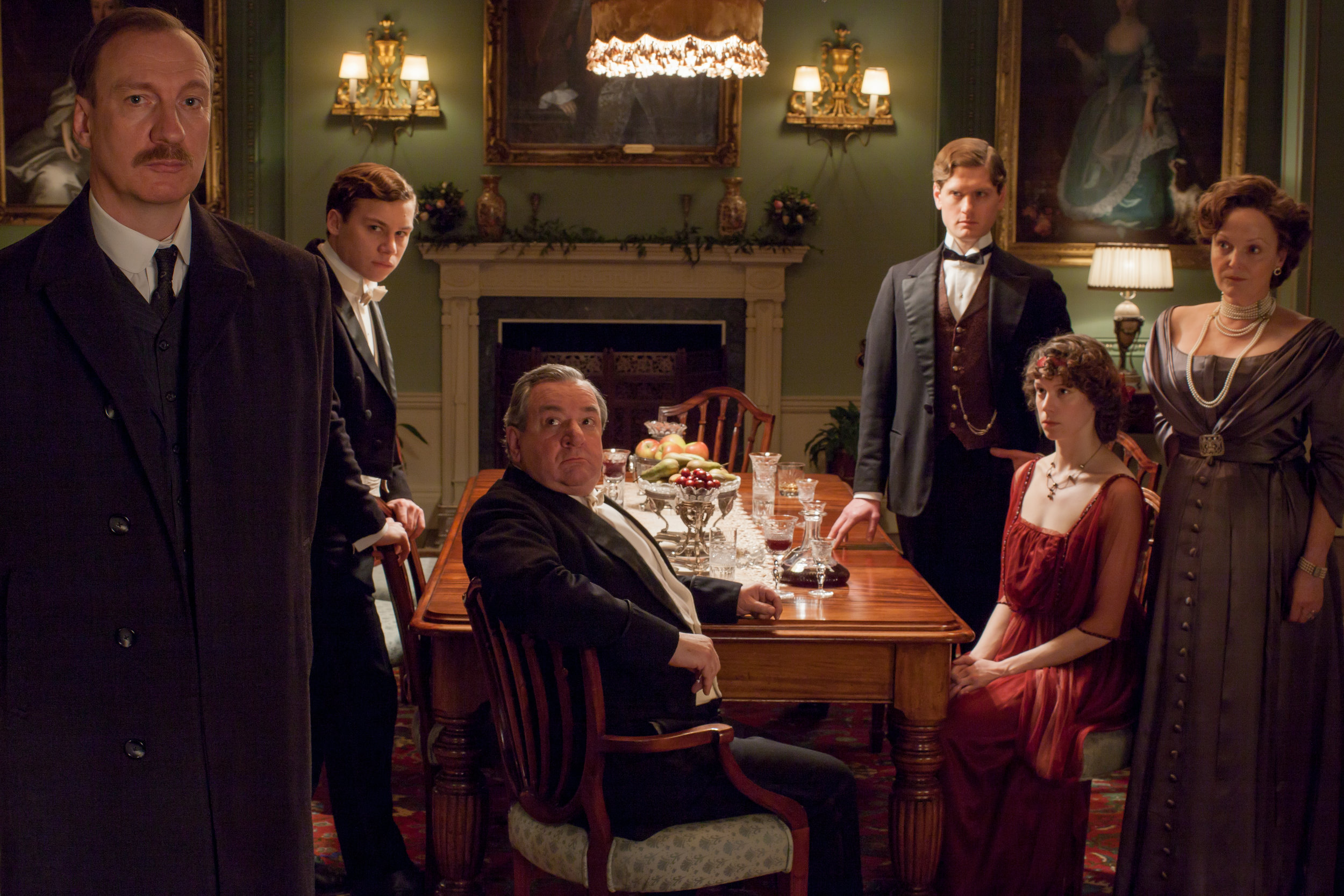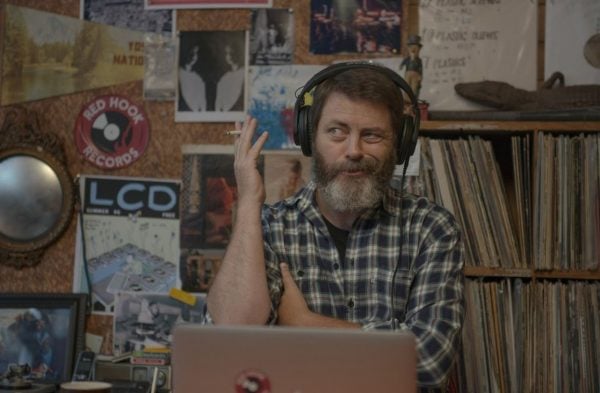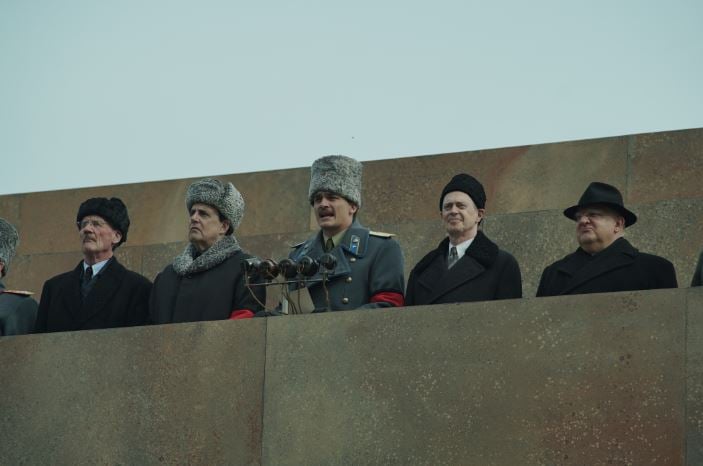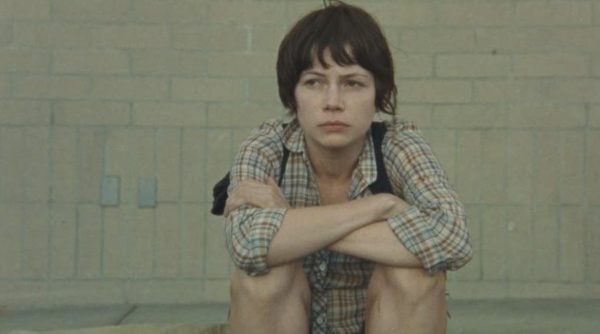100 Best Movies on Pluto TV Right Now
Pluto TV has quickly ramped up its licensing deals to have a great collection of quality films. And the best part is that you don’t have to pay anything to watch these, as Pluto, like Youtube, is ad-supported. Here, we count down the best movies that you can watch for free on Pluto TV.
Jump to the top 10:
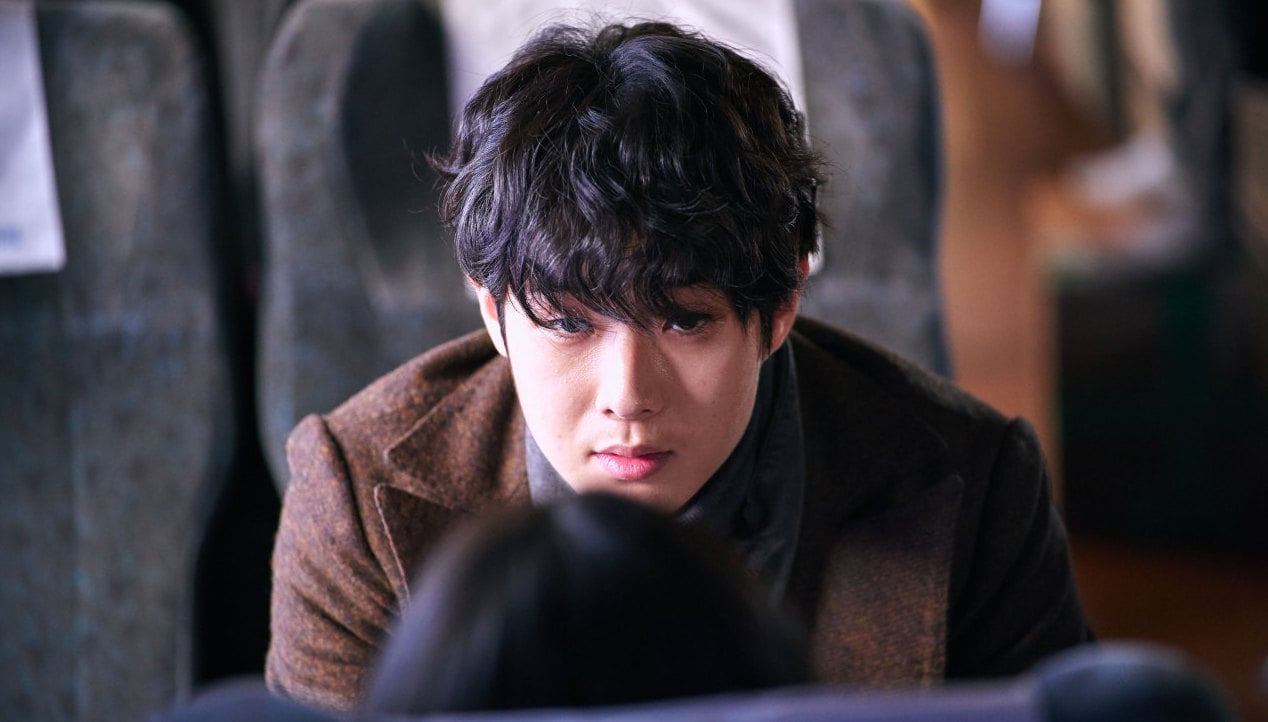
The Witch hardly reinvents the thriller wheel. In fact, part of the fun in watching it is calling out the cliches. Cold-blooded villain? Check. Antihero who defies death? Check. Senseless, bloody killings for minutes on end? Check, check, check. The Witch has everything you’d expect from an action movie, and yet, the viewing experience is all the better for it.
By trimming all the unnecessary fat and zeroing in on the action, director Park Hoon-jung delivers a no-nonsense, no-holds-barred film that could hold a candle to the John Wick franchise. Like those films, the movements here are sharp and the gore relentless. The only difference is that The Witch is led by a teenage girl—seemingly flimsy but deliciously deranged, Kim-Dami is magnetic in her breakout role as the titular witch Ja-yoon. It’s also a bit like Stranger Things in that sense, but comparisons aside, The Witch stands out as a razor-edged entry into the genre.

Even those who aren’t baseball aficionados should find something interesting and human in this straightforward, brainy documentary Fastball looks at the titular type of pitch not just from a place of scientific curiosity but as a symbolic goal that players all over the world chase after. Through many clear-eyed discussions and testimonials, we begin to see how a large part of the sport has been structured around the idea of understanding speed—and how some careers have been made or broken by trying to catch up with the greats. But in the end, Fastball takes a surprisingly subjective position on the matter; instead of definitively stating who’s the fastest on earth, it affirms that everyone has their own legends they look up to, pushing them to be greater.
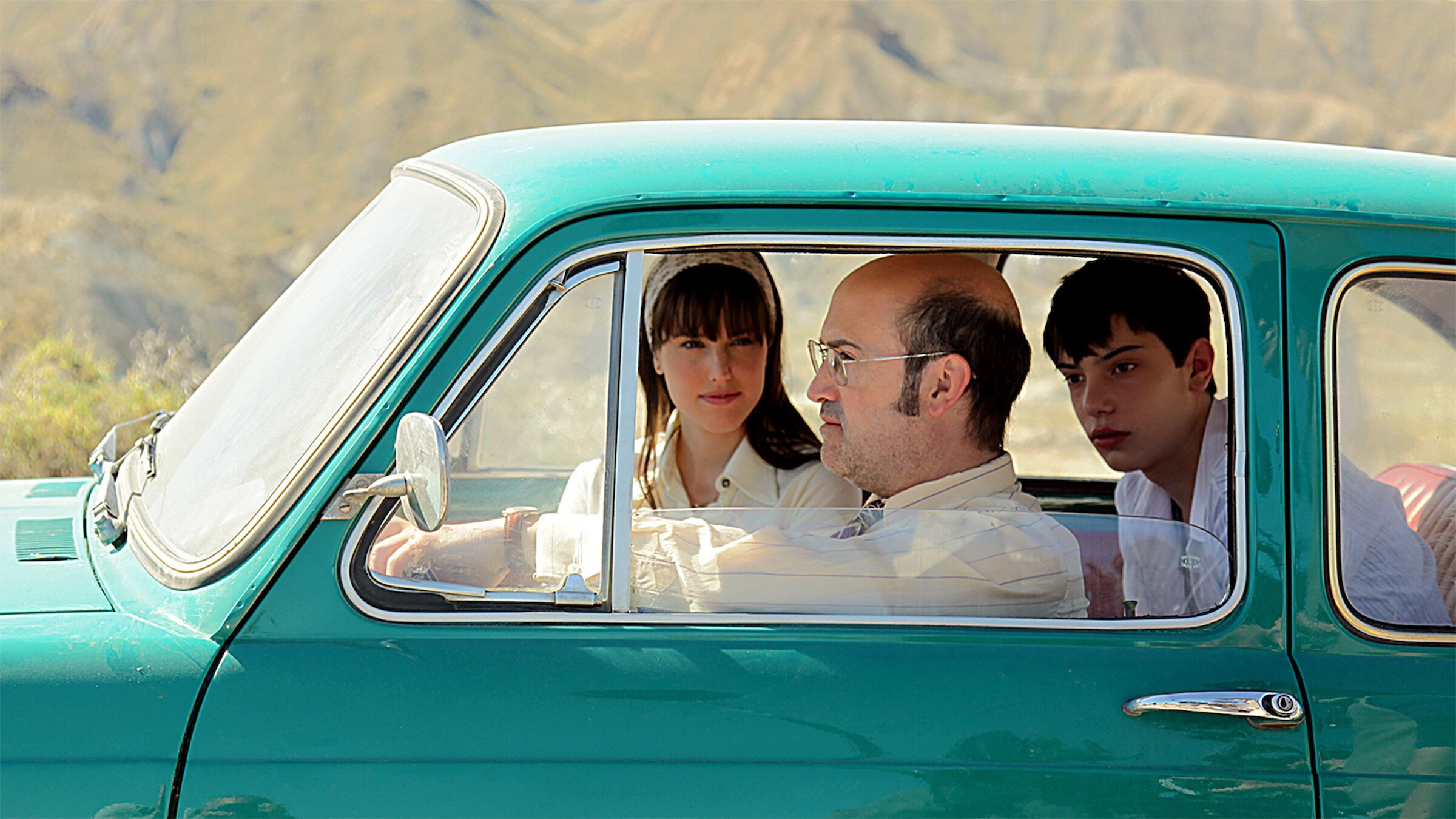
What would you do if your favorite artist is in the country? Die-hard fans would literally congregate and wait for their arrival, but in 1960’s Spain, under the Franco dictatorship, it’s a different story. Gathering in groups was restricted to party-approved activities. So in imagining artist and activist John Lennon visiting the country, Living Is Easy With Eyes Closed captures the conflicting ideas of that decade through simulating the wish of many a fan. The comedy drama doesn’t quite delve into the difficulties of the era, but the journey subtly studies its three road trippers in a sweet, lighthearted way.
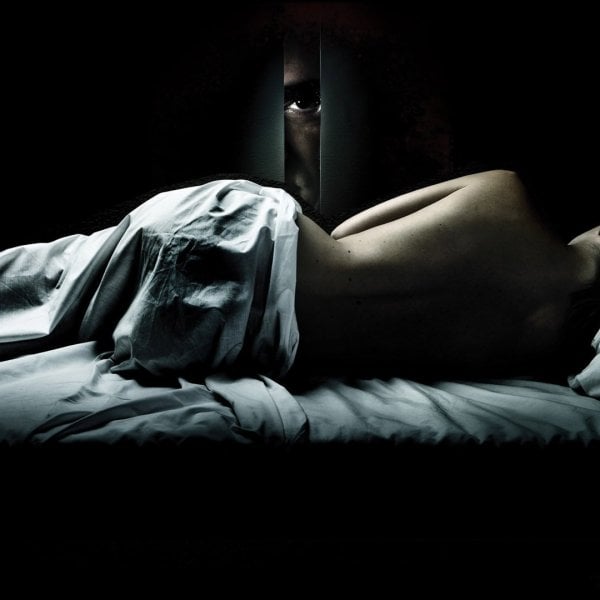
The isolation of modern life is a growing problem, but very rarely does it end up in the psychopathy displayed in Sleep Tight. If it weren’t for the horrible behavior, the protagonist César would be an everyday man to root for. He’s long worked for the apartment building that he works as a concierge at, having to do multiple unpaid favors for the ignorant upper class inhabitants that live there. However, his dedication to subtly ruining the lives of the tenants, Luis Tosar’s chilling performance, and the way director Jaume Balagueró depicts his acts from the side from the perspective ratchets up the terror of such a thing happening in real life.
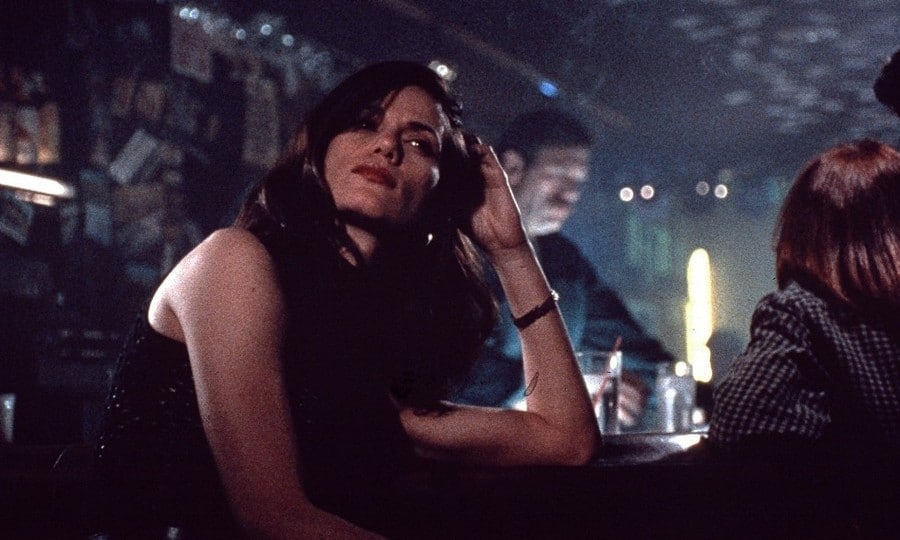
Never has evil been so darn fun to watch. Bridget (Linda Fiorentino) is such a captivating villainess, you’ll actually find yourself rooting for her at times in this noirish take on…, I don’t know what, but it involves drug money, double-crosses, lots of witty repartee and cat-and-mouse manipulation that will make your stomach hurt. The script is tight, the acting is all testosterone driven and crisp and you’ll hear some choice words come from nice guy Bill Pullman (as Bridget’s husband Clay) that you never imagined he could say. Peter Berg (Mike) is fantastic as the guy’s guy determined to earn his Alpha-dog badge by subduing the fierce and wickedly intelligent heroine, Bridget. Fiorentino won a BAFTA award for her performance and was nominated, along with Director John Dahl, for several others. The movie did not qualify under Academy rules for the Oscars, but it would have been a strong contender.

An earnest, simple documentary with an equally as simple premise: four friends travel to Guatemala for 8 weeks and try to live on one dollar a day each. What starts as an experiment for them quickly becomes an illustration of levels of poverty some of us will luckily never experience. More than 1.1 billion people (almost four times the population of the U.S.) do live on less than one dollar a day, and this film is a journey into their world. Other than making you realize the luxury you live in, this film will leave you wanting to do more for your fellow humans.
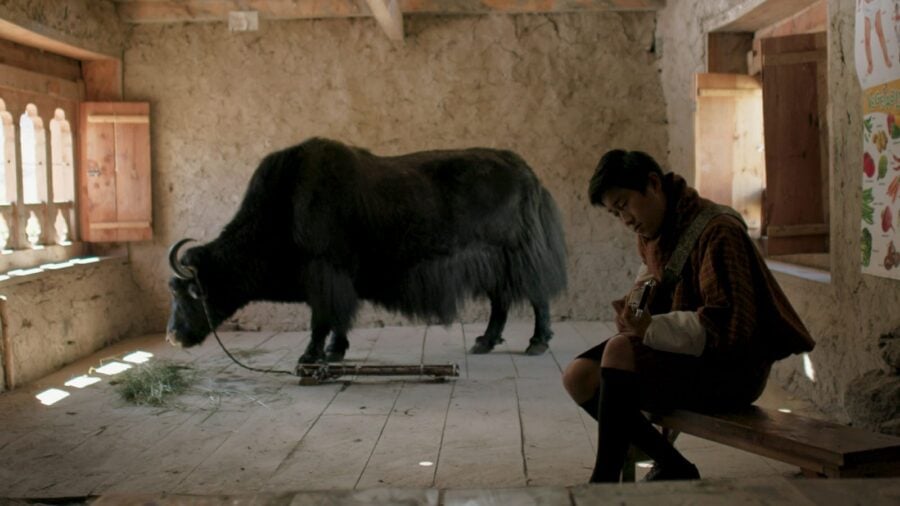
On his first day of class in the remote village of Lunana, the city teacher Ugyen asks his students what they want to be when they grow up. One of the children, a young boy named Sangay, answers that he aspires to be a teacher “because a teacher touches the future.” Lunana: A Yak in the Classroom, however, subverts this thematic by spending most of its runtime showing how the villagers touch Ugyen’s heart through genuine acts of kindness, forcing him to rethink his long-term dream of becoming a singer in Australia.
Not only does Lunana: A Yak in the Classroom succeed in its heartfelt dramatization of a Gen Z finding his place in the highlands, it also serves as a propagandistic validation of Bhutan’s “happiest country in the world” epithet. In doing so, the film presents the Bhutanese mountains in as breathtakingly picturesque a manner as possible, limning a paradise through the grassy meadows and children’s faces.
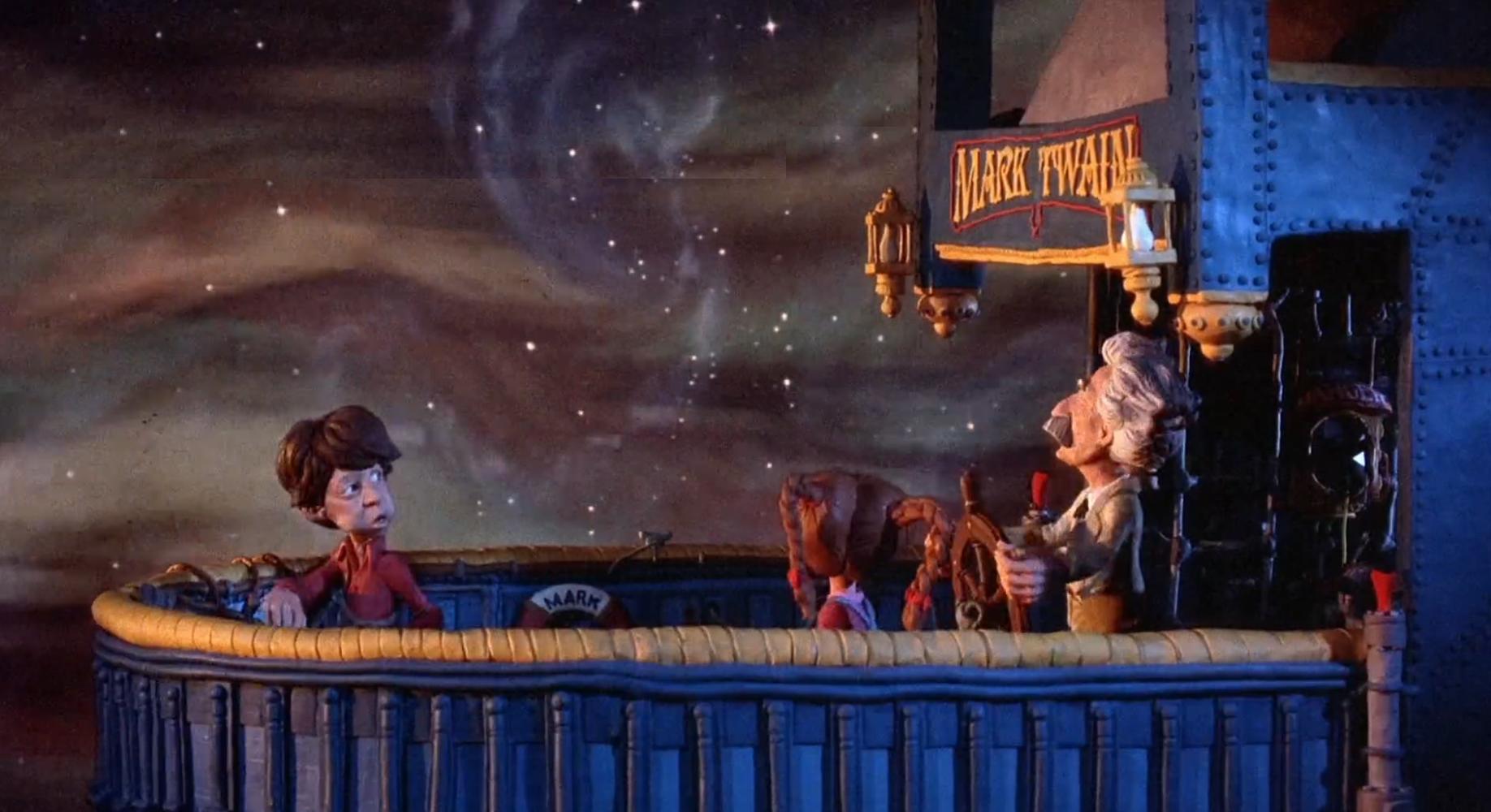
Structured like a series of vignettes based on the titular American writer’s works, this stop motion animated film embraces how playful and bizarre the medium of clay can be, showing us everything from whimsical jumping frogs, to Adam and Eve, to Satan himself. But even if The Adventures of Mark Twain might get too weird even and rough around the edges even for a hardcore animation fan, there’s an interesting emotional undercurrent here that deals with unanswerable questions on death and the meaning of life. Thanks to a lively and talented cast of voice actors, this fantastic voyage keeps itself grounded to something tangible and heartfelt, and never gets swept up too far into the clouds.
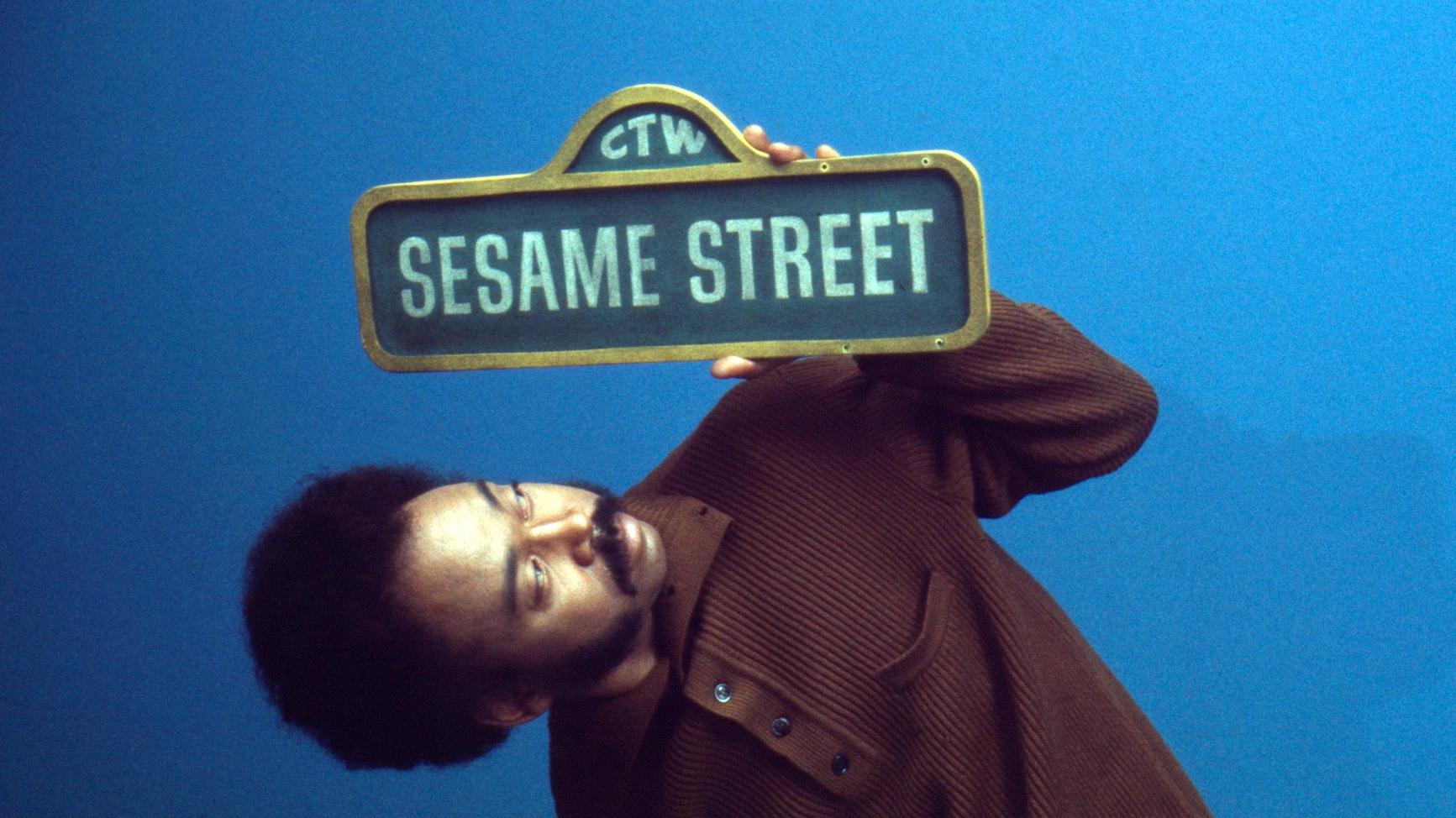
For kids and kids-at-heart who find Jim Henson’s technical mastery of puppets riveting, this documentary on the classic and still-contemporary Sesame Street provides a ton of behind-the-scenes footage that’s endlessly fun to watch. Street Gang rebuts any arguments that could be made about children’s TV being low-effort—showing just how much craft is needed in a show like this. But more importantly, the film’s first act illustrates the risky process of building Sesame Street from the ground-up, specifically as programming for inner-city Black children who weren’t getting the education they deserved. It’s nothing short of an inspiration to see this ragtag group of creatives and communication experts—none of whom wanted to take sole credit—coming together like a superhero team to create one of the most iconic and enduring TV shows in American history.
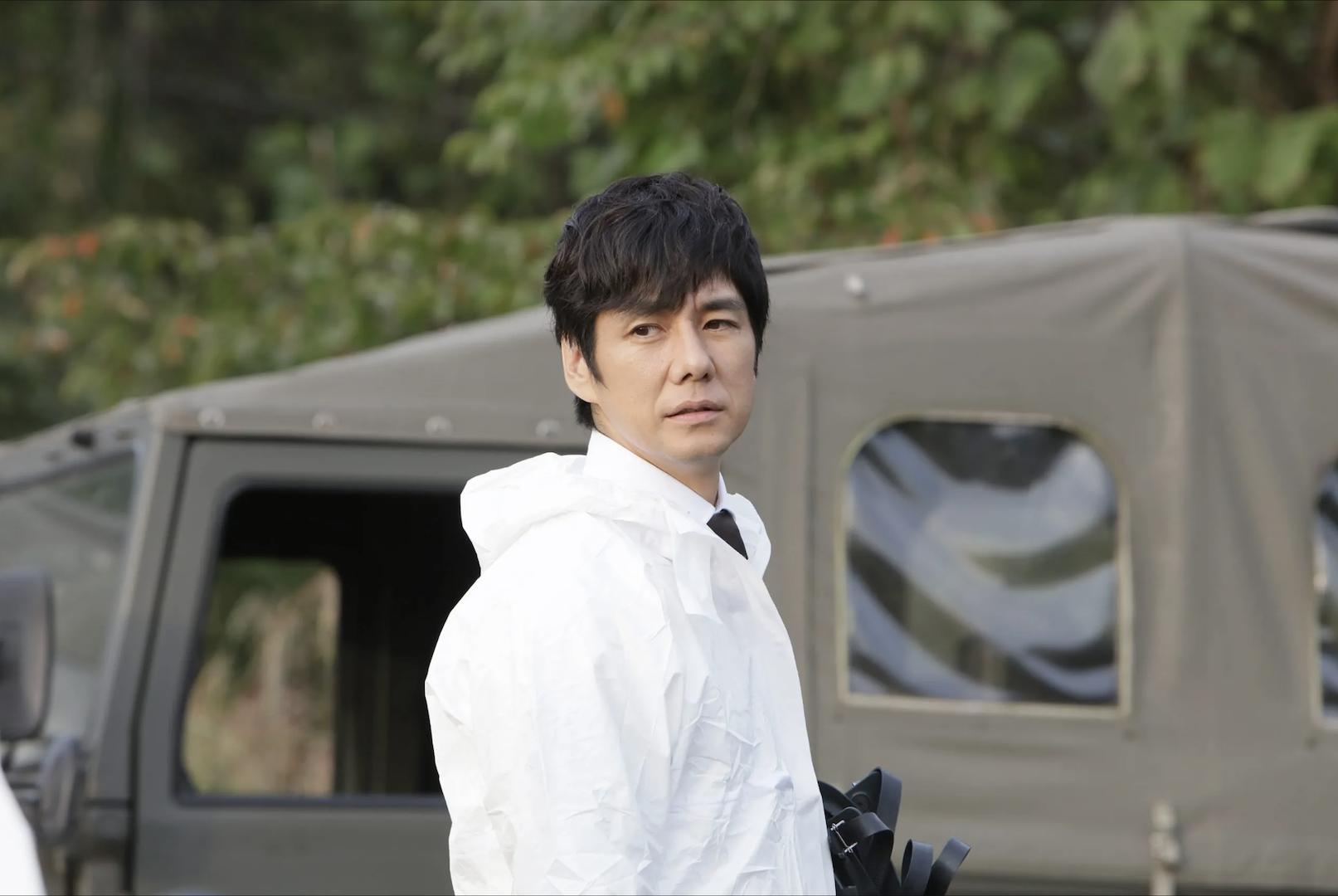
Although this adaptation of the 1960s TV show feels like four episodes of material crammed into a feature runtime, Shin Ultraman really does squeeze as much as it can out of every scene, sometimes to the point of exhaustion. Not only are the action scenes as ridiculous as they should be—still imitating the clunkiness and the theatricality of classic Japanese tokusatsu—but even sequences of exposition are made to feel urgent and breathless by breakneck comedic editing and by placing the camera in the weirdest positions for the quickest shots. And somehow, Shin Ultraman still doesn’t feel like it’s making fun of its source material. It’s an honest-to-goodness sci-fi superhero movie that’s much more insightful about the nature of international crises than Hollywood tends to be.
The Dark Crystal is a fantasy film that follows Jen (Stephen Garlick), who is tasked to save his people by restoring the cracked dark crystal before it’s too late. It’s a typical heroes tale, the story and dialogue nothing you’ve never heard of, but The Dark Crystal has since garnered a cult following and continues to stand the test of time because it’s a technical wonder. The first live-action film to feature zero humans, it features special effects, physical contraptions, beautiful scenery, and of course impressive puppets crafted by director Jim Henson, the same pupeteering mastermind behind The Muppets and Labyrinth. The film’s magical world of Thra was expanded in the Netflix series of the same name, which itself has garnered great acclaim from critics and fans alike.
A life lived for loved ones is a good thing, but there’s always a risk that that sacrifice goes unnoticed, since the opportunity cost was never fully concrete in the first place. That is what happens in Whisky. With his brother Herman visiting from greener pastures, Jacobo has not much to show for his choice to stay home. While that choice was made to care for their mother, who passed away, Jacobo only has the sock factory to fill his days, and thus only has his co-worker Marta to rely on for a fake marriage scheme. It sadly doesn’t play out the way we’ve seen in romantic comedies, but Whisky pokes fun at Jacobo’s insistence on misery and his misguided notions on what it means to be successful.
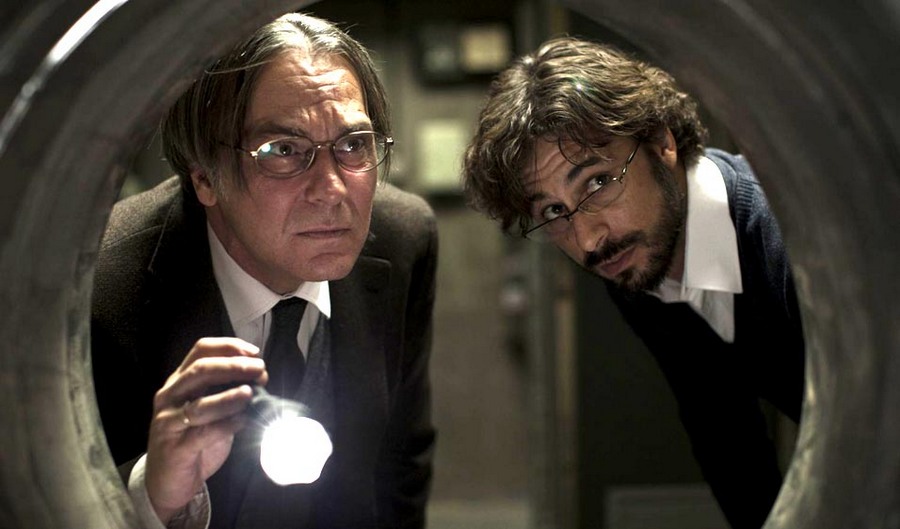
Without a shadow of a doubt, one of the most gripping thrillers in recent years. It starts in a morgue where a corpse of a deceased femme fatale goes missing. Her husband is the first person to be suspected as evidence starts pointing to him for killing his wife and hiding the body. He is called by the police to the crime scene to help with the investigation that is led by a shady detective. The film then takes you on a journey filled with reflections on marriage, deceit and the character’s urge to safeguard whats their own and the territories they are willing to cross to keep it. Drawing you into the atmosphere from the very start, it refuses to let you go out of it. All while maintaining a simple premise.
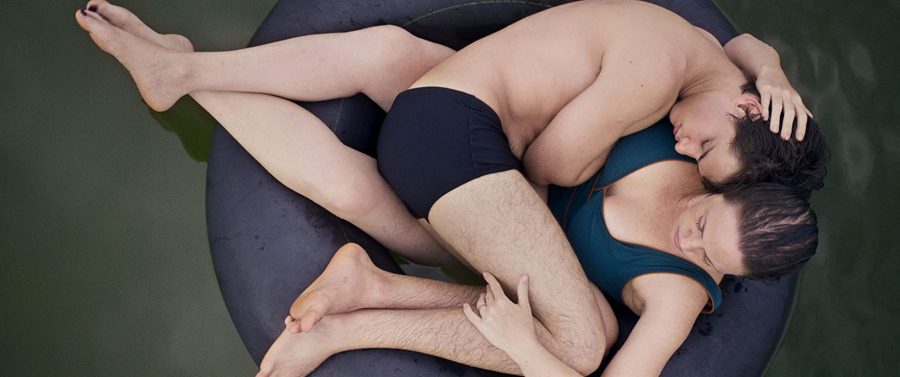
This Brazilian drama is about a loving mother of four, Irene, who has to deal with the upcoming departure of her eldest son. This news triggers Irene’s anxiety, who is trying to finish her high-school diploma as well as building a home for her kids.
Loveling is about being relentless in one’s pursuit of improving their situation, about empty-nesters syndrome, and the ups and downs of family life in general.
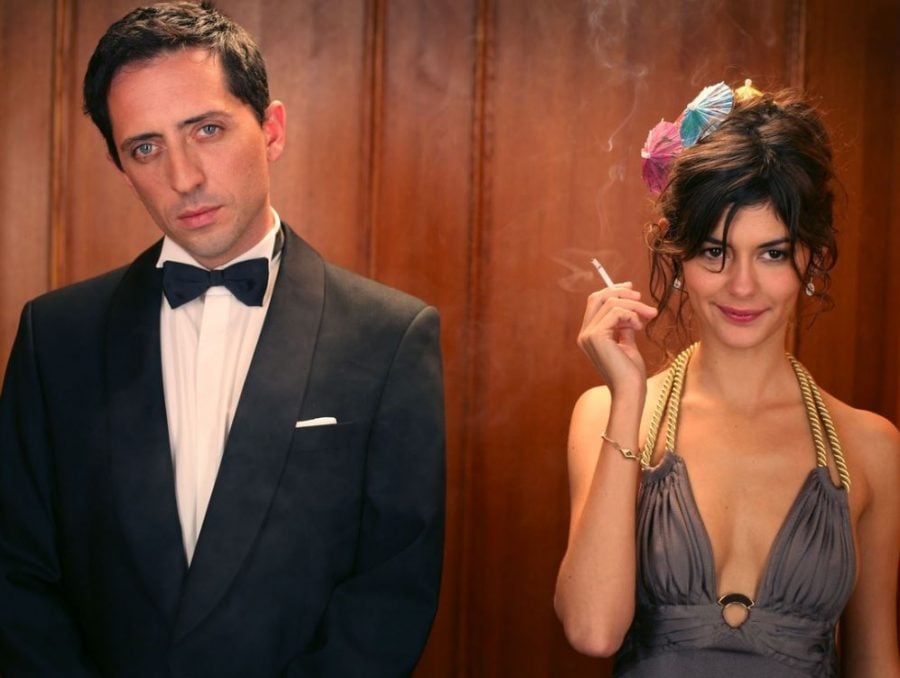
This easy French rom-com from 2006 is about Jean, a poor barman played Gad Elmaleh, who lies about his profession to date Irène, played by Audrey Tautou.
Irène has the habit of dating wealthy men to fund her lifestyle, she quickly realizes that Jean does not fit that description. Determined to do everything he can to win her over, Jean himself starts dating wealthy women.
Priceless, or Hors de prix, is a fun and light romcom with excellent lead performances.
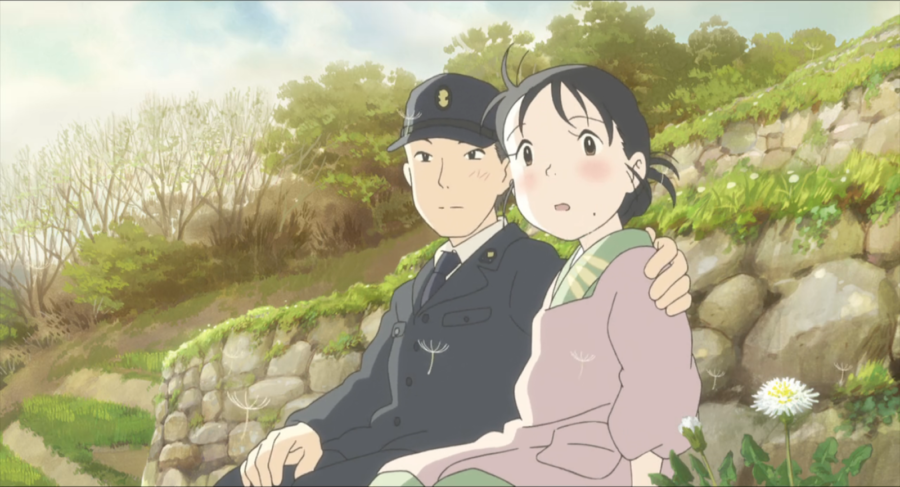
Prior to being defined by that fateful bombing in 1945, Hiroshima was like any other city outside of Tokyo; small but full, quiet but busy, and in the midst of a slow-but-sure journey to modernization. We experience the rich and intimate details of this life through the kind-hearted Suzu, who herself is stuck between the throes of old and new. She is an ambitious artist but also a dedicated wife; a war-wearied survivor and a hopeful cheerleader.
Set before, during, and after the Second World War, the film starts off charmingly mundane at first, but it quickly gives way to inevitable grief in the second half. One stark tragedy follows another as it becomes increasingly clear how much we lose our humanity in war.
In This Corner of the World is the rare film outside of the Hayao Miyazaki canon that captures the latter’s heart for detail while still being graciously its own.
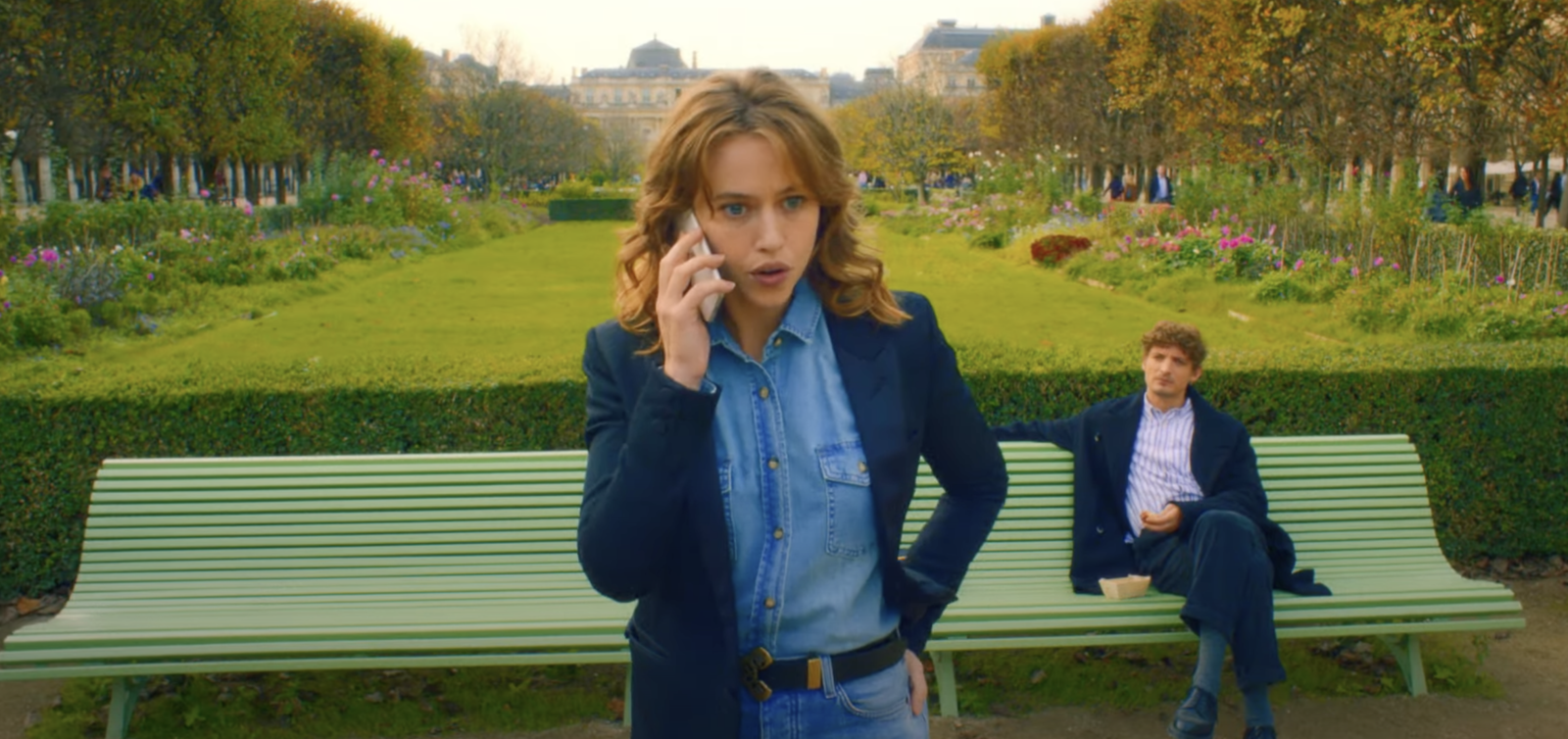
The humor, oh the humor! It’s a breath of fresh air to be laughing with a Woody Allen film and not at it. He is so good at capturing the cheekiness in meet-cutes, secrecies, and lies, all powdered with exaggerated Frenchness. Forgive my surprised tone, but Coup de Chance surpasses all expectations in the way it turns a rather banal plot into an entertaining game of cat and mouse, without overstepping the boundaries of good taste. In developing a story about female infidelity (or all infidelity, for that matter), one can be overly moralistic just to squeeze out laughs and empathy from the viewer, but Allen refrains from all those cheap tricks. His script is tight and at times ridiculously funny. Whether or not you get behind Fanny and her convoluted ways of seeking happiness, Coup de Chance will offer you plenty of instances to better understand the character in a constellation of other people, who are equally affected by her decisions. In a way, the film is a comedy of ethics as well — something the American director hasn’t successfully done in a long, long while.
Before Mean Girls and Clueless, there was Heathers, the darkly funny teen film that follows Veronica (Winona Ryder) as she tries to get in the school’s most popular clique, the Heathers. What makes Heathers timeless is its scathing satire. You’ll find yourselves chuckling at dark themes, although Heathers reminds you that that’s the point. Beneath the darkness and comedy, it tells a poignant story about wanting to be seen and head, which can be particularly hard if you’re a young person. you’ll be hard-pressed to find a teen film that’s as sharp and bleakly funny as this.

Gangsters usually deal in guns and drugs, but occasionally they branch out into other paraphernalia. Bullhead depicts one such gang. Nicknamed by the media as the Hormone Mafia, the crime thriller captures an organized crime network that threatens local cattle farmers to buy their stock of illegal growth hormones. Of course, the setting makes for a distinctly pastoral twist to the usually urban-set gangster thriller. The protagonist’s traumatic incident and the way he attempts to resolve it could only happen in a farm like this. However, fans of the genre will still enjoy the familiar themes of masculinity, revenge, and betrayal, especially with the intense breakthrough performance of Matthias Schoenaerts.

A documentary about girls and young women in developing nations around the world facing and confronting a myriad of cultural pressures and injustices. The personal stories of nine girls are written by celebrated female writers from their individual countries (spanning The Americas, Africa and Asia), recreated in dramatic fashion by director Richard Robbins, and narrated by famous actresses including Cate Blanchett and Meryl Streep. Despite the often horrific nature of the girls’ hardships (slavery, rape, forced marriage, etc.), the film is an uplifting testament to the power of hope and determination, and a strong advocate for education as the key to advancement for young women the world over. It’s an important cinematic achievement and an undeniably necessary educational experience.
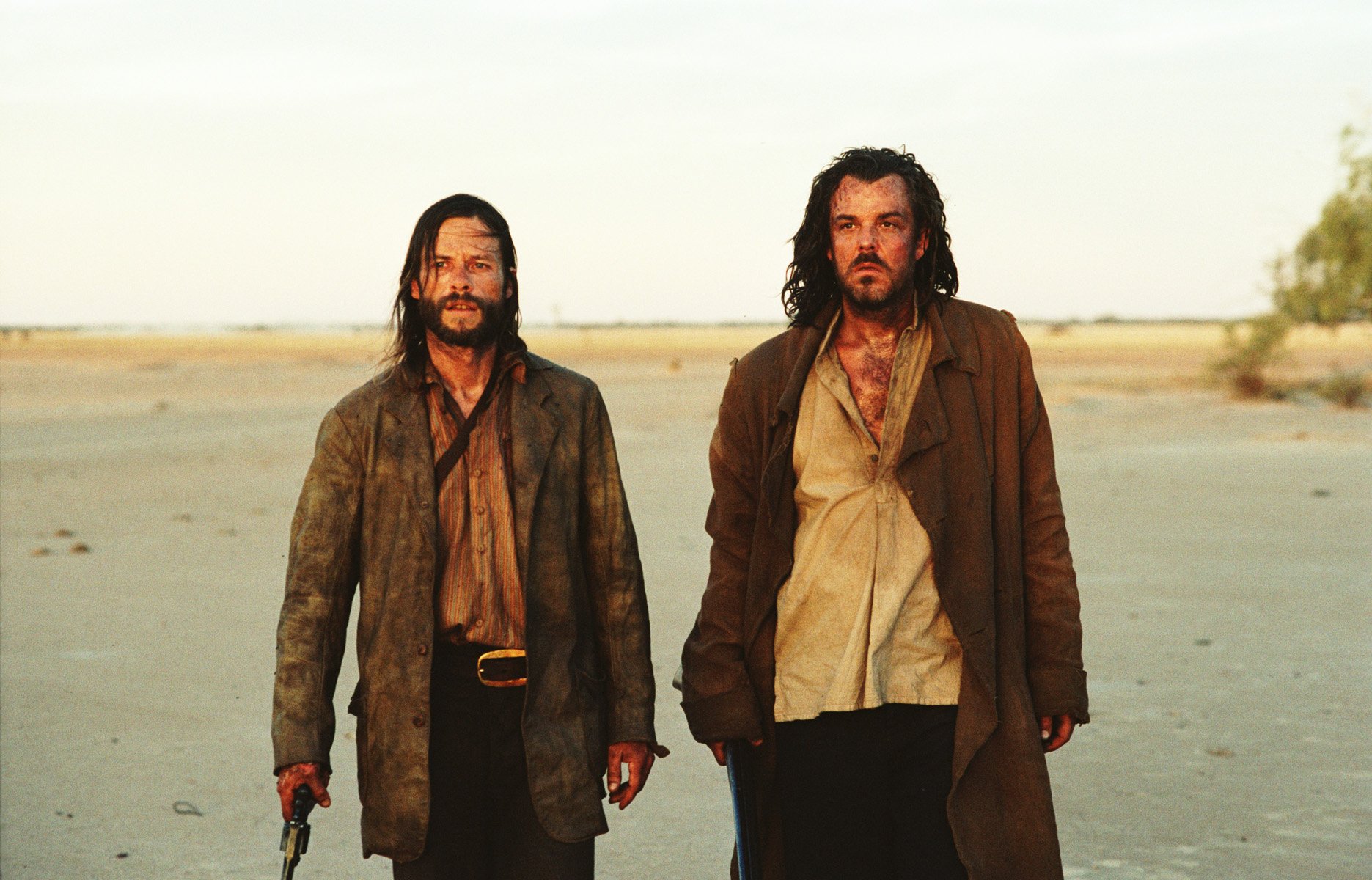
The Western had its heyday in the 60s, but the decades have proven that there’s still stories from the deserts that we haven’t heard yet, and gems that twist the genre on its head. The Proposition is a unique Western, being from the East, in Australia where the Brits have started to form colonies. As the British Empire builds society, and the police start to enforce the King’s justice, writer Nick Cave and director John Hillcoat crafts a bloody tale, where promises between men are betrayed for the State, where vengeance can only be met through brutality, and where the line between civility and savagery is drawn and moved by the will of an angry majority. The Proposition is quite violent, but it’s performed well, scored by a moody, moving soundtrack, and it surprisingly contemplates Australia’s bloody past.
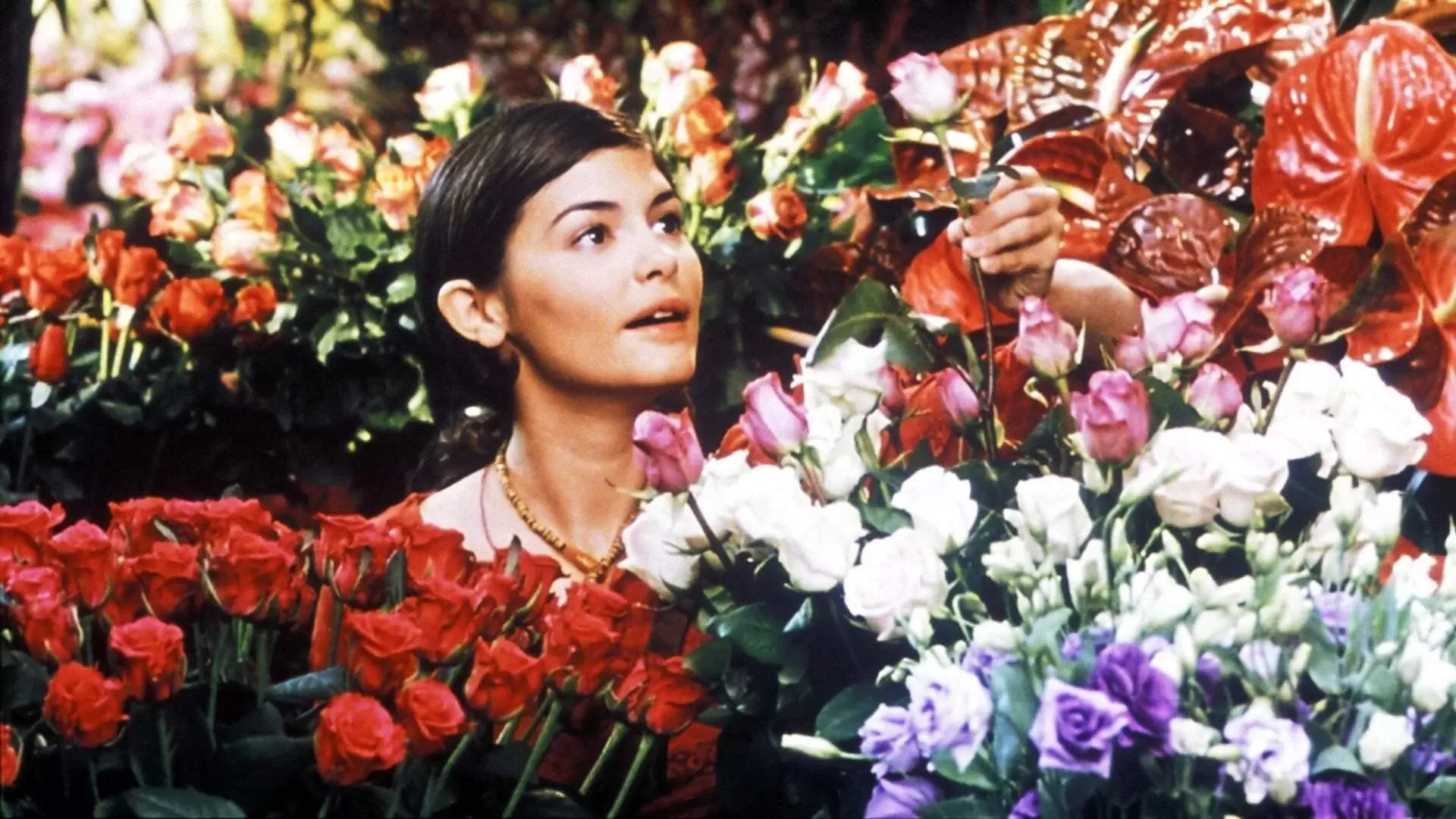
With plenty of old men having extramarital affairs, taking advantage of younger women and leaving them forlorn in love, it can feel deceptively easy to take sides in the first forty minutes of He Loves Me… He Loves Me Not. Who wouldn’t side with Angélique, especially with the innocent, childlike face of Audrey Tautou? And yet, when the twist occurs, the film fills the gaps in totally unexpected ways, gradually escalating to a terrible and sad conclusion about this seemingly romantic girl. It’s hard to further talk about He Loves Me… He Loves Me Not without getting into spoiler territory, so if this is the first time you’ve heard of the movie, go and watch it without any context.
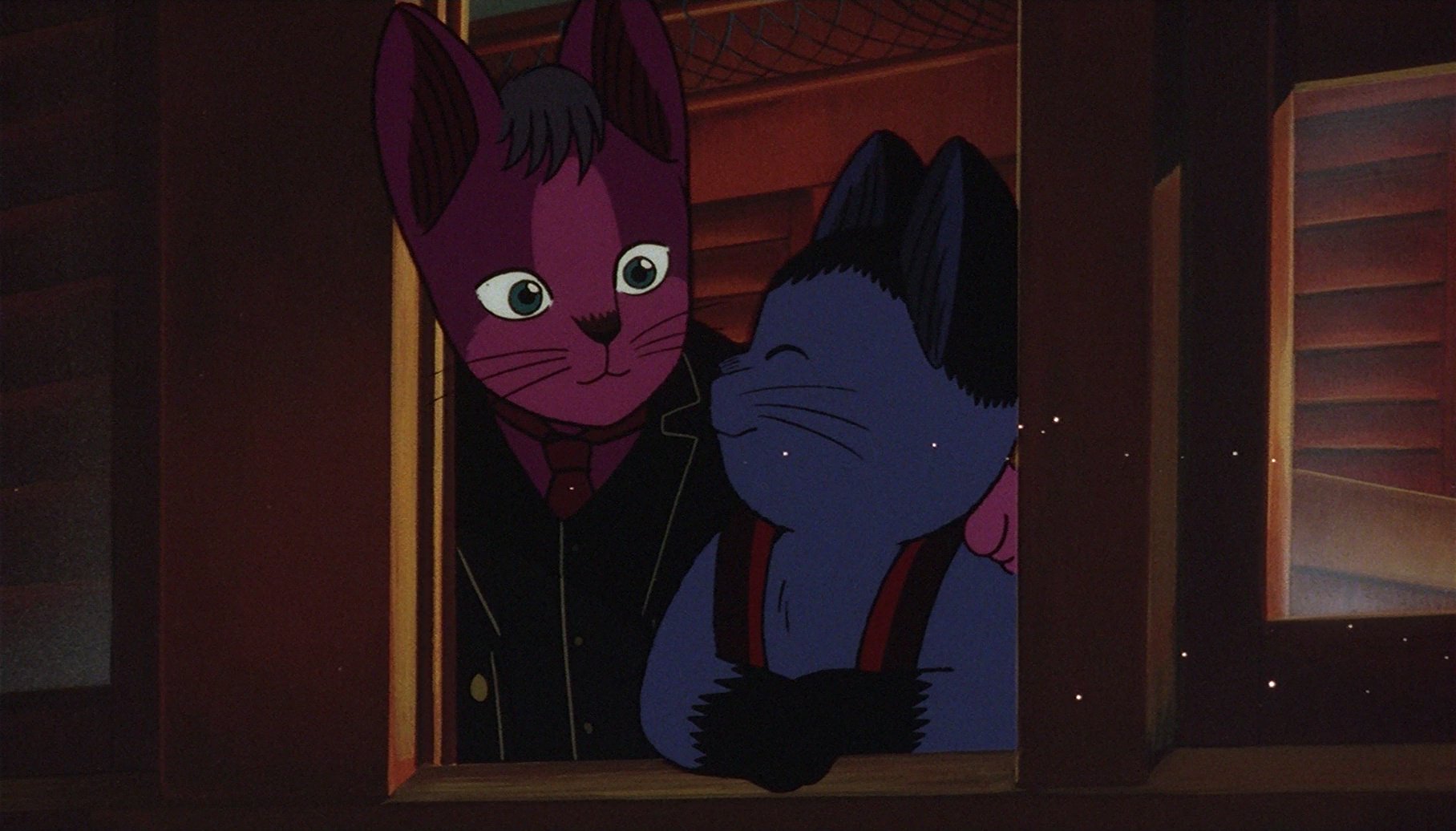
When a film adaptation takes the story of a beloved Japanese children’s novel, and depicts the characters travelling to heaven as cats, it kinda seems like a random addition. Yet, this decision makes sense for Night on the Galactic Railroad, because while the magic and the dreaminess of the trip to the stars still remains intact, the cats keep a bit of the mystery in a visual manner and keep the touch of whimsy as the train ride leads into darker and heavier turns. The visual poetry and the thoughtful way the film contemplates the novel Kenji Miyazawa wrote in grief makes Night on the Galactic Railroad one to remember.
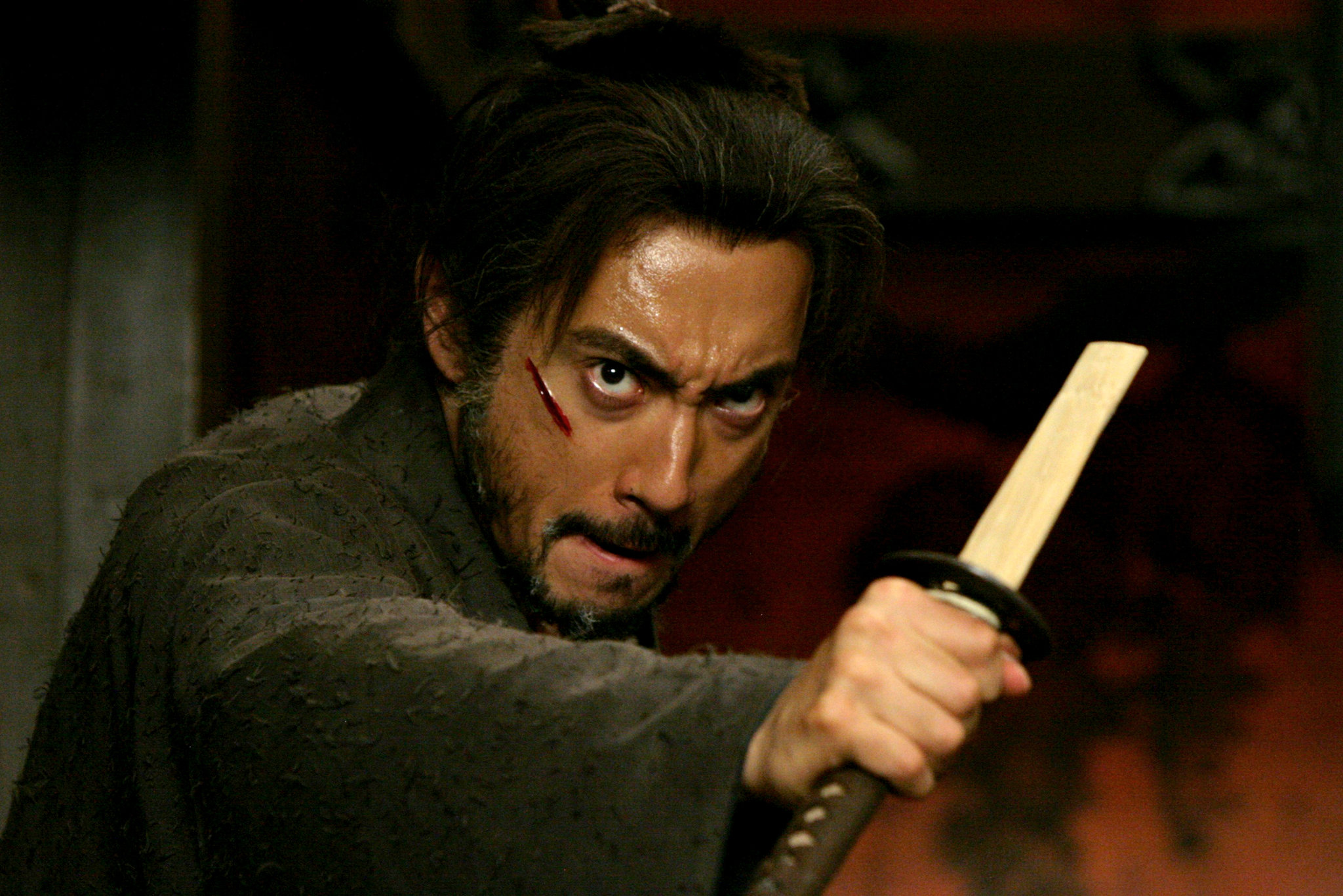
Given that it is a modern day, colored film remake of a classic, Hara-Kiri: Death of a Samurai was always going to be compared to the 1962 film, especially since it’s considered one of the greatest Japanese films of all time. Admittedly, there’s not a lot added aside from the 3D filming, and for fans of director Takashi Miike, the remake is much more restrained than his other films. However, Nobuyasu Kita’s cinematography is striking, Ryuichi Sakamoto’s score is impeccable, and the performances still deliver on the film’s contemplation of honor, sacrifice, and the self-interest of the elite. Hara-Kiri: Death of a Samurai doesn’t compare to the classic, but it’s nonetheless a decent introduction for the generations that missed the original story.
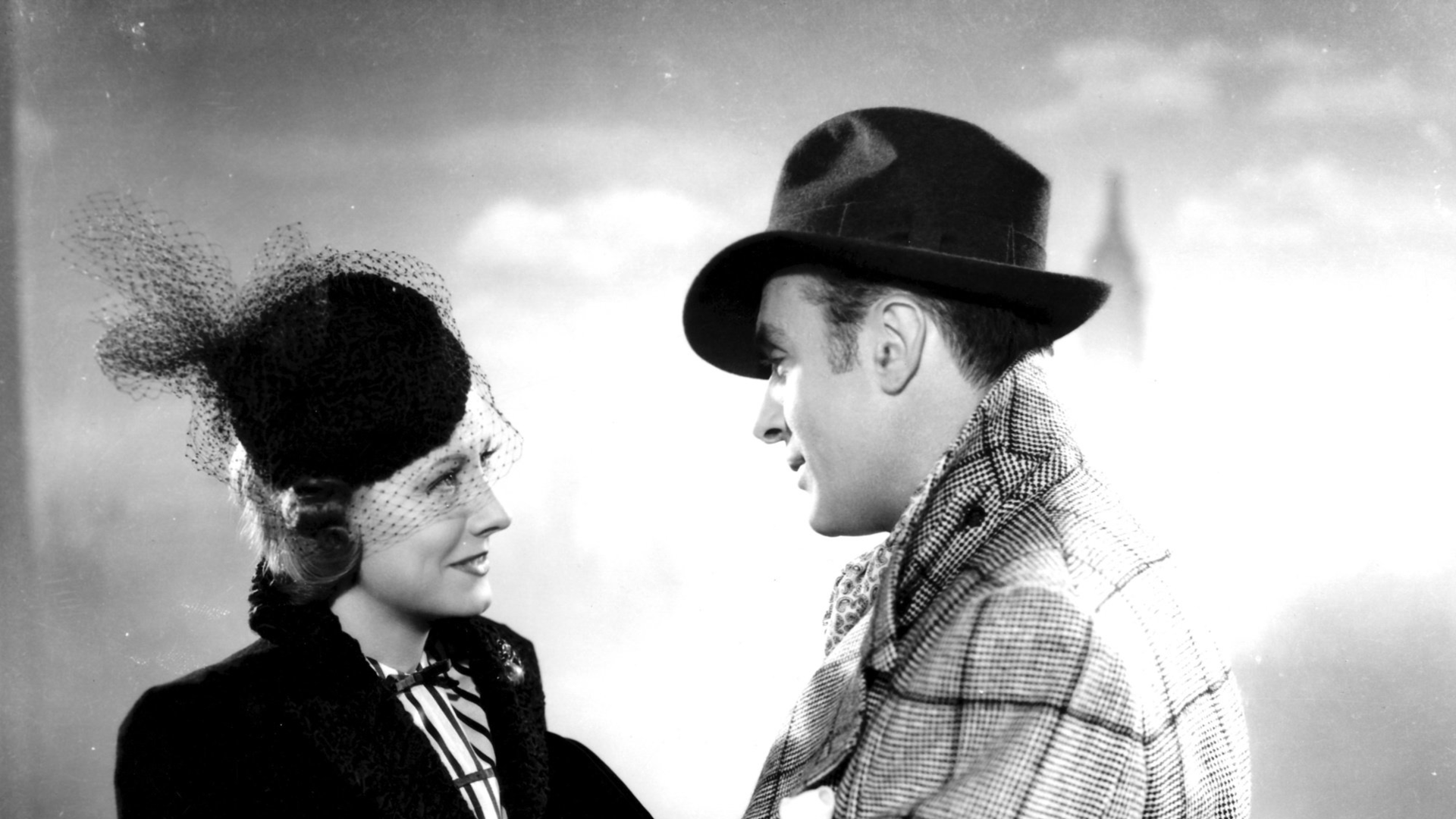
Has there ever been a romance film more iconic than Love Affair? Modern moviegoers might find the plot a tad simple, the scenes too reliant on dialogue, and the pace a bit slow, but this film is a classic for a reason. Love Affair works through good ol’ fashioned chemistry. It’s easy to credit this dynamic through the performances, which, yes, Irene Dunne and Charles Boyer deliver. But this dynamic was helped by the writing, with its natural slow build, great structure, and a relaxed demeanor that could only come about on vacation. It’s what makes the initial spark believable, and it’s so satisfying to prove that spark to be worth it when they continue to think the best of each other even when they have reason to believe otherwise. While its remake An Affair to Remember surpassed it in popularity, Love Affair still stands the test of time, setting the standard for all romance films to follow.
Labyrinth is a fantasy film starring a young Jennifer Connelly as Sarah Williams, a teenager who wishes her infant brother away to the goblins. Immediately regretting her decision, she pleads to the Goblin King, played by David Bowie, for his safe return. He agrees, but only on the condition that she escapes his massive, trap-filled labyrinth. Connelly is charming as a young woman learning an important lesson in family and appreciation, while Bowie is dazzling as a maniacal ruler, but the film’s true magic comes from the puppets that populate the labyrinth. They’re the handiwork of director Jim Henson, the man famously behind the Muppets and Dark Crystal universe. Labyrinth stands the test of time thanks to the intricate designs of the goblin world and the lively movements of the puppets. In an era where CGI reigns supreme, and AI threatens to smooth out hard work, Labyrinth is proof that there’s beauty to be found in the fine, hand-crafted details.
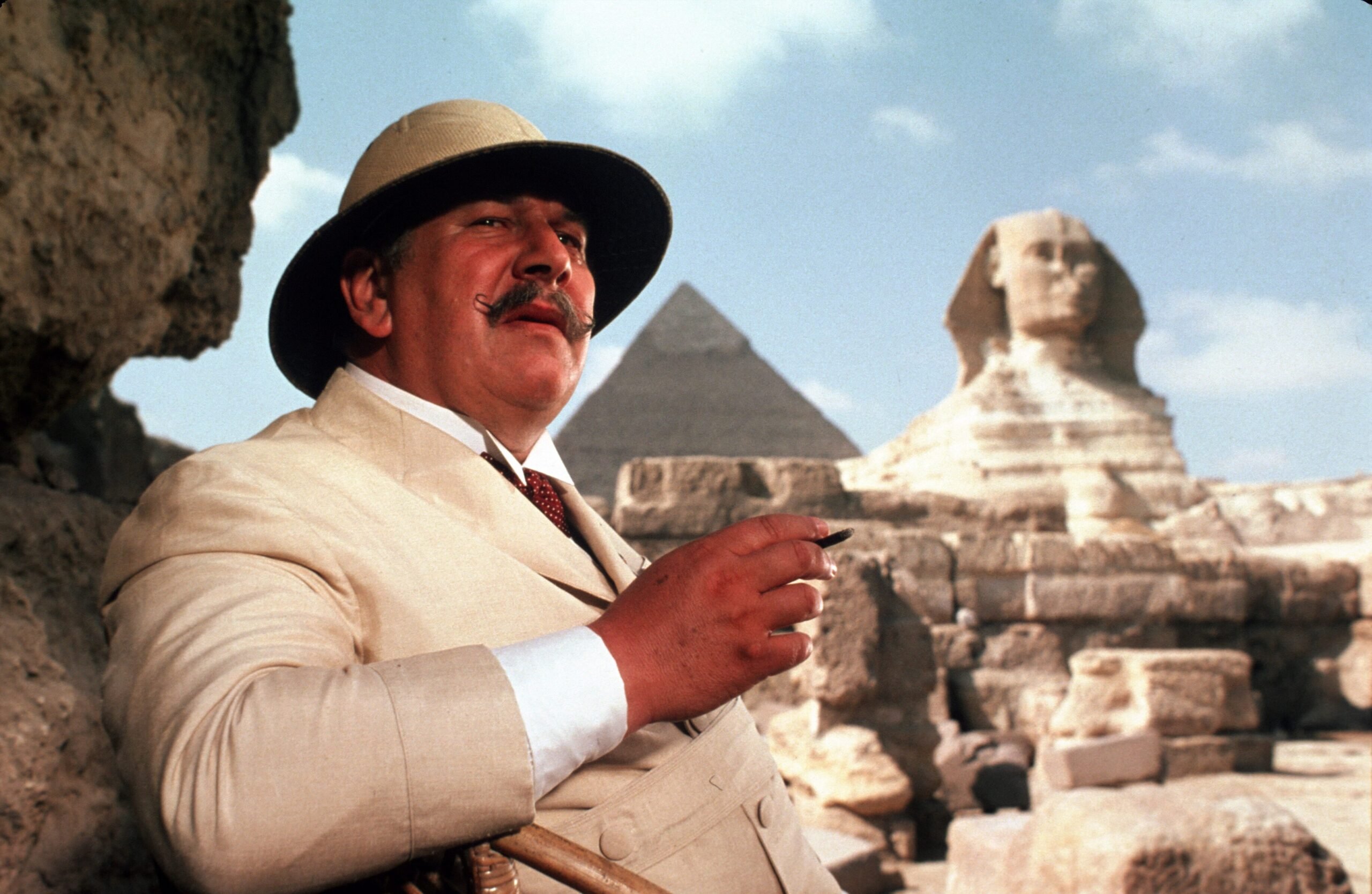
Comparison to the latest adaptation aside, there’s plenty to enjoy from the 1978 version of Death on the Nile. For one, the cast is stacked– Maggie Smith, Angela Lansbury, Bette Davis, Mia Farrow, and Jane Birkin join Peter Ustinov in his first stint as the detective Hercule Poirot. And for another, as Poirot goes through his murder investigation, the humorous script allows the cast to shine. The combination, along with the Academy Award winning costumes, spectacular locations and great cinematography, made this adaptation an enjoyable one. Death on the Nile might not live up to Murder on the Orient Express, but nonetheless it was a fun time seeing these stars suspect each other in this riverside cruise.

Admittedly, Giovanni’s Island can seem a bit derivative. Not only does it take on a similar vibe to Studio Ghibli’s Grave of the Fireflies, but the film also makes multiple references to Kenji Miyazawa’s Night on the Galactic Railroad. Thankfully, new viewers don’t need to watch either to understand this film. Giovanni’s Island gets all the important stuff right. From the horrors of war to the connections made across sides, the film depicts this heartbreaking story through beautiful animation, lovely music, and a respect to the storytelling that has helped Japan reckon with the war. Giovanni’s Island remembers the nation’s grief, but also the hope of building all over again.
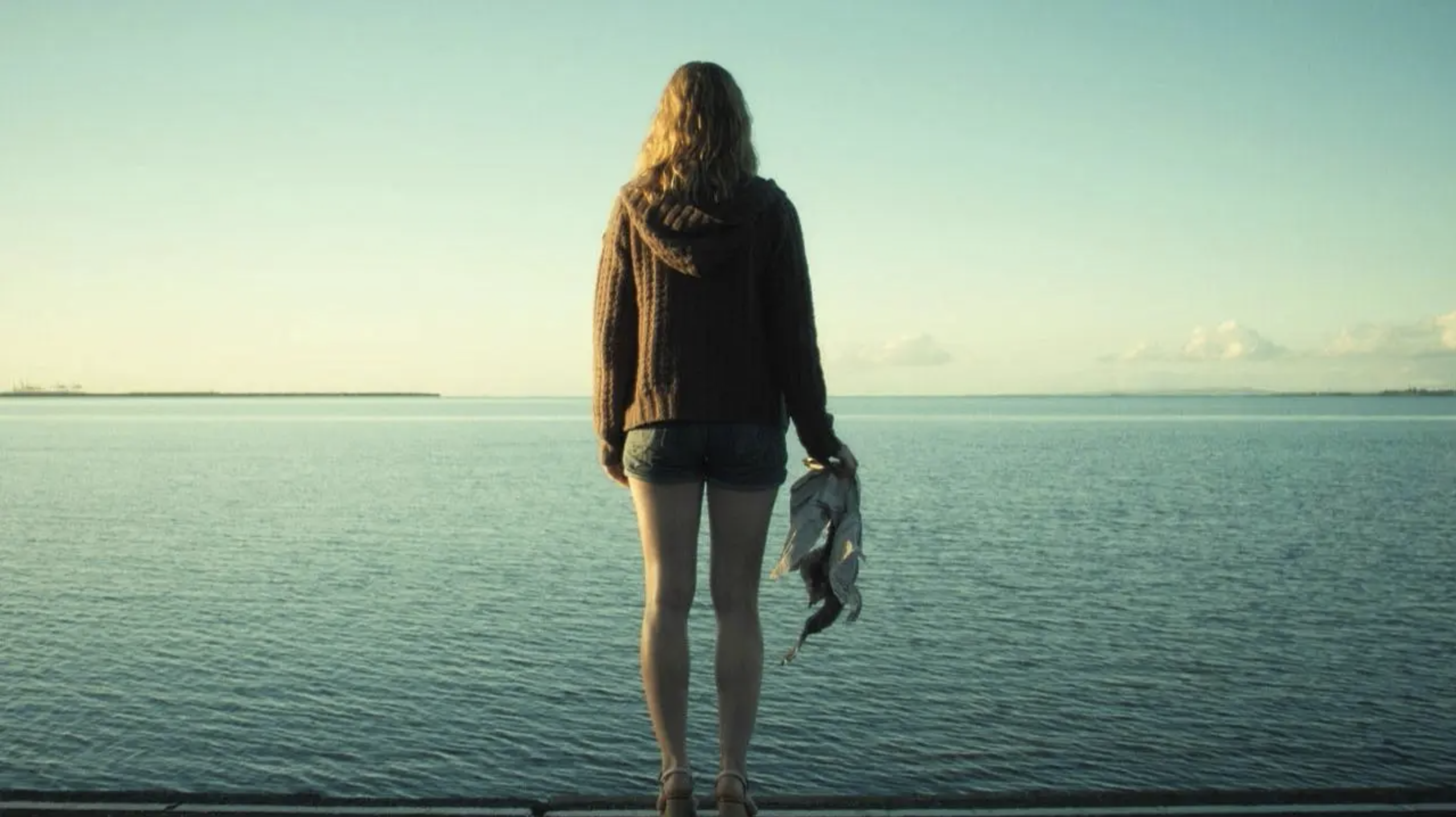
A woman joins some acquaintances on a sailing trip only to get caught in a storm. They are rescued by a seemingly empty cruise ship and struggle to make sense of the mysteries that unfold. Definitely one of those “The less you know the better” type of films. If you like well-written creepy thrillers with a nice amount of gore, you will most likely enjoy this.

A quiet documentary that was released to celebrate the British Royal Air Force’s centenary, Spitfire tells the story of the famous plane that younger audiences might only recognize from movies like Dunkirk or Darkest Hour. It features gorgeous footage of the last remaining planes in service flying over the British coast, testimonies from pilots who are still alive and a reminder of the key role that this plane once served. It feels like an attempt to capture and archive the importance of the plane, but also of its pilots, who for the most part were young kids with little training, but who, with time, learned valuable lessons from warfare. A must for aviation fans and a great option for anyone looking for a quiet movie to watch with their family (grandparents included).
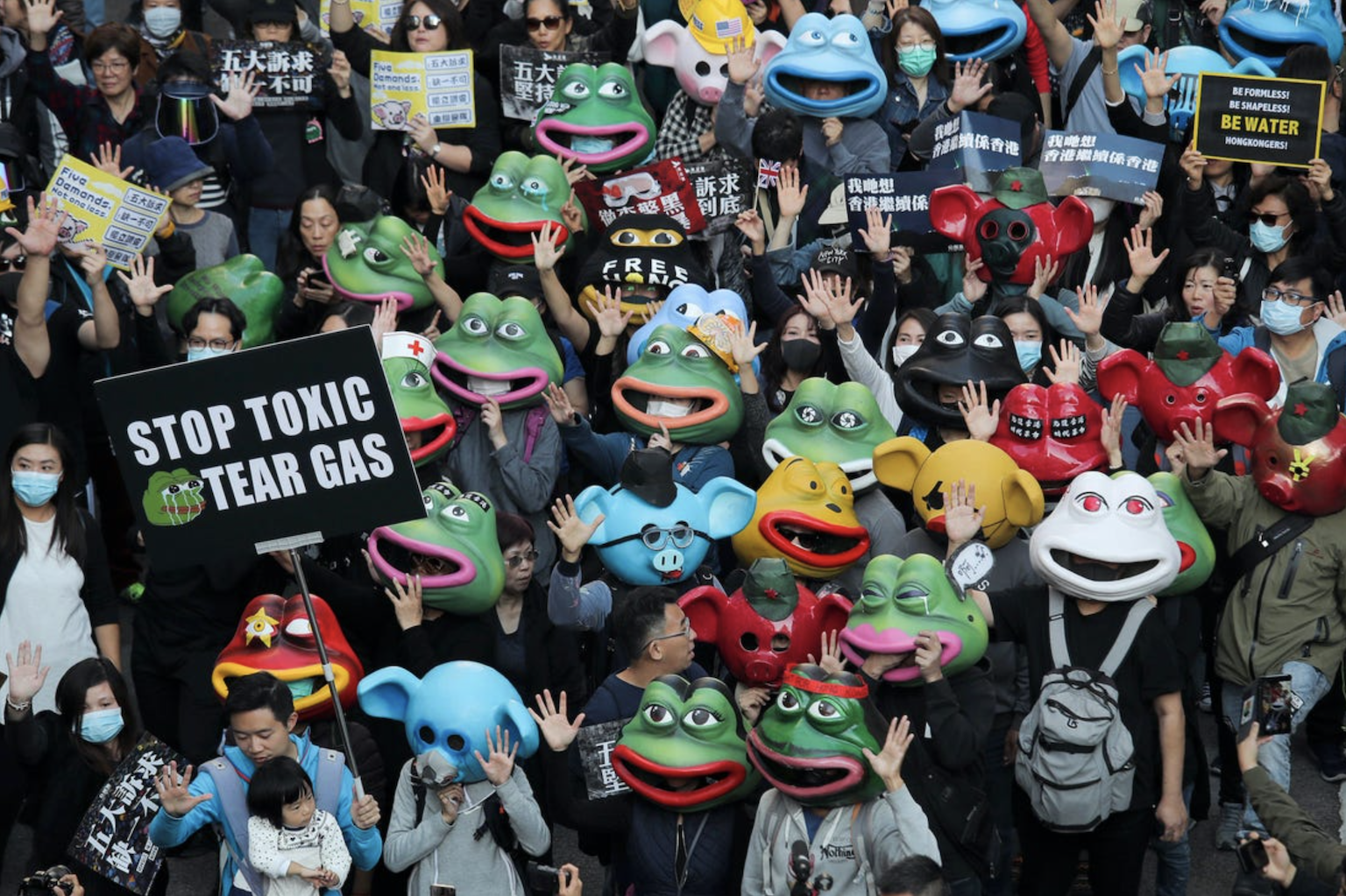
For those of us who don’t lurk on internet message boards and participate in social media culture, a documentary about memes might seem frivolous. But Feels Good Man steers the conversation into one about semiotics: the way images become symbols and can continue transforming—from a harmless expression of the self, into a hateful banner for bigotry, into a cry of protest and freedom. As his Pepe the Frog creation takes on a life of its own, artist Matt Furie attempts to reclaim ownership of it and finds that the relationship between an artist and their own work can be as difficult as any toxic relationship. It’s a bleak view of how unfeeling internet culture can be, but it reminds us that we always still have some power to beat the hate.
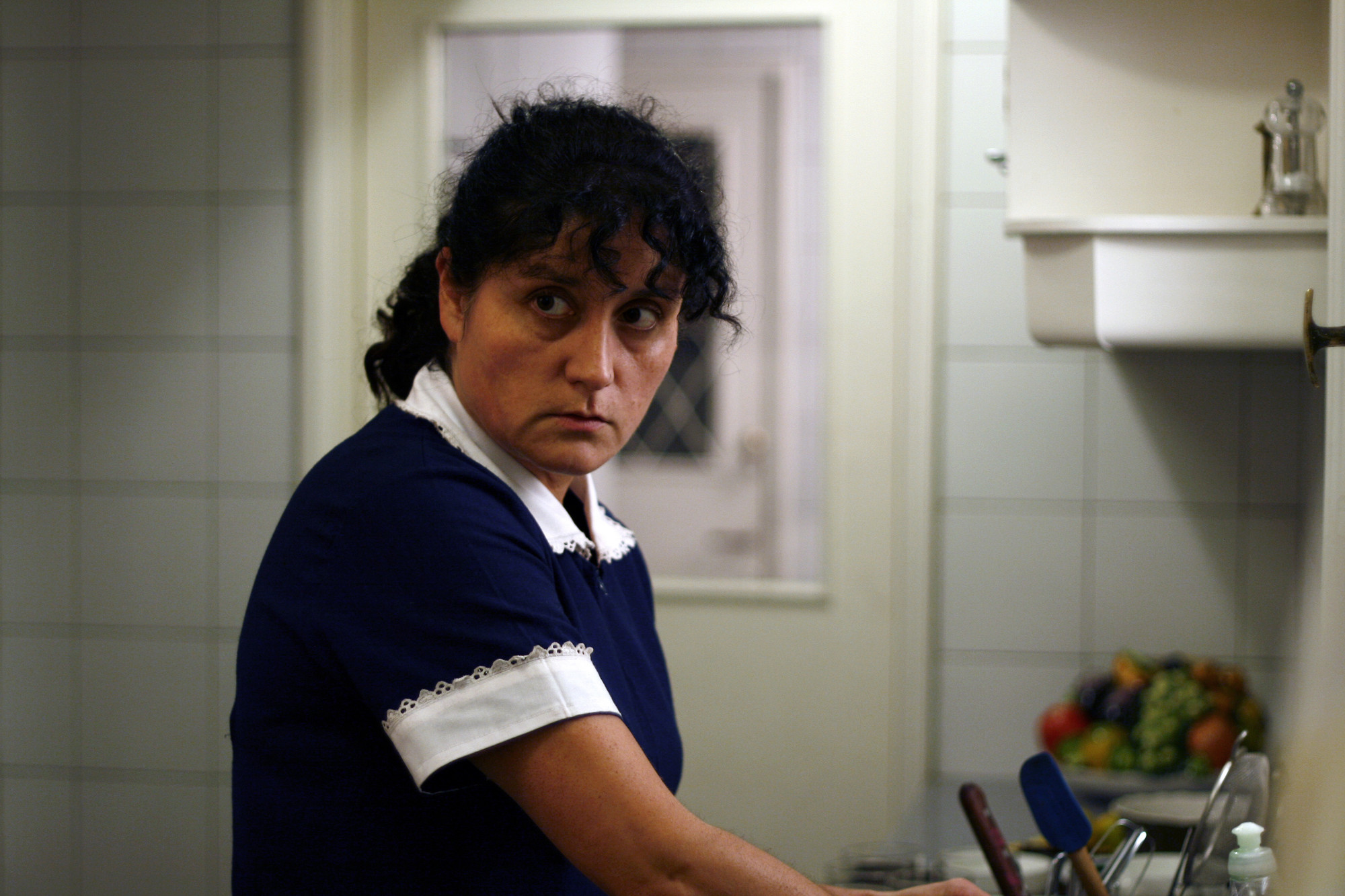
No one likes to be replaced. Even when it gets difficult, hardwork and years put in effort to take and keep these roles makes it feel precious, and that’s exactly how househelp Raquel feels in The Maid. It’s a funny domestic comedy, with a scowling Catalina Saavedra ready to protect the role she’s held onto for years, but Saavedra and writer-director Sebastián Silva crafts an empathetic, realistic character study of a woman so worn down from poverty, power imbalance, and having had no breaks that the rare instance of compassion feels like a threat. La Nana doesn’t quite critique the entire system that keeps Raquel in her role, but it’s a rare film that acknowledges the importance of rest and empathy in order to feel human.
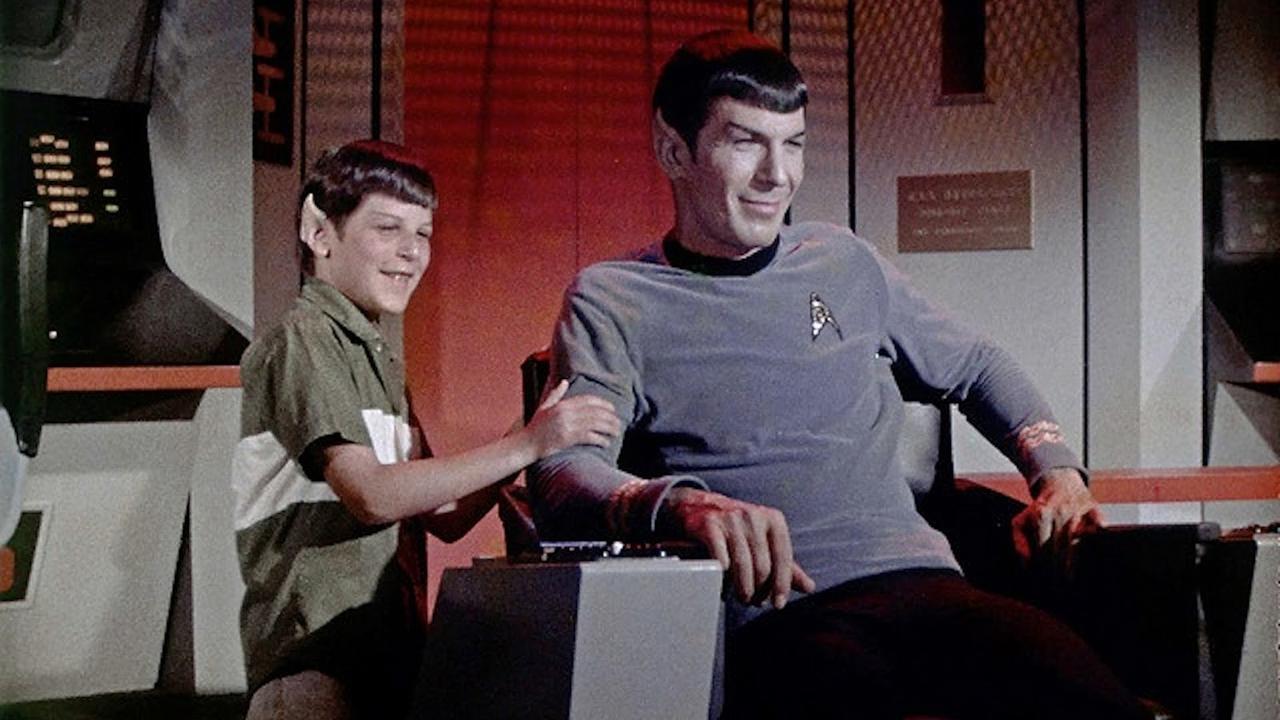
There are moments in cinema when the character and actor are irrevocably linked– to think of one is to think of the other, to the point that the line is blurred between both. One such pair is Spock and Leonard Nimoy, and, after his death, it was inevitable that the documentary about Nimoy would also be a documentary about Spock. For the Love of Spock is the first of two Nimoy documentaries, made by his son Adam, and it’s a lovely tribute to the iconic sci-fi legend that shifted the entire genre and the fan culture that emerged, but it was also a personal film where the family reckons with the fame that occurred as a result. Superfans might not learn that much about Spock (some of them are interviewed in the film), but For the Love of Spock is an excellent profile, even if it’s not as objective and logical as the character itself.
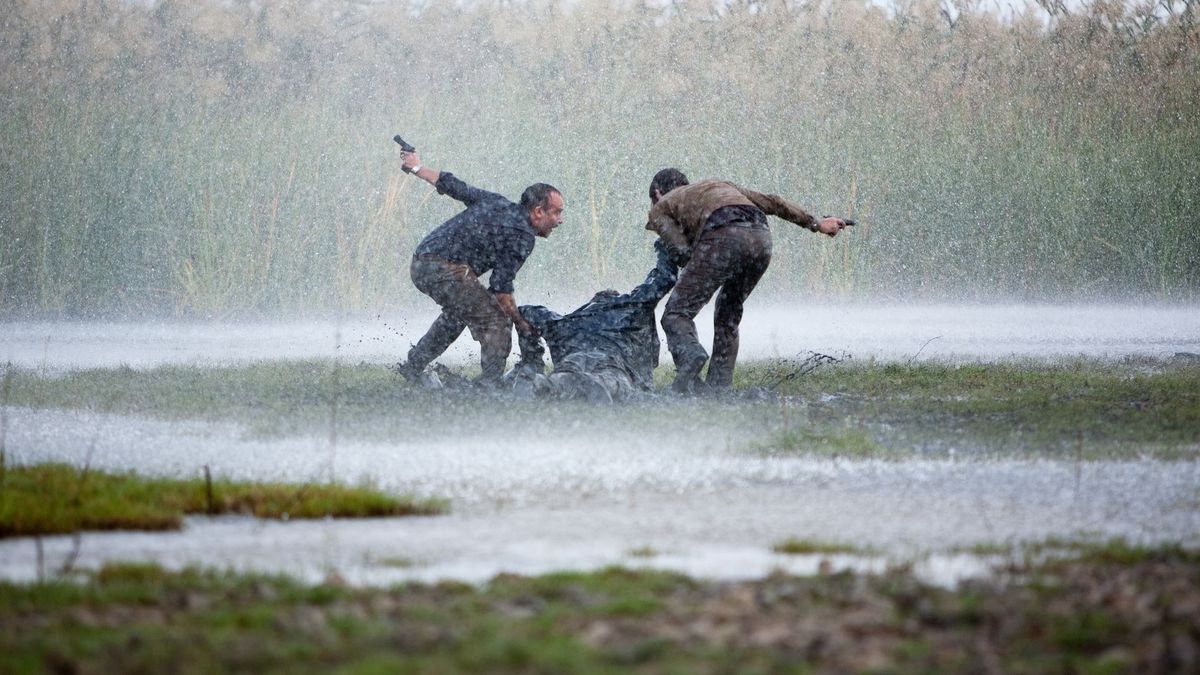
When a regime falls, what follows isn’t a clean slate– it lingers, and it haunts those that were able to survive, part due to what was done to them and part to what they have done. Marshland ostensibly is a police procedural investigating a series of women murdered in rural Spain, but it’s also a clash of ideologies between New Spain, that wants to unearth the injustices that haven’t been acknowledged, and Old Spain, that wants to let sleeping dogs lie. The two plot threads don’t weave together as neatly as it could be, but La Isla Minima still works on both fronts, recreating that feeling of betrayal within that key transition period of Spain.
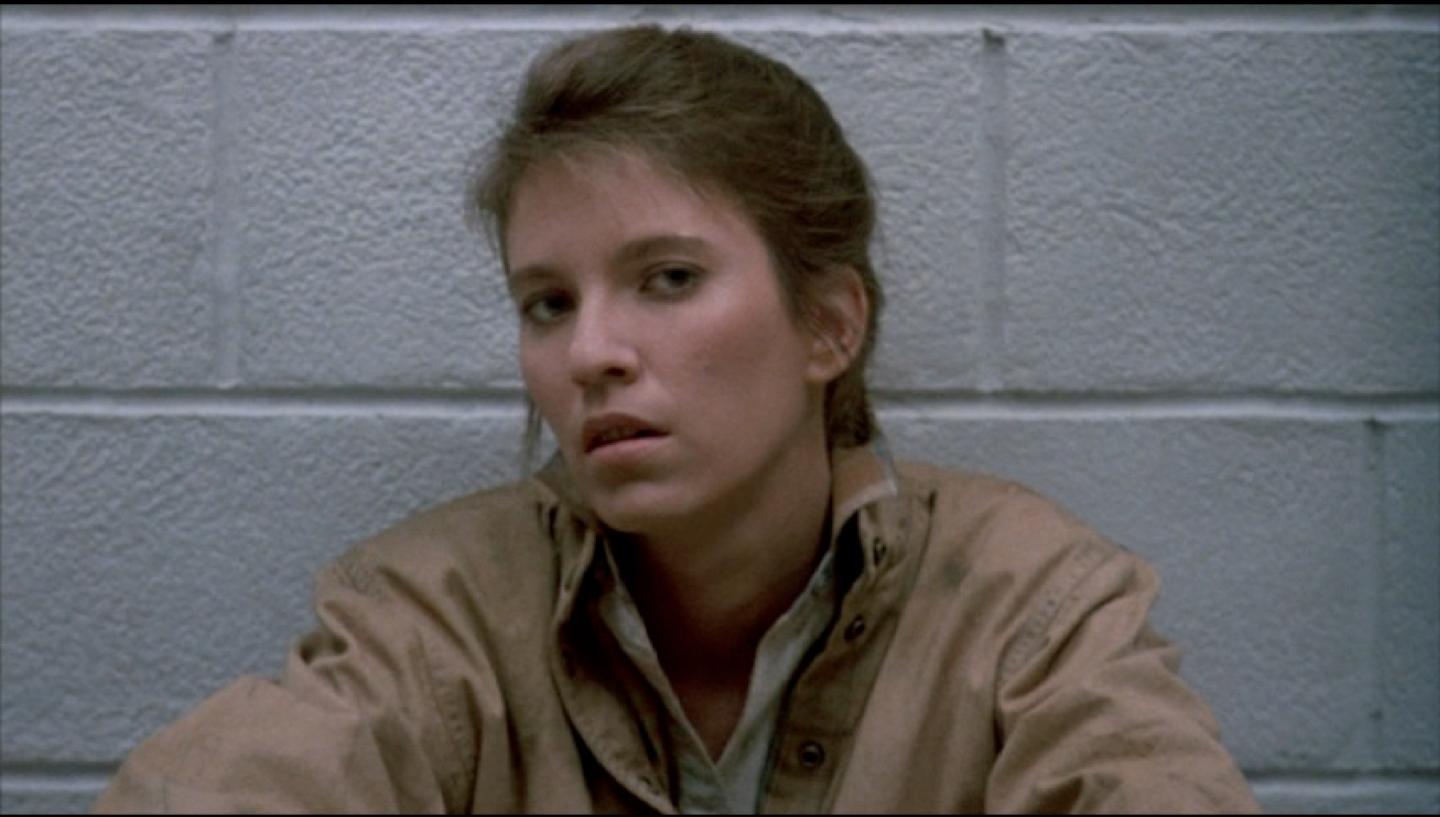
While zombies weren’t new in film, it wasn’t until writer-director George A. Romero’s Living Dead saga that the zombie as we know it today was created. Day of the Dead is the third in the franchise, and like Night and Dawn, Romero was more interested in the way humans were the threat, more so than the flesh-eating monsters, this time between scientific innovation and military force, both that are pushed to the extremes without any ethical restraint, and both being the very same concerns that America held at the time of release. And with Tom Savini and team’s groundbreaking special effects, it’s no wonder that Day of the Dead became a horror classic.
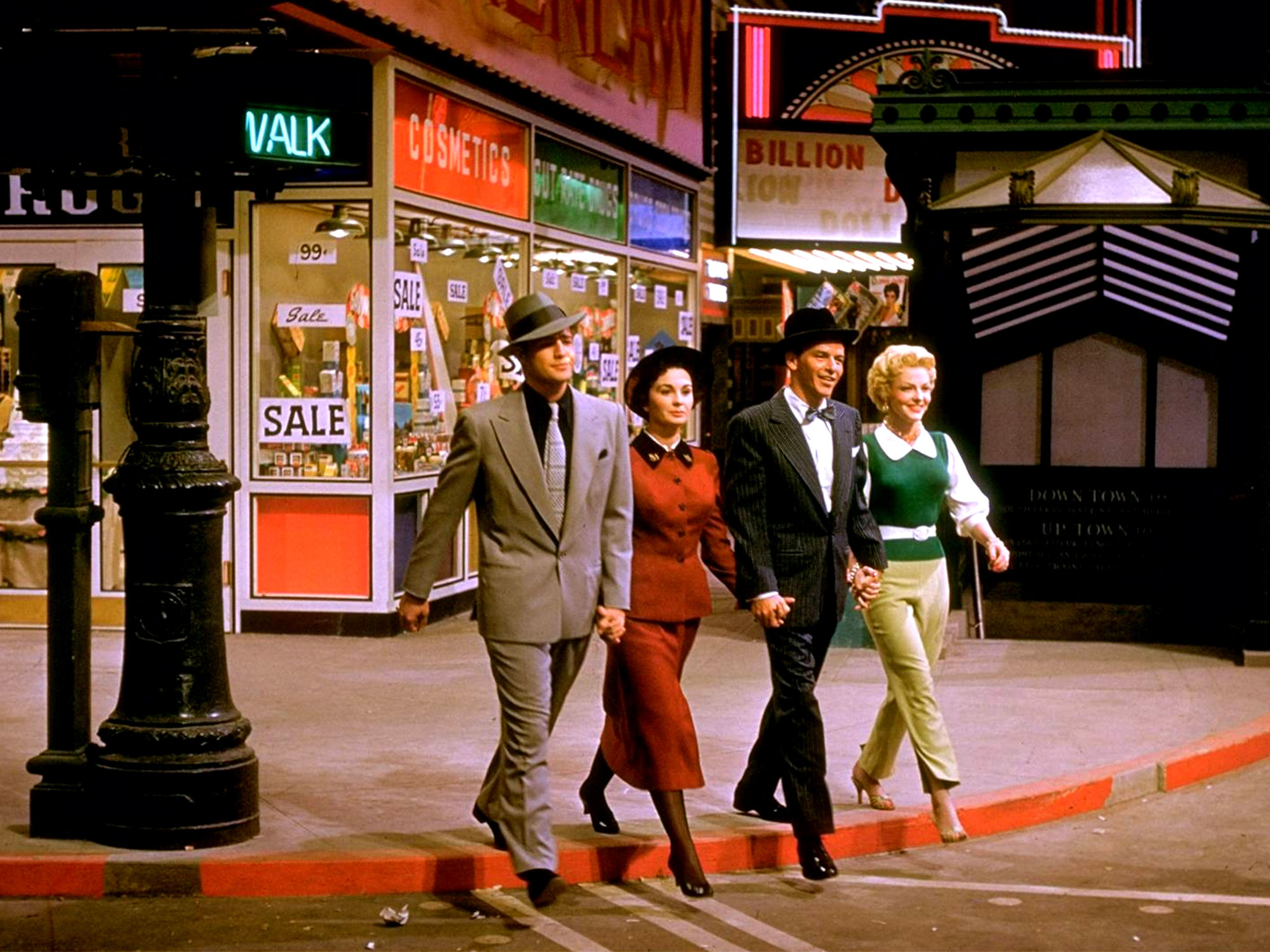
There are plenty of great Hollywood movie musicals from the 1950s that are still held in high regard today. Guys and Dolls is one such musical, though perhaps it hasn’t gotten the iconic status that other MGM musicals garnered due to its uneven casting. Nevertheless, the film version of the popular stage musical adapts it well, adding incredible synchronization, excellent choreography, and a charismatic cast (as well as their behind-the-scenes drama) to a familiar, but well-made plotline of guys challenged to keep their word, whether that be in terms of gambling or of love. Guys and Dolls might not have the iconic status due to certain song performances, but it nonetheless still remains a classic for a reason– it’s just a good film.
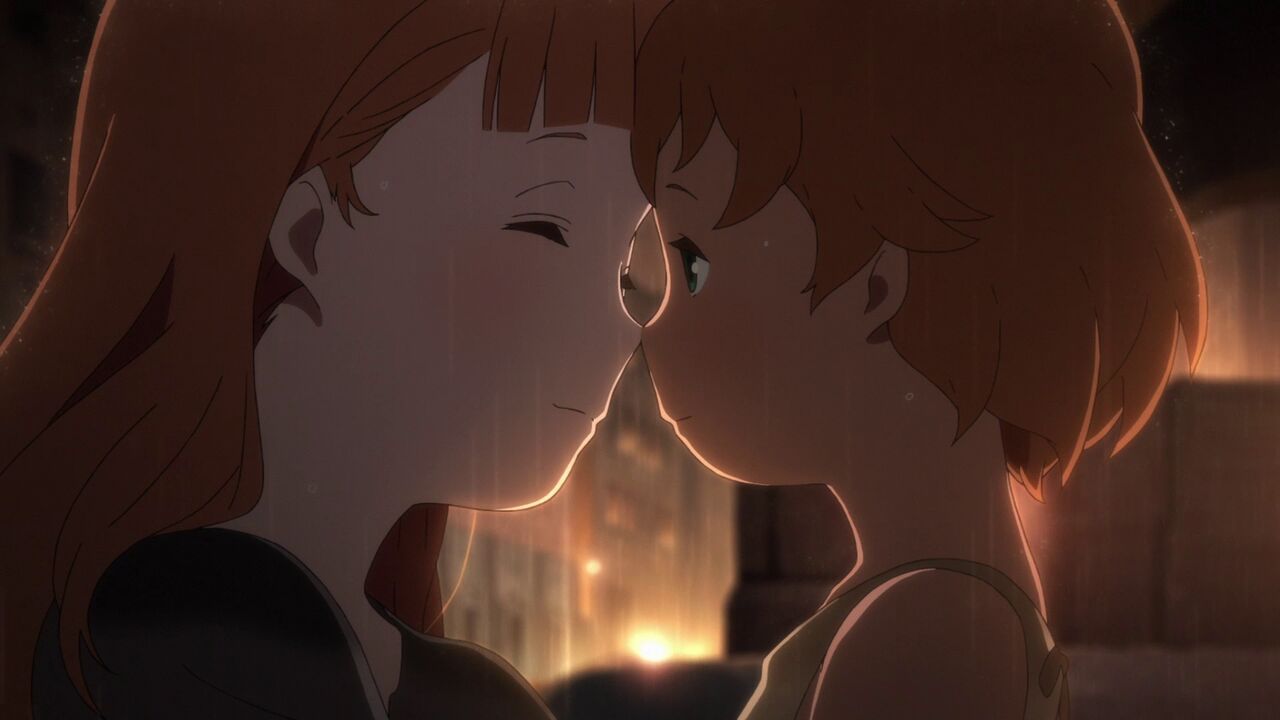
When it comes to fantasy anime between two races, usually there would be some sort of romance between the leads. But Maquia: When the Promised Flower Blooms does it differently. Instead, between the humans and the immortal humanoid lorph race that weaves a chronicle of their history is a mother-son relationship, with the human son set to out-age his mom. It’s a surprising heartbreak to contemplate love, mortality, memory, and greed, and it happens to be paired with downright beautiful animation that easily brings tears to the eye. While it didn’t garner similar popularity as Your Name or A Silent Voice, Maquia: When the Promised Flower Blooms nonetheless is an ambitious directorial debut with an equally bittersweet ending.
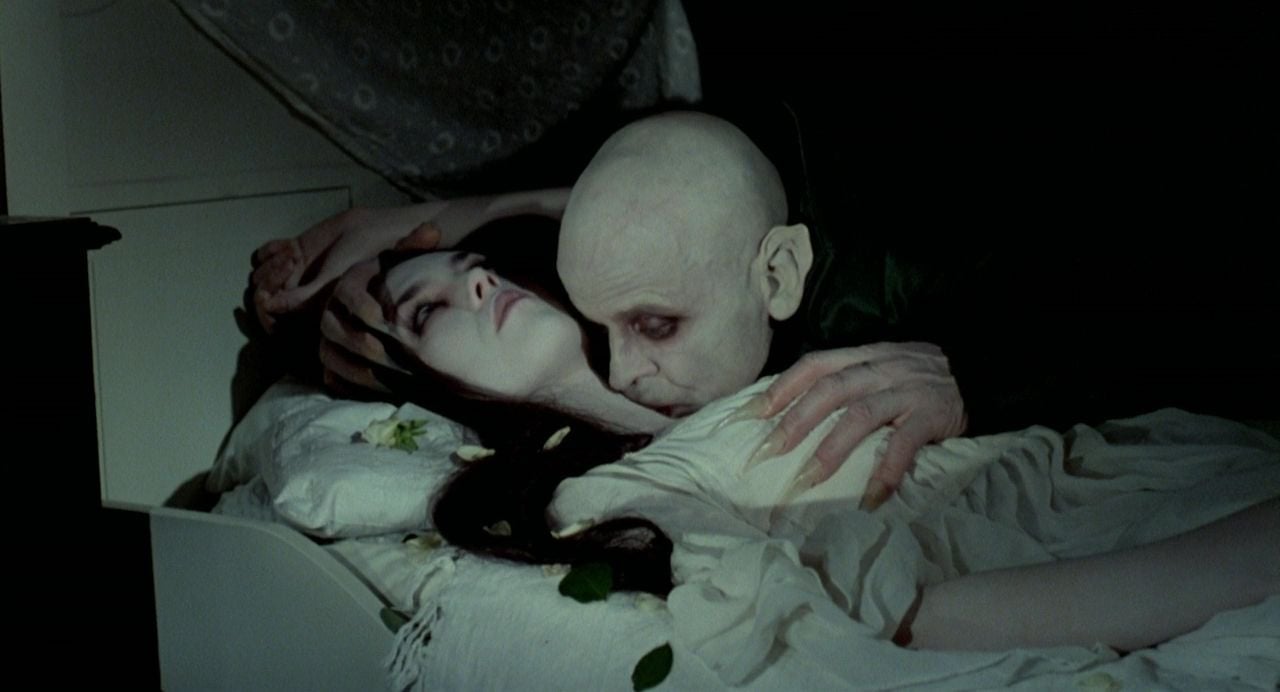
With numerous adaptations of the titular creature of the night, it’s inevitable that Nosferatu the Vampyre would be compared to its other versions. Nevertheless, Werner Herzog’s colored talkie version sticks close to the classic Expressionist film down to having many of the same scenes recreated beat for beat, but there’s a clear reverence to the source material here, with Herzog’s fascination towards madness easily translating the images made half a century ago into visual, hypnotic spectacles that somehow surpass the groundbreaking scenes before. Nosferatu the Vampyre will always be compared to the 1922 original, and of course, the following 2024 American remake, but Herzog makes this version his own through his signature style.

A Brilliant Young Mind or X+Y is the story of a teenage English mathematics prodigy named Nathan (Asa Butterfield) who has difficulty understanding people, but finds comfort in numbers. When he is chosen to represent the United Kingdom at the International Mathematical Olympiad (IMO), Nathan embarks on a journey in which he faces unexpected challenges, such as understanding the nature of love. This movie its so heart-warming, as you see this shy and socially awkward boy dealing with the world and unraveling his feelings.
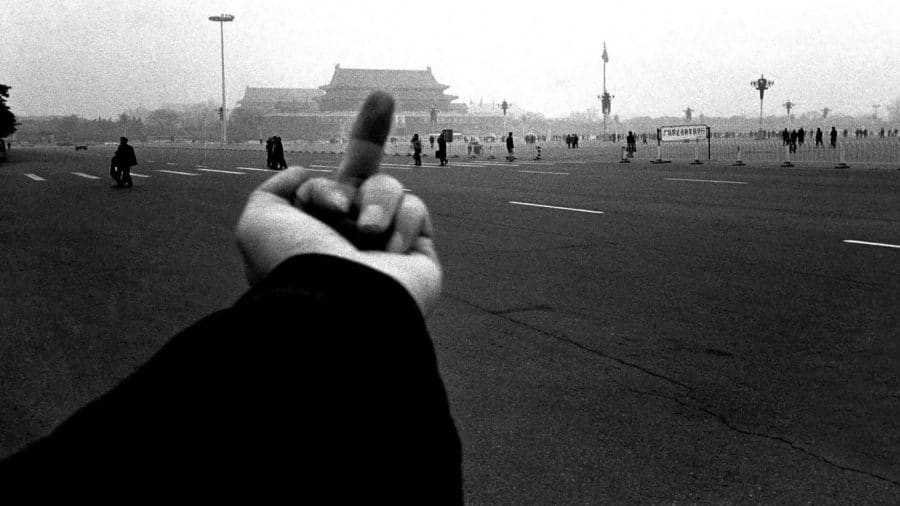
An inspiring documentary about famed artist Ai Weiwei who has been the source of arguably the biggest public confrontation with the Chinese government by any artist. His straightforward attitude is made to provoke and to defend the people of China against the totalitarian regime. The film portrays Weiwei’s very visible struggle for redemption and invoke a sense of accountability from the government. The documentary is also about him as a person, his intimate relationships and his interactions with his family as he prepares for a big exhibition. A rare insight into a fascinating mind.
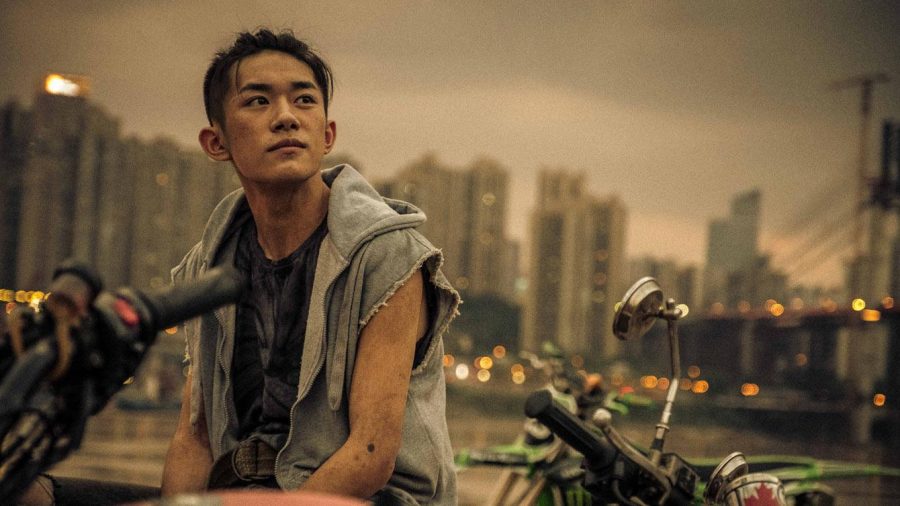
Better Days tells the story of Chen Nian, a quiet girl who starts experiencing bullying at her school after her classmate commits suicide for the same reason. But soon, she meets Xiao Bei, a teenage street thug who offers her protection. What starts as a melodramatic story at first becomes a gentle romance.
Still, Better Days is focused on the psychological aspect of the characters, and how they manage pressure. It’s a reminder of the inevitable harshness of reality: dealing with poverty, bullying, and dirty competition. But, in showing the bitter aspects of life, it also shows that there are still those who care and that those who are meant to meet will always find each other.
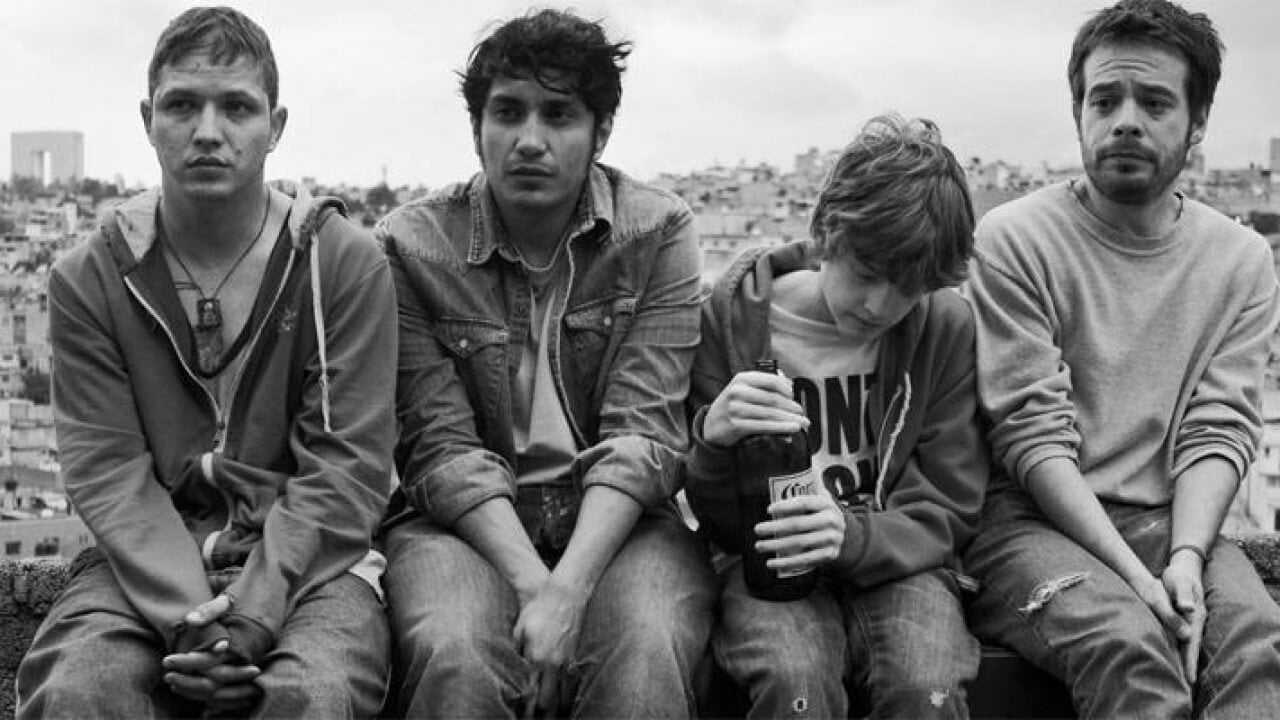
Modern day coming-of-age ennui isn’t a new subject at all, but there’s a charm to the way this was presented in Güeros. In his first film, Alonso Ruizpalacios beautifully shoots each scene in black and white, forming striking images of what the capital used to be and taking new approaches in depicting certain scenes (for example, that panic attack with the POV shot covered in feathers!). The cast also excellently portray this millennial emotion well, with their eyes glazed over as they try to seek moments of connection and grounding, as they try to make sense of it all. While some of the politics might fly under the radar to people outside the country, Güeros nevertheless serves as an interesting portrait of the time, as well as an interesting debut for one of Mexico’s avant-garde filmmakers.
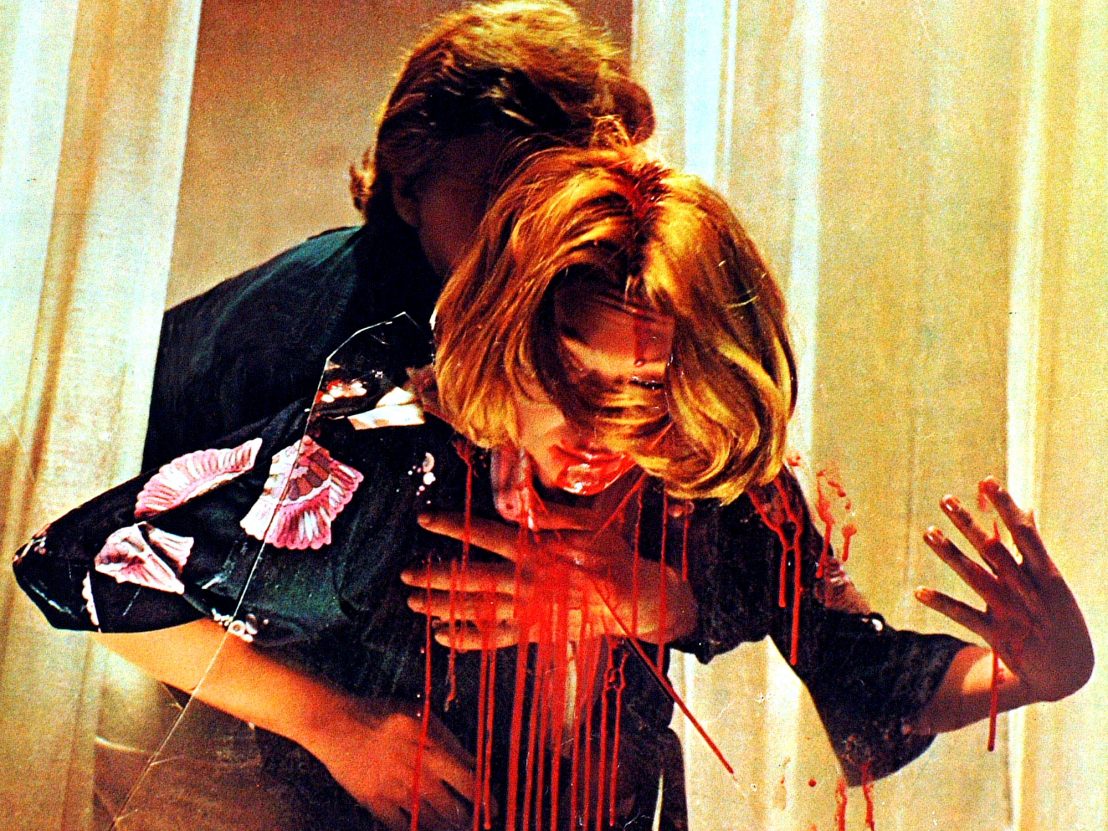
Of course, there are plenty of great films from the Italian Master of the Thrill, but one of the best from Dario Argento is Deep Red (1975), released just before his Three Mothers trilogy. The film follows a musician and a journalist, linked together by the body they found of a psychic medium, and the ensuing rush to investigate the murder before they become the next victims. Released at the peak of the giallo genre, Deep Red heightens the tension and terror through Argento’s trademark kaleidoscopic shots, eerie score, and excellent performances. While the lizard scene was genuine, Profondo Rosso nonetheless is considered to be one of the director’s best.
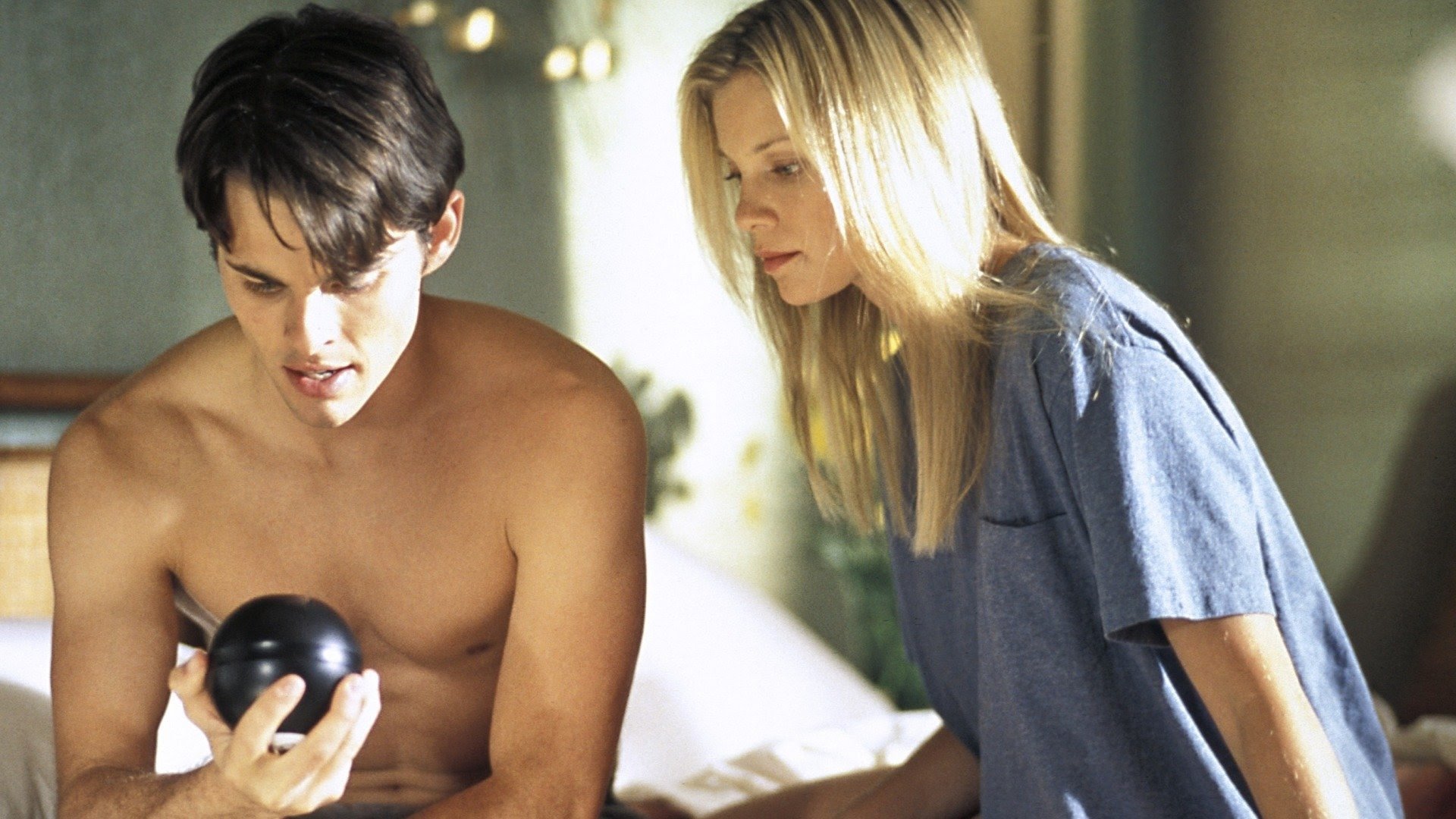
Without wish-granting mythical creatures like genies or fairies, it can seem that America has no one but themselves in life, and things can come only through one’s own efforts. Interstate 60 plays with that idea, with a fictional O.W. Grant (Gary Oldman) that supposedly grants wishes, though how it manifests depends on how much he likes you. It’s a fantastical investor for the aspiring artist lead, played by James Marsden, who would usually have to depend on some form of investor, nepotism, or patron to get a leg up, but writer-director Bob Gale pushes him into a topsy-turvy road trip that pushes him to meet interesting, quirky characters and learn life lessons. It can get a bit eccentric, but nonetheless Interstate 60 takes surprising detours that make this road film stand out from the rest.

At first glance, Atlantic City is indistinguishable from most other crime films. It’s led by a charming gangster (Burt Lancaster) who falls for a beautiful woman (Susan Sarandon) half his age. They look good together and spend their blood money lavishly. But this coolness is deceptive. It eventually gives way to desperation and delusion as the characters prove to be more naive than they let on. Atlantic City could’ve easily been a farce or a failed mob drama; instead, it’s a crime film given heft by the film’s honesty about its characters’ pathetic circumstances. Director Louis Malle (Au Revoir Les Enfants, My Dinner with Andre) is juggling plenty of things here, but he makes it work, as do Lancaster, Sarandon, and their believable chemistry.
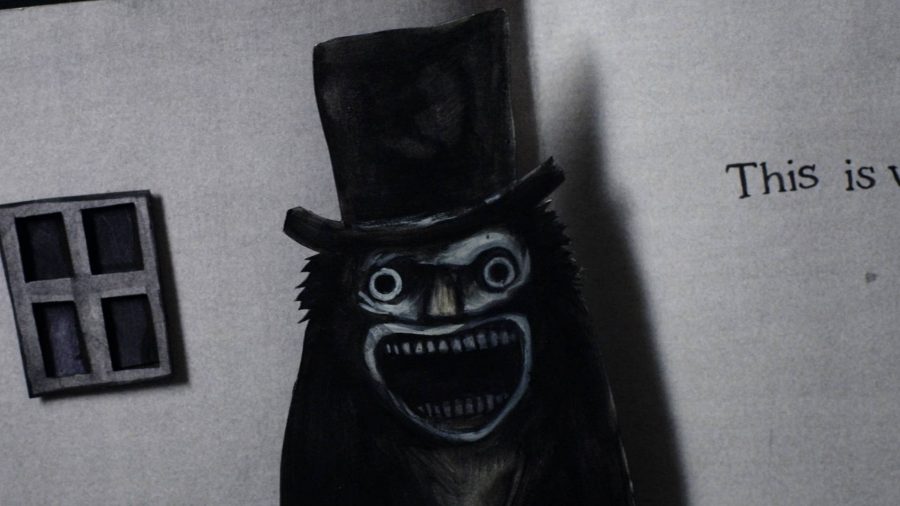
In an age where recent horror films mostly use the jump-scare as a crutch to make their CGI-spawned (not to mention generic) creatures seem scary, The Babadook portrays real scares, relatable characters and a moving story. Jennifer Kent (director and writer) sets this on the backdrop of heavily Lars von Trier-inspired cinematography, elevating The Babadook from a shot at an amazing horror to a resemblance of an art house film. The unease felt during this film only increases as it creeps towards its conclusion. Whenever the Babadook (the monster of the film) is seen lurking in the peripherals of the camera, appearing in television sets and the shadows to create a sense of omnipresence that disturbs the viewer on a deeper, more primal level than that of so many recent horror films could even hope to reach. It leaves the audience with the sensation that they are being lowered onto a lit candle, spine-first. In short; the seamless acting, the beautiful shots, the slow-burning terror together creates a masterpiece that strides past any horror film of the past decade (maybe even further) and stands toe-to-toe with the greats without even breaking a sweat.
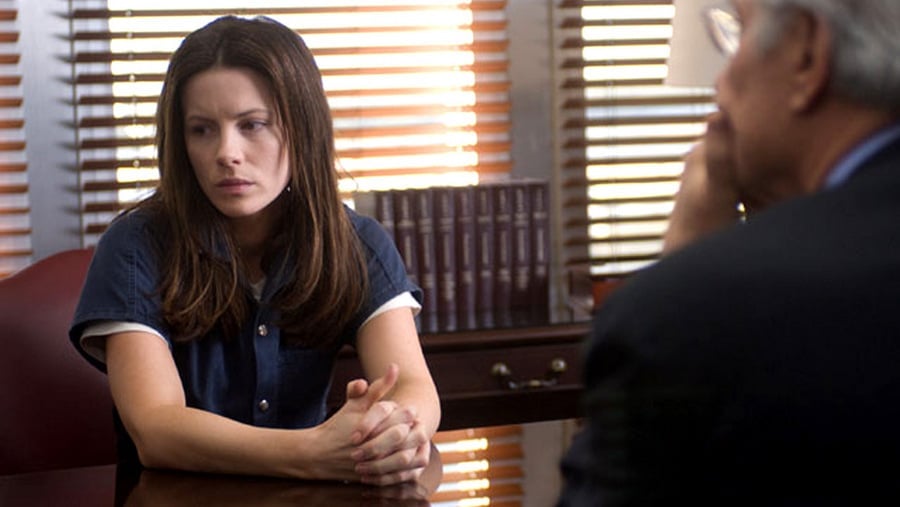
Free journalism versus government control is an issue that most of us feel strongly about, but it’s not often that we hear about people fighting with their lives for it. Journalist Rachel Armstrong (Kate Beckinsale) finds herself in the midst of such a fight. After she releases a controversial article where she exposes the president for ignoring the findings of a covert CIA agent (Vera Farmiga), Rachel is instantly put under pressure from the government to name the source of her story, since someone who knows and shares the identity of undercover CIA agents poses a threat to U.S security.
This is a movie about principles and how far one would go to defend them. Rachel loses many things during her fight, and you’re always fearfully waiting for the moment when she would break under the pressure. This one quote from Rachel’s lawyer (Alan Alda) sums up her story perfectly: “…With great people there’s no difference between principle and the person.”

When filmmaker and actress Mélanie Laurent (Breathe, Inglorious Basterds) was pregnant with her son, she learned about a study that predicted that climate change would cause human civilization to crumble by 2050. Like many soon-to-be parents, she worried about what it means to bring a child to a world where that’s a scientific forecast.
Instead of despairing, she chose to make this movie about solutions. She traveled the world with an activist friend documenting how human ingenuity is getting in the way of the situation worsening. The documentary goes to 10 countries to investigate solutions on five levels: agriculture (food), energy, economy, education, and democracy.
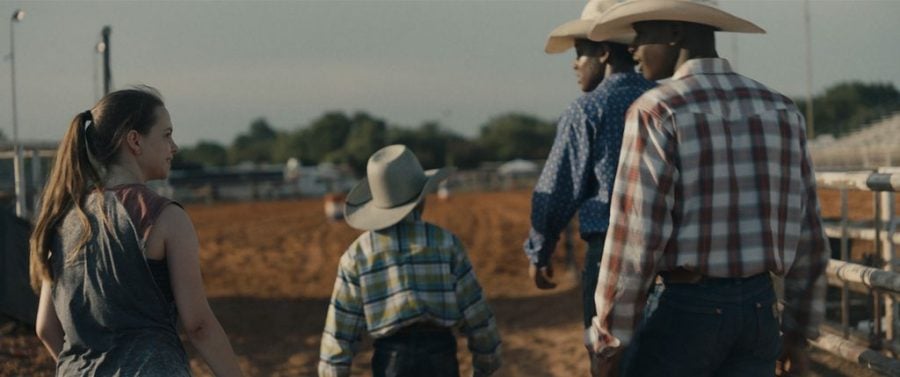
Bull is a gritty and haunting drama featuring a phenomenal performance by Rob Morgan as a bullfighter. In a poor Houston suburb, he plays an aging and lonely black man doing everything he can to survive. He brushes off unrelenting racism, rides even when it’s life-threatening and raises chickens to sell them. His next-door neighbor is a grandmother taking care of her daughter’s kids while the daughter is in jail. One day one of these grandaughters harms the chickens and vandalizes Abe’s house, prompting them to clash.
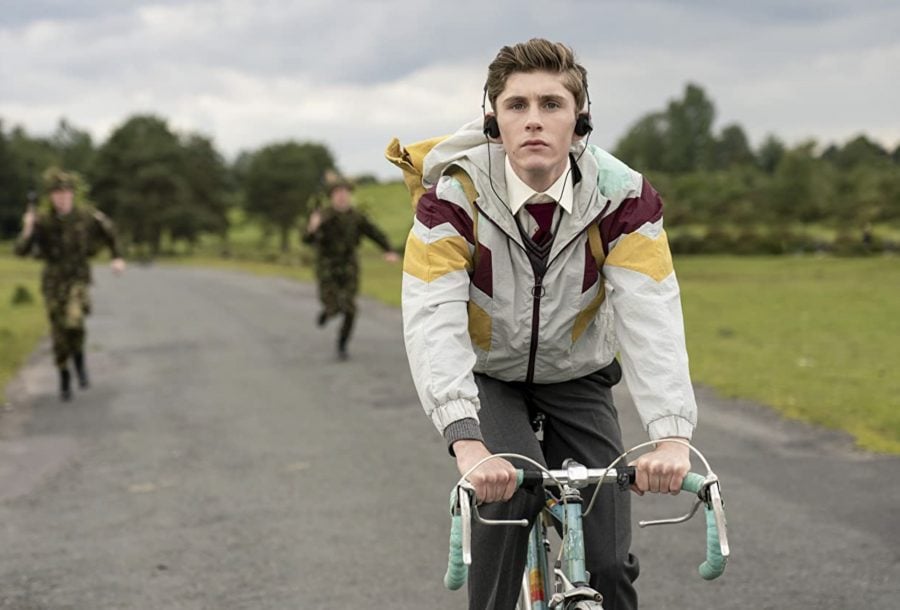
This lovely comedy-romance from Ireland is about a closeted gay teen and his lesbian schoolmate who pretend to be in a relationship to avoid being bullied at their school.
This premise makes Dating Amber an original story in a genre in which that’s increasingly rare. This is added to the setting, in 1995 rural Ireland, which is executed to gorgeous perfection in everything from the clothes to the music.
Dating Amber ends up being more coming-of-age than a comedy-romance. It’s a tale of friendship and self-acceptance.

If you enjoy wondering aloud to yourself how filmmakers were able to make a movie at all, 1988’s almost wordless tale of two bears trying to survive the Canadian mountains was somehow shot with real, expressive bear “actors,” despite the film being a work of fiction. A cross between a stunningly photographed nature documentary and a brutal folktale, The Bear gets right to the uncompromising conditions out in the wild, where human beings are portrayed as just as savage—and just as merciful—as the beasts they hunt. Clever editing and Jean-Jacques Annaud’s directorial vision hide all the seams in the movie’s magic tricks, allowing us to fall in love quickly with these majestic bears and the all-too-human emotions they seem to be expressing.
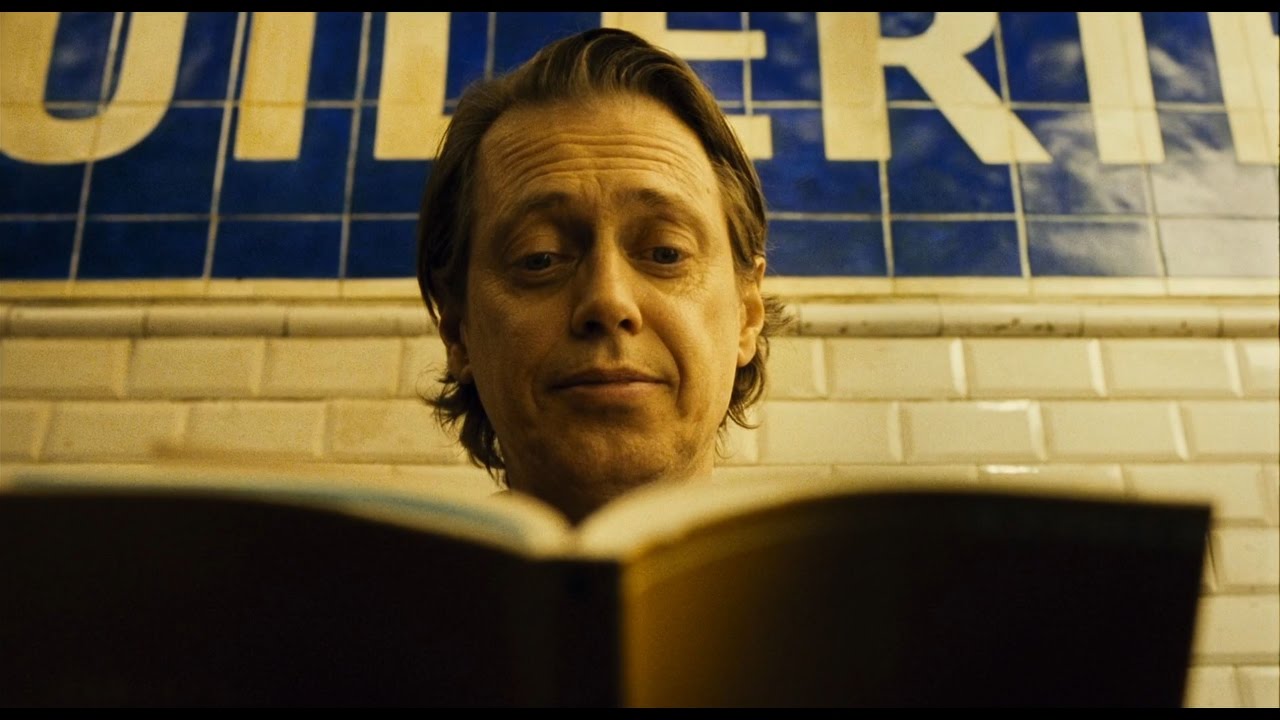
This anthology of 18 short films — directed by the likes of the Coen brothers, Gurinder Chadha, Wes Craven, and Olivier Assayas — is a cinematic charcuterie board. Each director offers their own creative interpretation of one north star: love in Paris. Romantic love is heavily represented, naturally, but in diverse forms: love that’s run its course, dormant love in need of rekindling, electric chance encounters, and, apt given the location, honeymoon love. Segments like the one starring Juliette Binoche and Alfonso Cuarón’s five-minute-long continuous take opt to focus on parental love instead, with the former also exploring love through the frame of grief.
If this all sounds a little syrupy and sentimental, fear not: there are dashes of bubble-bursting humor from the Coens, whose short stars a silent Steve Buscemi as a stereotypically Mona Lisa-obsessed American tourist who commits a grave faux pas in a metro station. Instead of sightseers, some directors offer more sober reflections on the experience of migrants in the city, which help ground the film so it doesn’t feel quite so indulgent. Still, the limited runtime of each vignette (sub-10 minutes) doesn’t let any one note linger too long, meaning the anthology feels like a series of light, short courses rather than a gorge of something sickly.
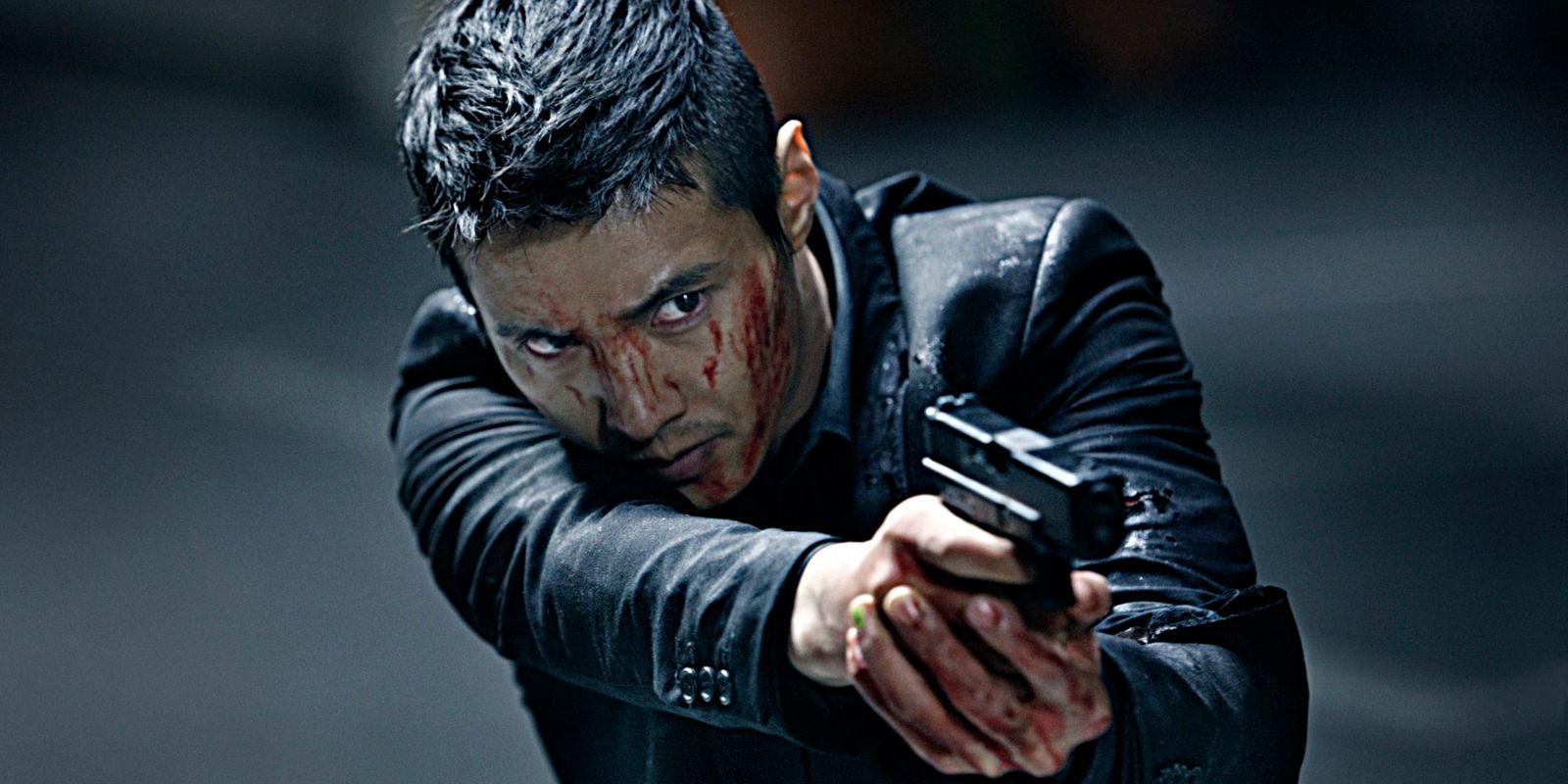
Admittedly, The Man from Nowhere can feel a bit derivative. A quiet and mysterious stranger befriending a child, and ending up enacting his revenge when the child gets kidnapped… It feels like writer-director Lee Jeong-beom took two certain film plots and stitched it together into one. But where the film lacks in original story, The Man from Nowhere makes up for it with style, with high-contrast, rainy, moody scenes that linger into the mystery to make the few brutal, excellently choreographed action sequences pop. It has familiar tropes, and the backstory becomes a bit predictable because of it, but The Man from Nowhere keeps a steady pulse on the beating heart of the film– the friendship that makes these familiar tropes hold heavier emotional weight.
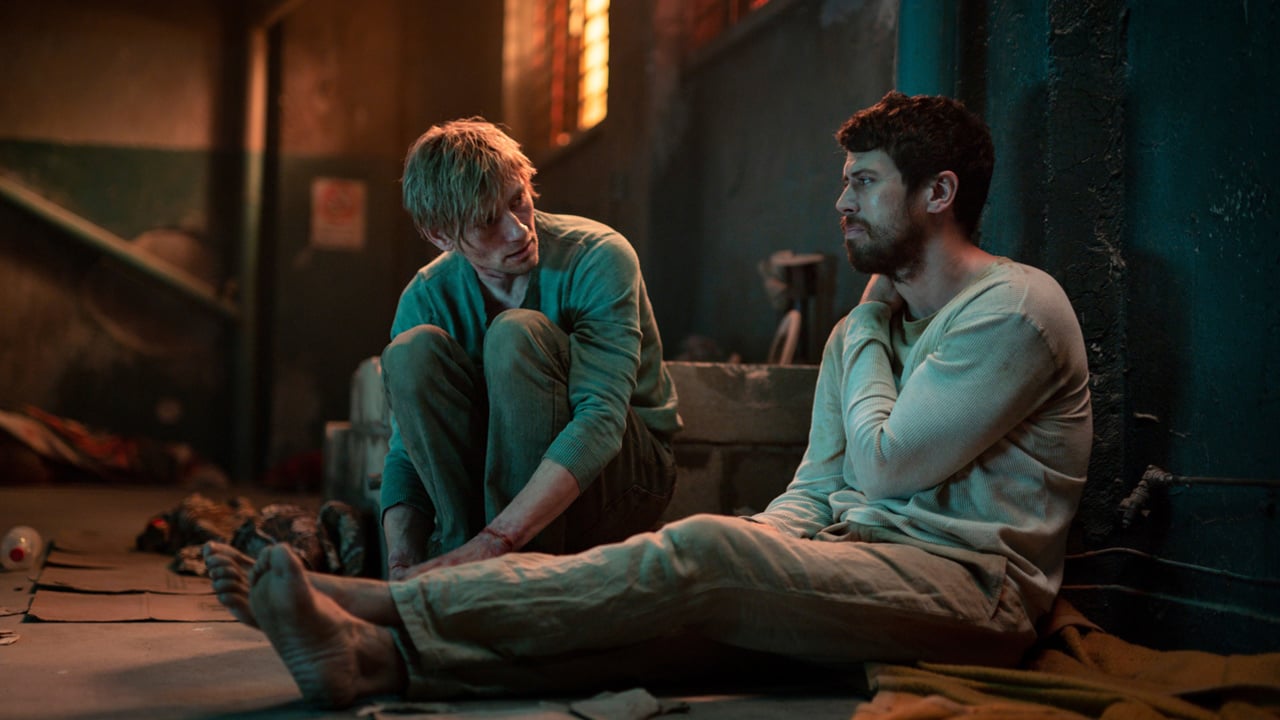
The real life situation behind this harrowing drama is quite extraordinary, so adapting Daniel Rye’s captivity straightforwardly would already intrigue viewers into watching it. However, Held for Ransom does more than depict his torture. Alternating between his captivity and the fundraising efforts back home, the film examines the way they have all responded to the unimaginable, the horrible experience that they have gone through because of extremism. The imprisonment sets the stakes, but the humanity held onto by the hostages, the fierce love of Daniel’s family that would bring him home, and the human cost of non-negotiation pushes this story into somewhere new.

A documentary about two “climbing” friends who attempt to summit Siula Grande in the Peruvian Andes in 1985. I say climbing friends because they are both somewhat egotistical, yuppie risk takers and seem to be the type who are only friends when their interests align. Nevertheless, they are truly ambitious, driven adventurers. A storm hits and one of the climbers gets injured. They both know that this is a death sentence, and events go on from there. The story is epic and nearly unbelievable, but for the fact that it actually happened. I am not a climber, but the plot and story will speak to any adventurer who must accept inherent risks, including death, in their outdoor endeavors.
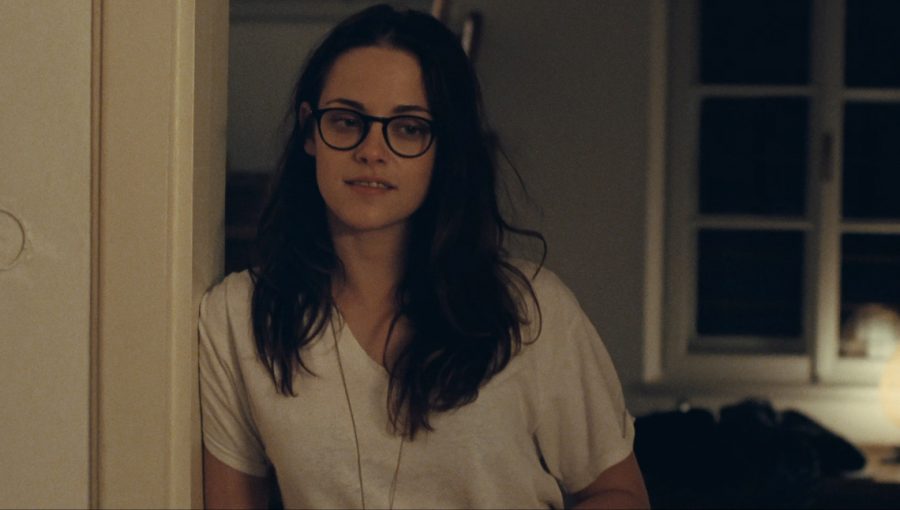
The film for which Kristen Stewart became the first American actress to win the César Award. The Twilight star turned indie prodigy plays next to another award favorite, Juliette Binoche, as her assistant. When rehearsing for the play that launched her career many years earlier, Binoche’s character, Maria, blurs the line between fiction and reality, her old age and her assistant’s young demeanor, and the romance story portrayed in the play and her own life. The movie itself is stylized as a play, adding another interesting layer of artistic creativity to the complex plot line. A film for film lovers.
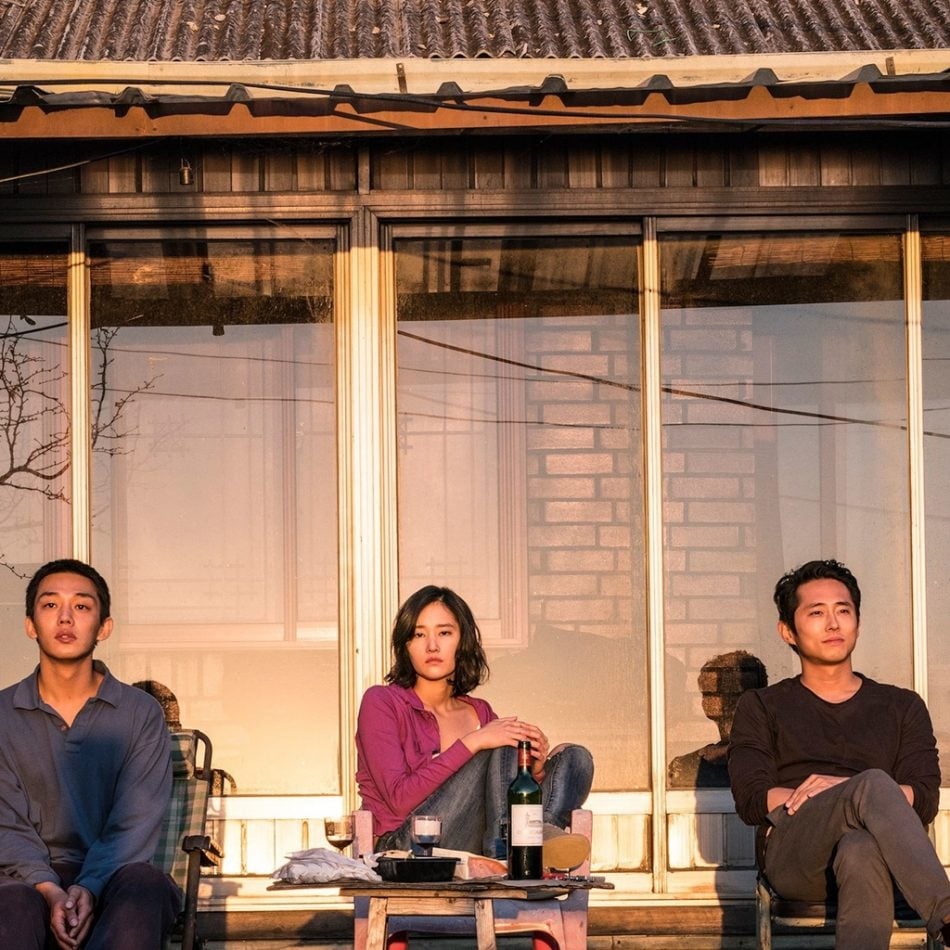
Vague statement alert: Burning is not a movie that you “get”; it’s a movie you experience.
Based on a short story by Murakami, it’s dark and bleak in a way that comes out more in the atmosphere of the movie rather than what happens in the story.
Working in the capital Seoul, a young guy from a poor town near the North Korean border runs into a girl from his village. As he starts falling for her, she makes an unlikely acquaintance with one of Seoul’s wealthy youth (played by Korean-American actor Steven Yeun, pictured above.)
This new character is mysterious in a way that’s all-too-common in South Korea: young people who have access to money no one knows where it came from, and who are difficult to predict or go against.
Two worlds clash, poor and rich, in a movie that’s really three movies combined into one – a character-study, a romance, and a revenge thriller.

Given that hookups are inherently quick and casual and impersonal, they are rarely portrayed in a romantic light. But Weekend flips the script on one-night stands by giving its two lovers enough time and space to explore how far their feelings can take them. While both Russell (Tom Cullen) and Glenn (Chris New) are gay, they have more differences than similarities with each other. Russell is reserved, awkward, and not entirely open, while Glenn is the exact opposite.
This makes for intriguing conversations, which then makes for a smart, thought-proving watch. It’s talky but meaningful, and slow but assured. But most of all it’s romantic, and it’s sure to pull at your heartstrings the whole time.
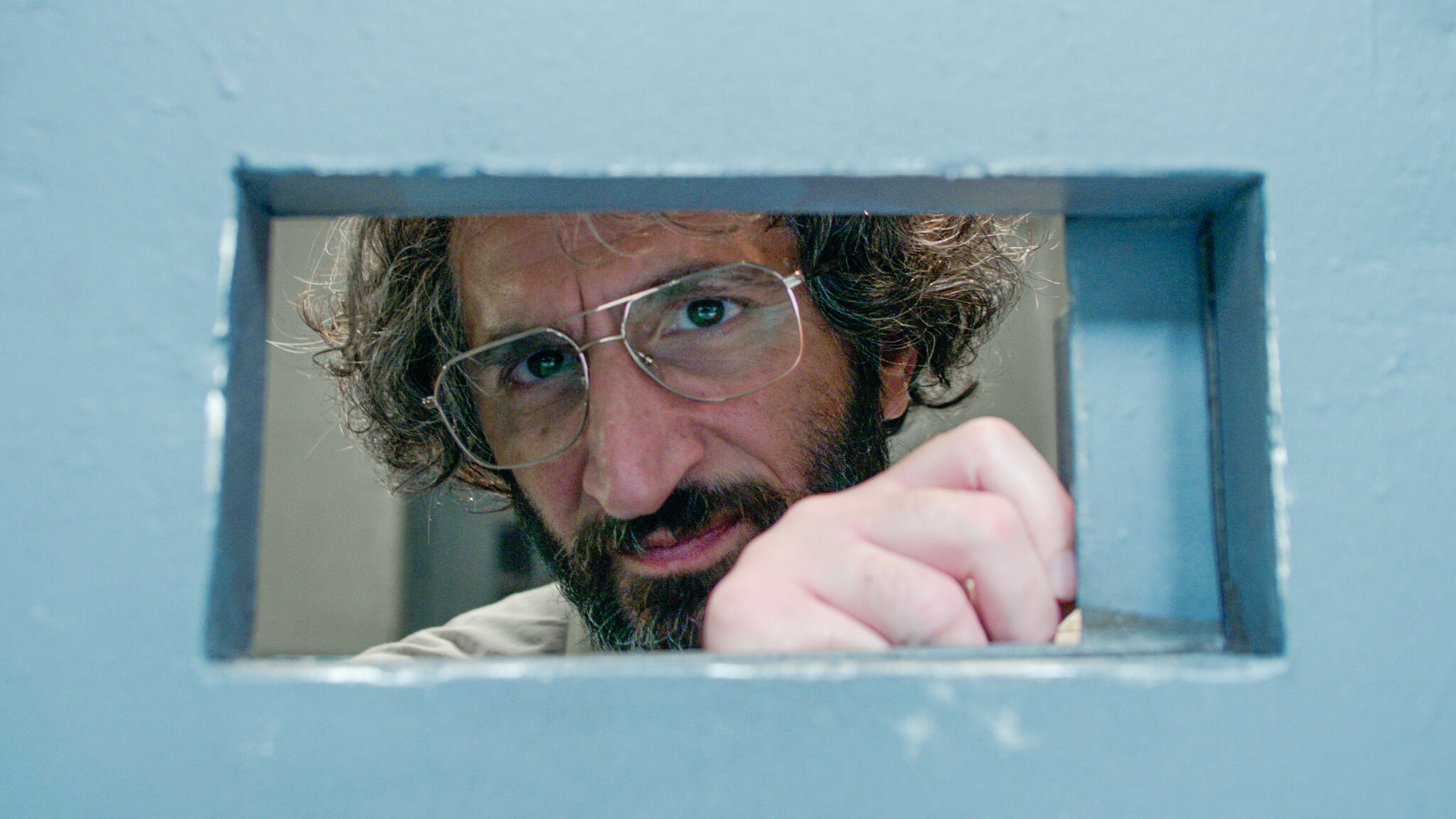
When he’s accepted into the prestigious Islamic university Al-Azhar, fisherman’s son Adam (Tawfeek Barhom) gets an eye-opening education — but not the kind he expected. A place associated with notions of purity is imagined as a hotbed of hypocrisy and corruption here, as naive young Adam finds himself unwittingly embroiled in a state plot to seize control of Al-Azhar (because, as one government official puts it, “We can’t accept having two pharaohs in the land”). Cairo Conspiracy’s intricate plot confronts monsters in government and strips away religious leaders’ veneer of divinity as a reminder that they’re merely fallible men. What’s more, the film grapples with the knotty mess of politics raging inside the institution’s walls in such a way that even its palatial courtyard feels claustrophobic. Rife with paranoia and subterfuge, Cairo Conspiracy feels utterly unique thanks to this skillful transposing of the shadowy machinations of courtly intrigue dramas and ’70s paranoid thrillers into a very contemporary Egyptian setting.
A classic text of English literature classes is handsomely brought to life in this screen translation of the still-radical play An Inspector Calls. The Birlings, a wealthy industrialist family thriving in 1912 England, have a cozy family celebration shattered by the arrival of a police inspector investigating the suicide of a young working-class woman. But that’s not the only bubble that’s burst: as Inspector Goole (David Thewlis) interviews the family — gradually revealing the part each played in forcing the woman to such a desperate state — he holds a mirror up to the casual cruelty and entitlement with which the Birlings move through the world. Part of what makes JB Priestley’s original play so enduring is how these characters are used as a wider metaphor for their social classes, and that translates with delicate but undeniable force here. A damning indictment of individualism and blind privilege on original publication in 1945, this is a story that retains the same relevance and power today.
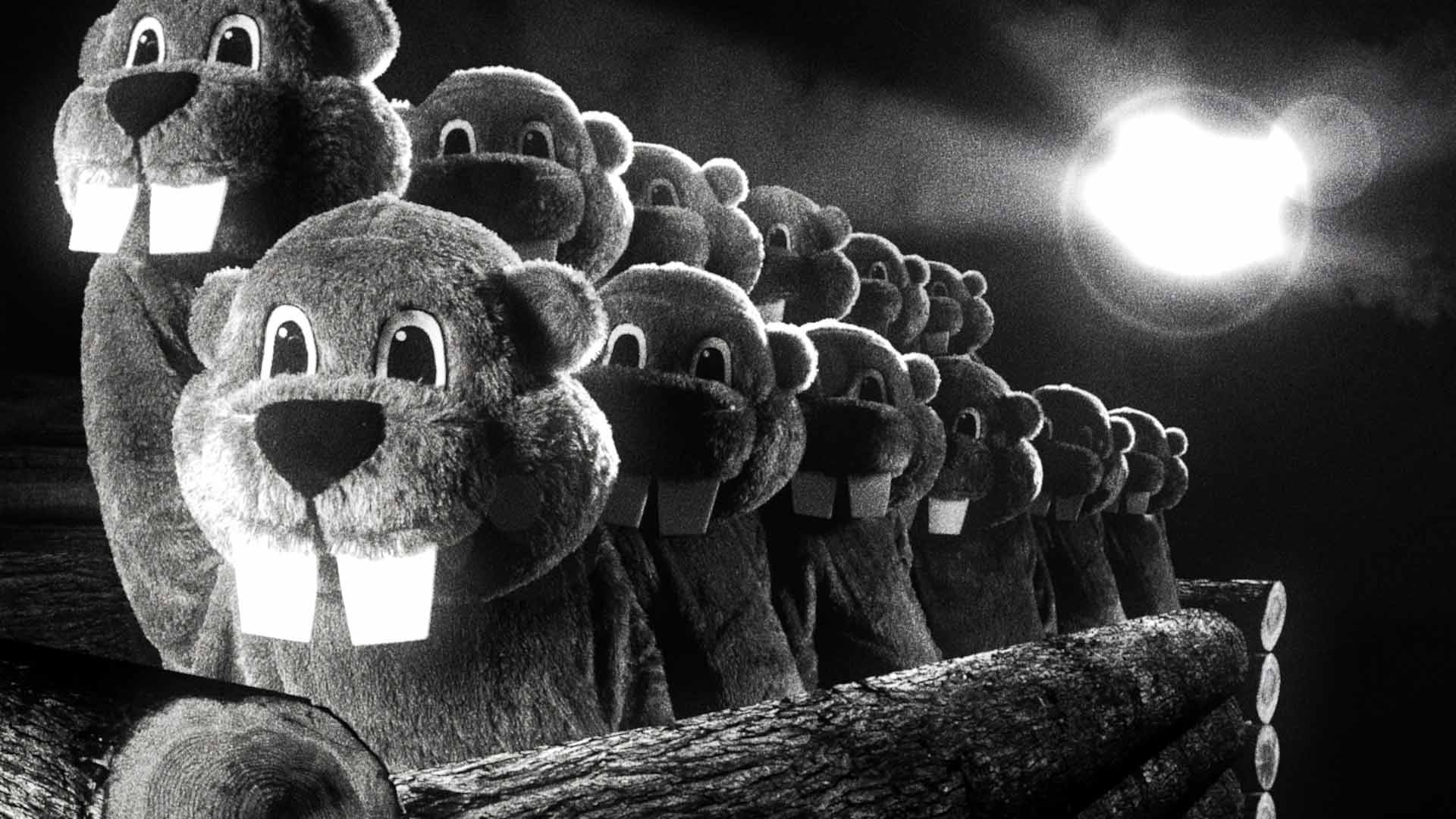
Who would’ve thought a wordless, black-and-white, slapstick comedy would still be hugely entertaining in this day and age? Hundreds of Beavers is created in the same spirit as the Charlie Chaplin and Buster Keaton comedies of yore, but it’s a tribute that manages to feel fresh, exciting, and unpredictable. The premise is simple: a man tries to survive the wilderness in the dead of winter by coming up with new ways to catch game. But the execution is wildly creative and nostalgic. You’ll feel like a kid again watching Saturday cartoons, in the best possible way.
8 wins & 4 nominations total
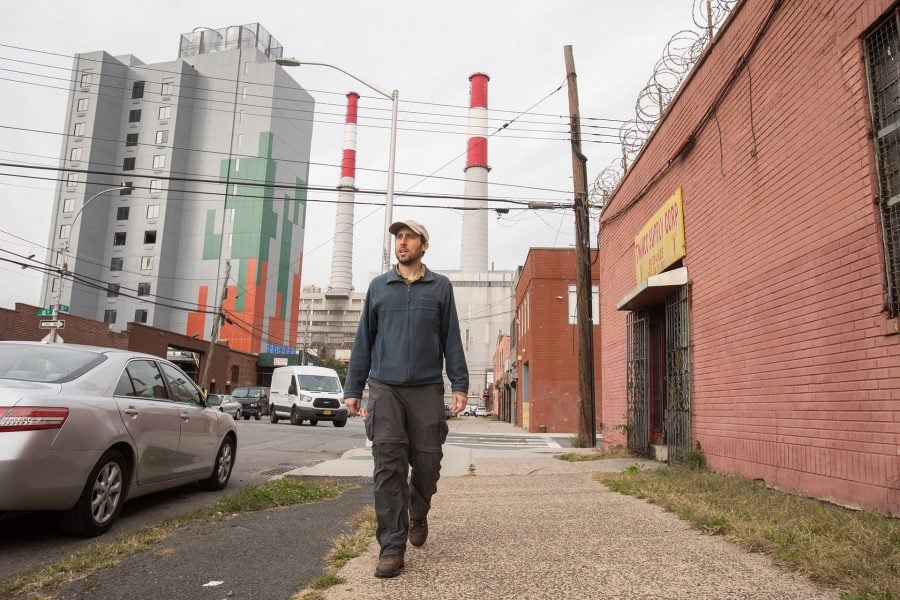
An incredible documentary about Matt Green, a man who decided to walk every street in New York City. That’s more than 8000 miles (more than the diameter of Earth) that he had been walking for six years up to the point of making this movie.
Matt stops. And that’s the beauty of this documentary, where the filmmaker joins him for part of the journey. You quickly realize that the intrigue is not so much about Matt’s challenge, but about who he meets and what kind of experiences he goes through. You also realize (if you didn’t already) that New York is a place of unimaginable size, with incredibly lively and diverse human stories. Plus lots of other forms of life too: Matt doesn’t have a fixed place, so he cat-sits for shelter.
Fun fact: this is the first movie that actor Jesse Eisenberg ever produced!

Like many coming-of-age films about films, it’s easy to assume that Last Film Show would be a derivative of all-time film classic Cinema Paradiso. Both films from opposite corners of the world, separated by more than three decades, do share that awe of cinema from a projection booth. However, unlike Paradiso, the awe of Last Film Show is also tempered by the rural poverty its young protagonist faces. Samay learns projection from a film booth, and learns community is formed through the screen, but he also learns it through snatching the few reels that passes through their village, manually experimenting with scrap material, and recreating the same light and shadows through its fundamentals. These scenes are precocious because of the children, but it makes for a more interesting take, because Samay’s journey proves that cinema truly is worth saving, even without the money. It’s undeniably awe-inducing with Pan Nalin’s stunning shots and semi-autobiographical story.

Before the Devil Knows You’re Dead is Sidney Lumet’s last film, and in many ways, it distills what the director explored in his prolific body of work: What is justice? And does everyone deserve it? Shot digitally at a time when the concept was still quite new, Before the Devil moves fast and takes us uncomfortably close to the lives of three desperate men: cash-strapped Hank (Hawke), corrupt Andy (Seymour-Hoffman), and vengeful Charles (Finney). The same tragic events unfold through their perspectives, but in any case, we get to see what drives them to do such horrid things. Are we suppose to sympathize with them? It’s a question that will nag you long after the credits roll.
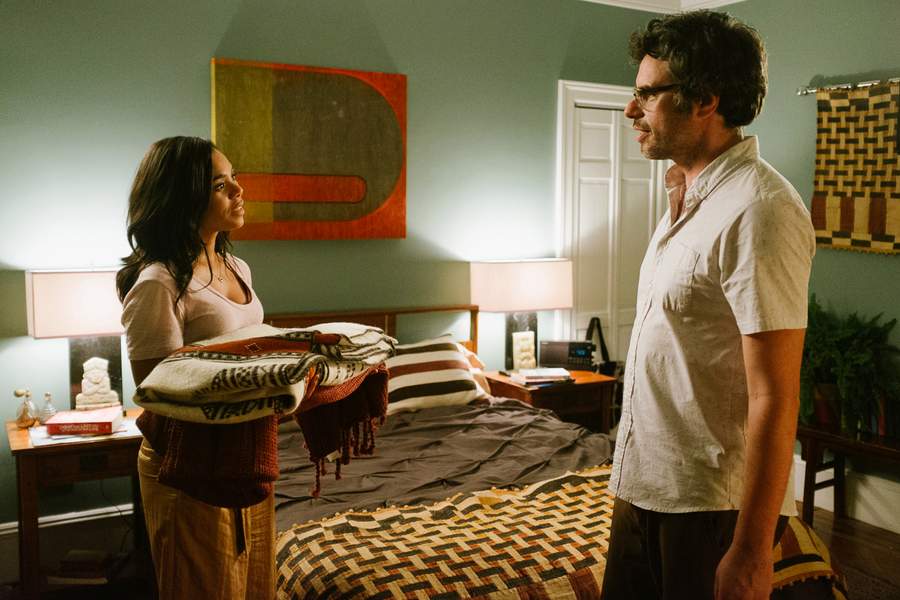
«When comedians get a bit older they do a movie with “emotions” in it. Here’s mine.» Flight of the Conchords’ Jemaine Clement on Twitter. People Places Things is exactly that, a funny yet heartfelt comedy. Will Henry, A New York City graphic novelist walks in on his girlfriend cheating on him at their kids’ birthday party. A year later, Will is struggling to define his new life as a single parent while still getting over his breakup. Smart, honest, and led by Jemaine Clement, this film will strike you in its simplicity but will hold you with its charm.
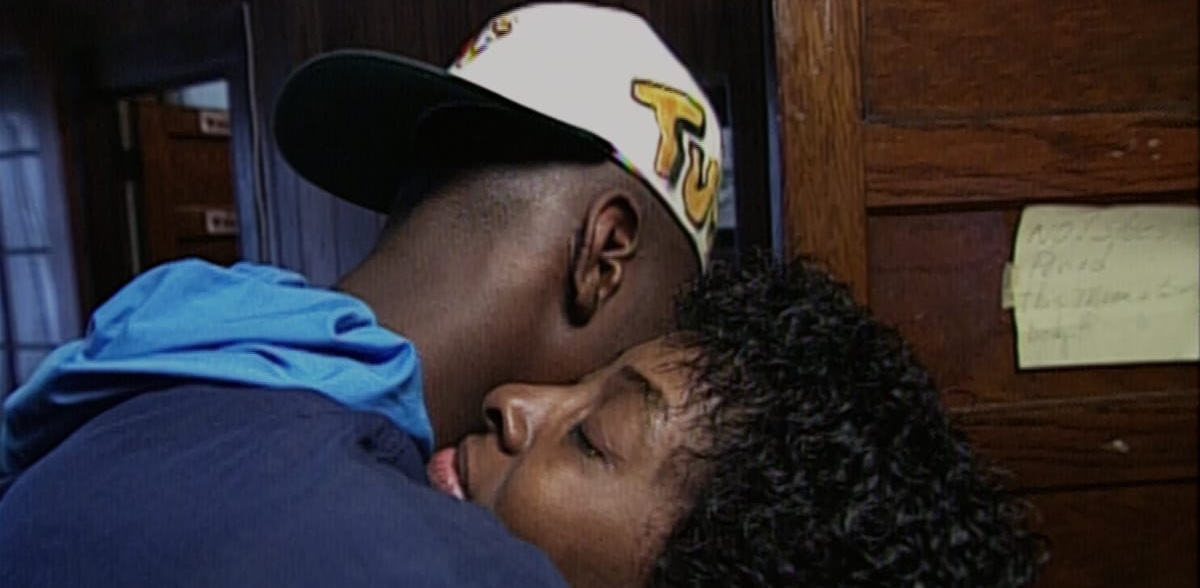
Don’t be fooled—despite being a three-hour documentary, Hoop Dreams is just as thrilling, heartbreaking, and cinematic as any sports film out there. Unlike them, however, Hoop Dreams is less of an uplifting feel-good story than it is an honest and sobering look at how the education system has failed Black communities. It’s not a complete downer, though, since we follow two hardworking and inspiring boys committed to lifting their families from poverty. While more privileged players can afford to treat basketball as a hobby, to Arthur and William, basketball is a lifeline, a rare chance to enjoy better opportunities and give their families a better life. Imagine carrying that on your shoulders while training, studying, looking for colleges, and surviving teenhood. It’s a lot, but director Steve James weaves it all beautifully. James divides the chapter into freshman, sophomore, junior, and senior years, following Arthur and William as they start on the same footing, diverge and live parallel lives (one in private school, the other in public), and eventually meet again during their final years in school. Their journeys are riveting, not least because we also get to know their families, friends, hopes, and dreams. This is riveting cinema, as socially conscious as it is competitively thrilling.
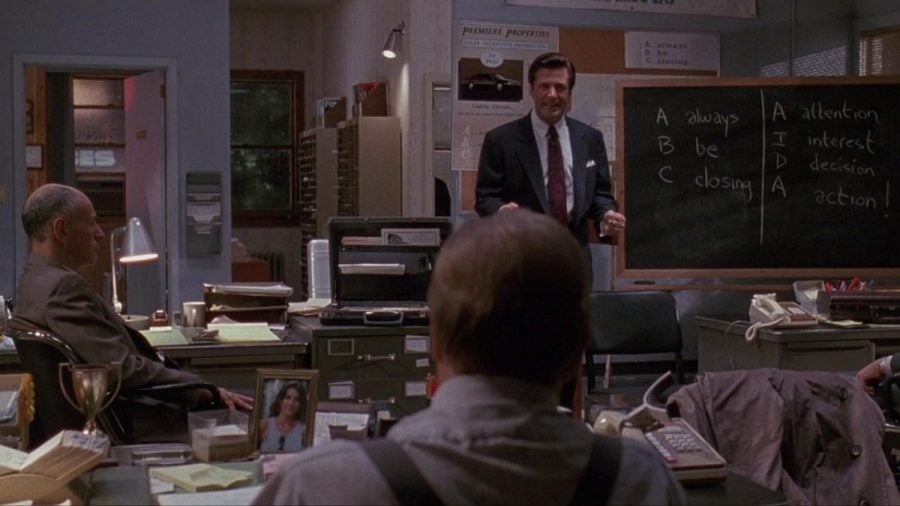
Al Pacino and Alec Baldwin are part of the ensemble cast that is one of two things that make this movie so great. The second is dialogue, profane, harsh, yet hilarious dialogue. A motivational agent (Baldwin) is sent to a real estate agency with the goal of improving sales. His approach is simple: everyone but the top two salesmen will be fired within one week. All of them are provided with prospective clients, most of which have no interest in buying real estate.The amazing script is adapted from a Pulitzer Prize and Tony award winning play by David Mamet. If you’ve never seen it, drop everything and go watch it, and if you’ve already seen it, you should go watch it again.
A sweet feel-good movie starring Nick Offerman as a dad who has to deal with his only daughter leaving for college and his record store struggling. The daughter is played by Kiersey Clemons who you might recognize from the show Easy. And Ted Danson has a great role too. This is a relatable and heartwarming movie, one of the best the so-called “indie” genre has known in a long time.
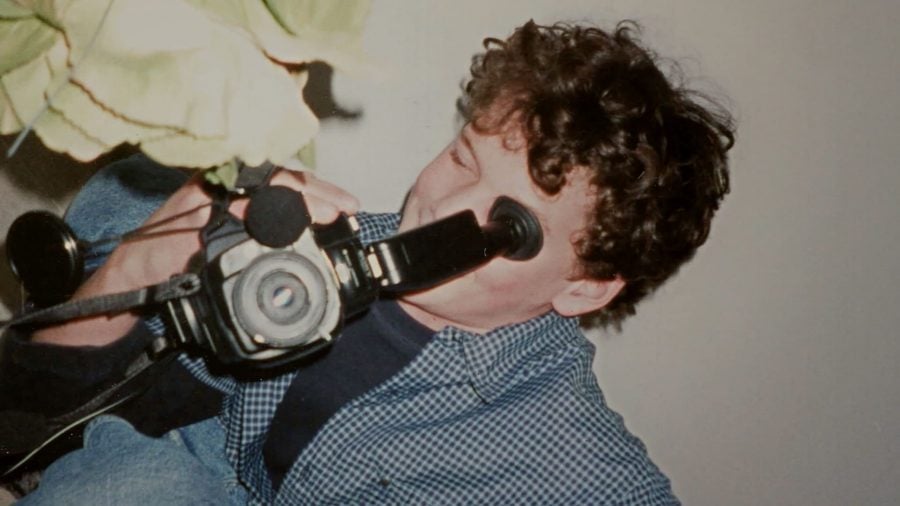
This movie narrated by Nicolas Cage is the incredible story of actor Anton Yelchin (Star Trek, Like Crazy): from being born to a Jewish Russian family in Leningrad to moving to the U.S. and ending with his sudden death at age 27. Anton, or Antosha as his loved ones called him, was a gifted kid: he was making his own movies at seven years old, taking highly sophisticated notes on Fellini movies, and picking up playing guitar in a short time. He took photographs that still show in exhibitions around the world. He led an extraordinary life, portrayed here, one that was cut way too short.
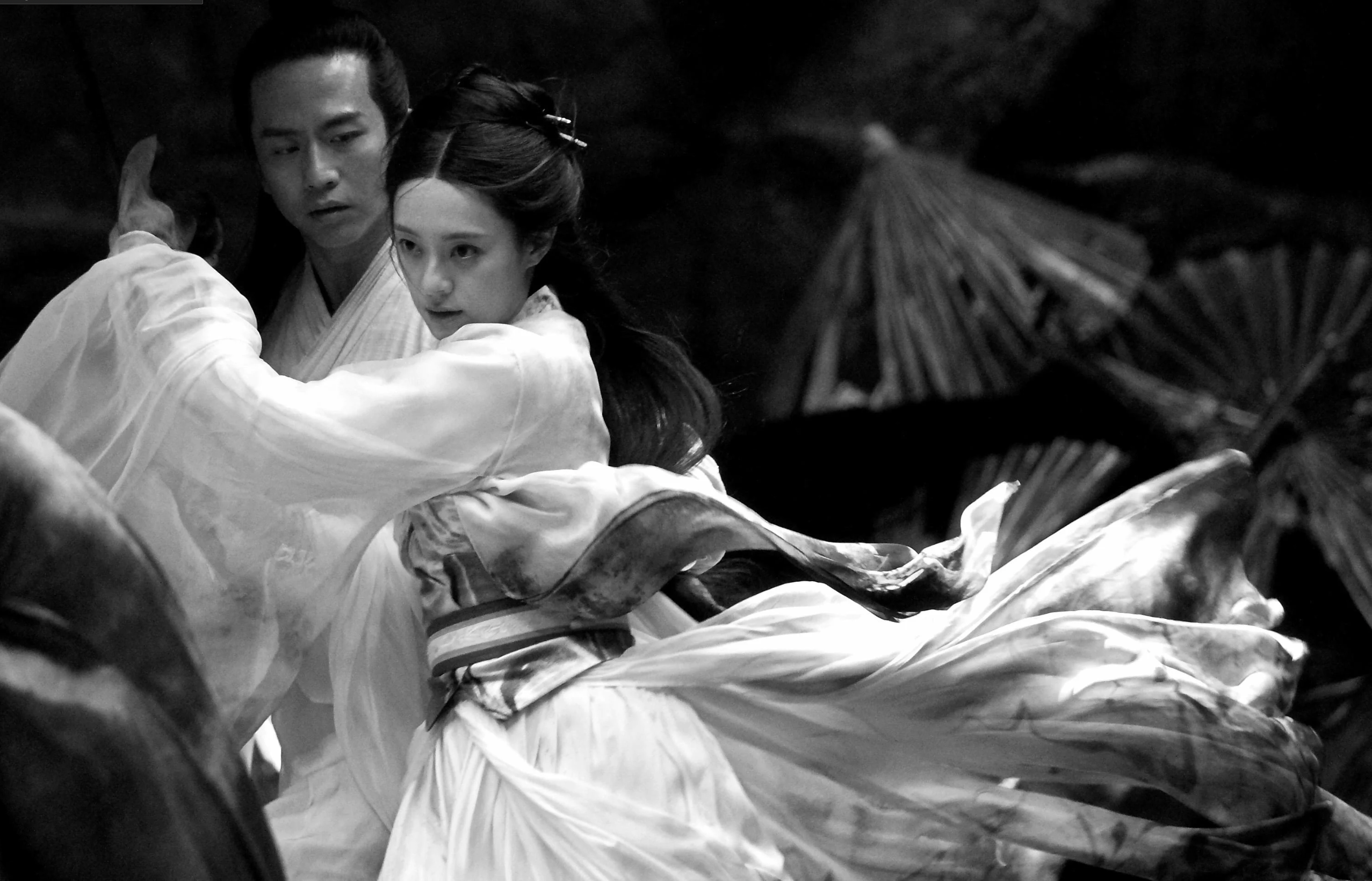
Director Zhang Yimou, who already has remarkable wuxia films like Hero and House of Flying Daggers under his belt, delivers another exceptional epic. Set during China’s Three Kingdoms era (220–280 AD), Shadow revolves around a great king and his people, who are expelled from their homeland but will aspire to reclaim it. The story requires a fair amount of patience at first, as it slowly builds a world consisting of various characters with different motives, before the real action begins. The journey through Shadow is visually pleasing thanks to its stunning cinematography, impressively choreographed combat, and overall brilliant production design. Packed with sequences that will take your breath away, it is an inventive martial arts epic with one amazing scene after another.
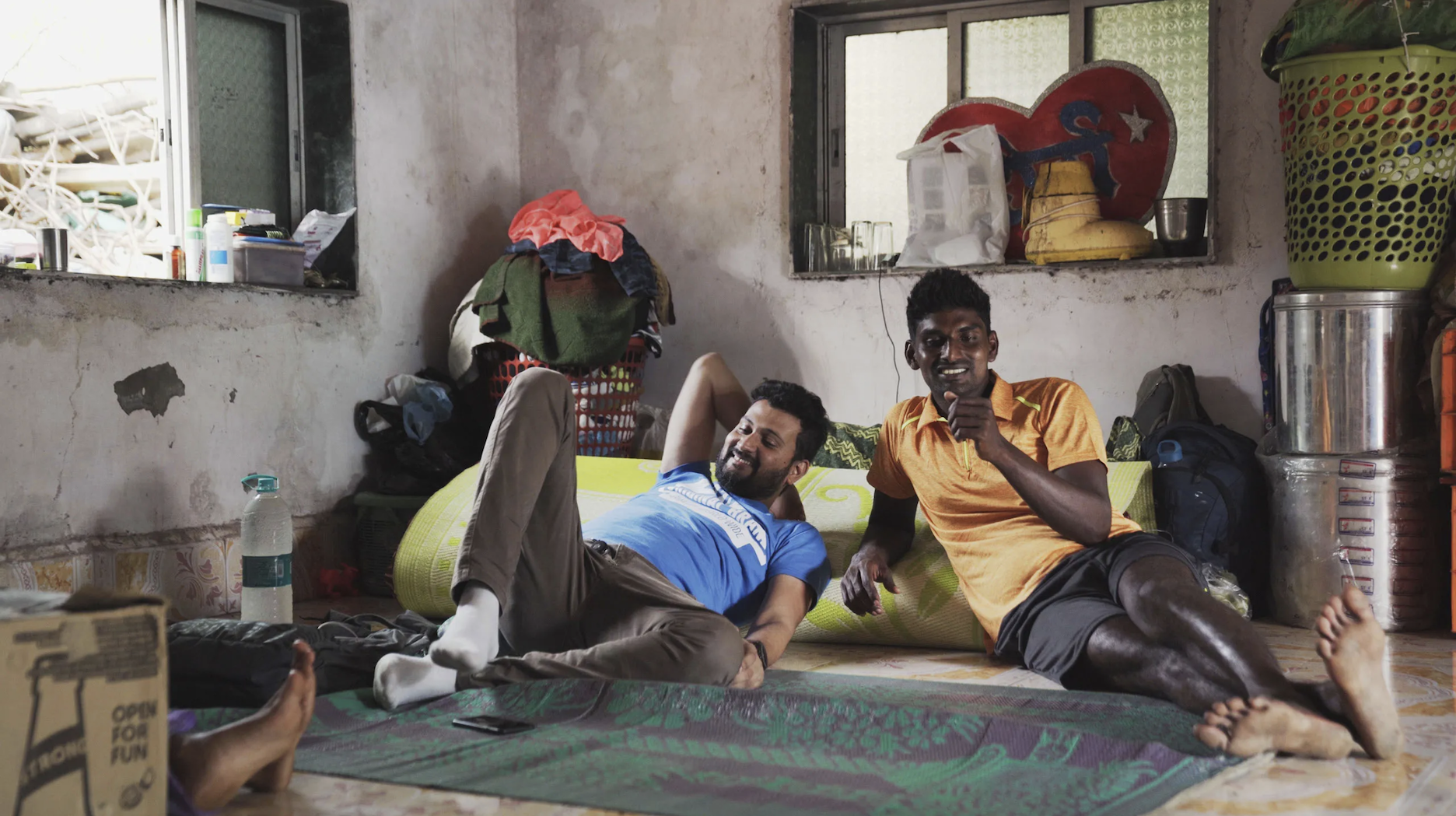
Shot and edited in an immersive, unembellished style that makes it seem more like a work of narrative fiction than a documentary, Against the Tide begins from a personal place—the friendship between two Indigenous fishermen—before branching off into an exploration of a myriad of issues that these men and their families are involved with. Major credit goes to director Sarvnik Kaur not only for capturing life in Mumbai with loving (but never whitewashed) detail, but also for being a truly silent, invisible observer who never uses her camera to frame any of her characters as right or wrong. There’s a dizzying amount of material that Kaur manages to tackle even in the simplest, candid conversations: class, caste, gender, the environment, technology outpacing the communities most affected. And to see the film’s central relationships slowly be chipped away by all this change is as heartbreaking as any fictional tragedy.
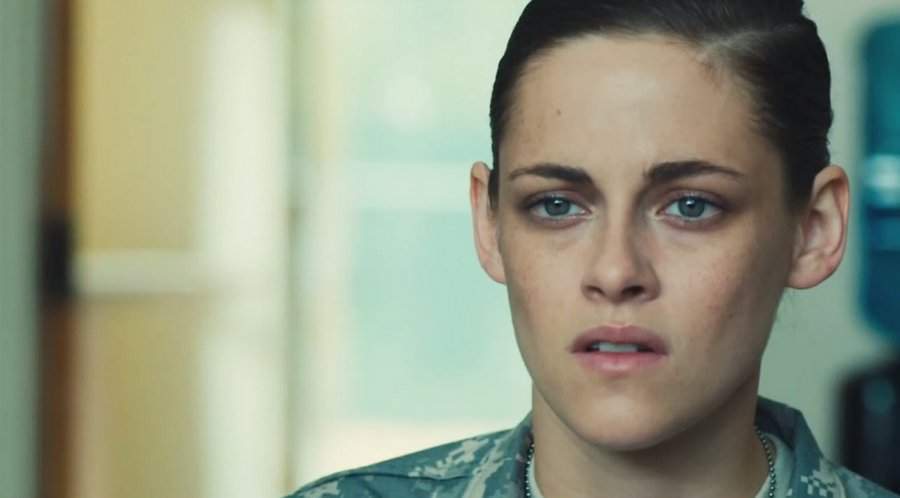
This is Kristen Stewart’s proof that she is more than a lip-biting, vampire-loving teenager. Reactive and emotive, she will not disappoint you here. Rather, expect an electrifying and exceptional performance. Paired with Payman Moaadi, they both make of this work an emotionally poignant movie that questions the notion of freedom in the unlikeliest of places: Guantanamo Bay.
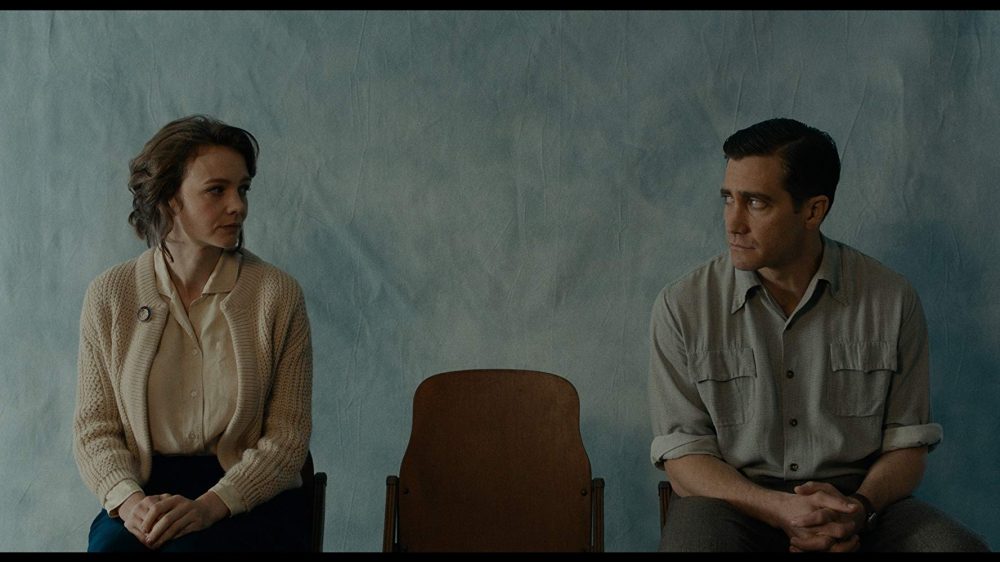
A powerful but quiet movie directed by Paul Dano and based on a novel of the same name by Richard Ford. It stars Carey Mulligan and Jake Gyllenhaal as a couple who move to a new town with their only child during the 1960s. Their relationship transforms after Gyllenhaal’s character loses his job as a butler and chooses to leave for a more dangerous profession, firefighting. This movie is about his wife’s response to this event and the implications of both parents’ behavior on their kid. There are no twists or turns, exciting action or plot; but Wildlife doesn’t need any of that. This moving story about a decaying family unit is portrayed in the sadness that comes with such events. The only joy comes from watching the outstanding (but expected) performances of the cast.
This is a hilarious political comedy starring the ever-great Steve Buscemi. Set in the last days before Stalin’s death and the chaos that followed, it portrays the lack of trust and the random assassinations that characterized the Stalinist Soviet Union. Think of it as Veep meets Sacha Baron Cohen’s The Dictator. Although to be fair, its dark comedy props are very different from the comedy that comes out today: where there are jokes they’re really smart, but what’s actually funny is the atmosphere and absurd situations that end up developing.
Wendy (Michelle Williams) is a drifter driving up to Alaska in hopes of finding work. When her car breaks down, she and her dog Lucy are stranded and forced to scrounge for food and repairs, hitting one roadblock after another on her path to an uncertain dream. This sympathetic and solemn look at poverty from director Kelly Reichardt serves as a reminder of how easy it is to fall through the fragile American safety net.
Reichardt’s uncompromising approach paired with Williams’s restrained performance makes the experience authentic and intense, recalling the work of Ken Loach. This natural sharpness makes for an engrossing watch that builds in power until the emotional release of the film’s heartbreaking conclusion.
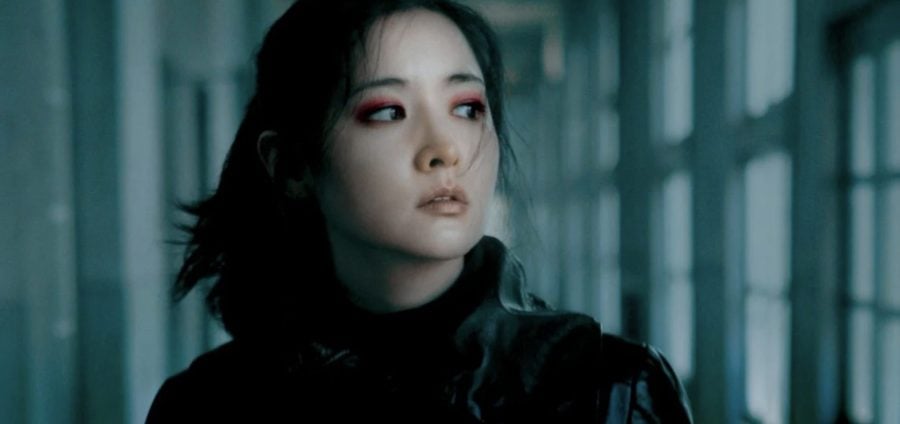
This Park Chan-Wook classic is the third part of a trilogy of films around the theme of revenge, following Sympathy for Mr. Vengeance and Oldboy. While ultimately unique, Lady Vengeance is a thriller set in a prison, in the vein of films such as the Japanese action drama Female Prisoner #701: Scorpion. After being framed and wrongly convicted for murder, our protagonist seeks out the true perpetrator of the crime –– but more than anything else, she seeks vengeance.
This film’s run time is 115 minutes and every second is essential. There is often gratuitous violence perpetrated by men against women in film, however Lady Vengeance takes back control and for that reason it remains one of my favorite revenge films.

Remarkably for a movie about women being shunned and exploited by those more powerful than them, I Am Not A Witch is often wryly funny. That’s because this satire about Zambia’s labor camps for “witches” is told with a matter-of-fact-ness that brings out both the heartbreak and absurdity of the film’s events. The bitter gravity of the predicament nine-year-old Shula (Maggie Mulubwa) finds herself in — she’s been accused of witchcraft on the back of some very flimsy evidence — is never glossed over, but neither is its farcicality. Appropriately for its subject, there are also touches of magical realism here, notes that elevate the film into something even more complex than a wry commentary on this morbidly fascinating form of misogyny. This hybrid tonal approach is executed with the kind of fluidity filmmakers might hope to one day master late on in their career — which makes the fact that this is director Rungano Nyoni’s debut all the more extraordinary.

Surreal, strange, yet wondrous, Penguin Highway never takes a straightforward approach to its story. Penguins pop up out of nowhere, leading the nerdy and precocious Aoyama to study them via empirical observation and logical deduction. These studies don’t end up with a feasible explanation– in fact, by the final act, the film abandons all laws of physics. But the journey to that act feels intuitively right. This journey feels like an indescribable formative experience. Aoyama may be obsessed with growing up and committing to the reasonable adult mindset, but he is still a child. From fending off bullies to forming connections with others, his childhood imagination served him better than science could. The film reveres this discovery as well as it should.
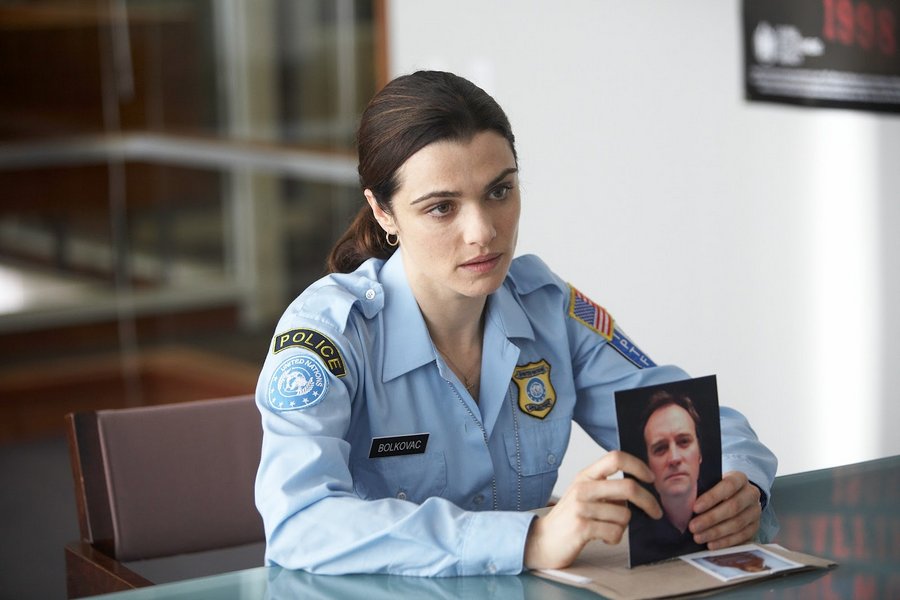
Based on a true story, The Whistleblower is the biography of a once Nebraskan police officer who volunteers for the U.N. peacekeeping mission in post-war Bosnia. Once there, she uncovers a human trafficking scandal involving peacekeeping officials, and finds herself alone against a hostile system in a devastated country. Rachel Weisz plays the whistleblower in a powerful lead role, but the true star of the movie is its director, Larysa Kondracki, who thanks to near documentary-style film-making delivers a perfectly executed political thriller with utmost authenticity.

One of the most overlooked films in recent years, Boiling Point is an intense British drama about the life of a head chef. We get to view his world for exactly 90 minutes and, yes, it is all shot in one go. No camera tricks or quirks, just pure filmmaking. Many other movies have tried to capture the chaotic life inside the restaurant business, but none have worked quite well as Boiling Point.
Working alongside the phenomenal actor Stephen Graham, director Philip Barantini hits it out of the park in his second feature-length film. Together, they bring to life some of the most unnerving 90 minutes ever put to film. Think Uncut Gems but with Gordon Ramsay as the lead.
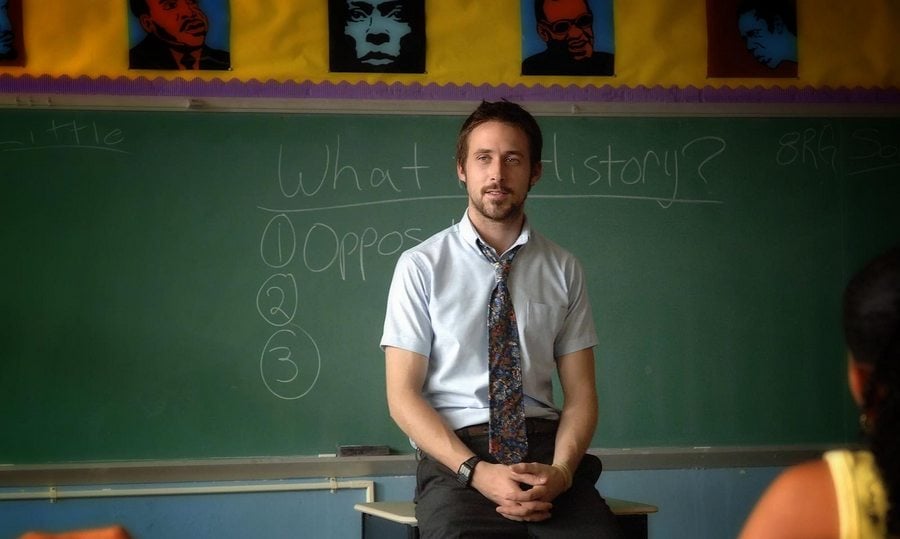
The self destructive, substance abusing history teacher Dan (Ryan Gosling) works in a Brooklyn middle-school and is constantly at odds with the curriculum, preferring to teach 13 year old kids Marxist theory in class. Meanwhile, his student Drey (Shareeka Epps) has to go through struggles of her own, her brother being in jail on drug charges and her single mother having to work long hours to make ends meet. Slowly, an unlikely and tender friendship between teacher and student evolves, in which it becomes less and less clear who of them is the adult part. Steering away from cliches, Half Neslon is not your typical social drama. Its intelligent plot twists, great cast (with outstanding performances by both Gossling and Epps) and slow, non dramatic storytelling makes this a highly underestimated movie that, although treating depressive topics without any easy relief for the viewer, will leave with an inner smile, albeit a sad one.
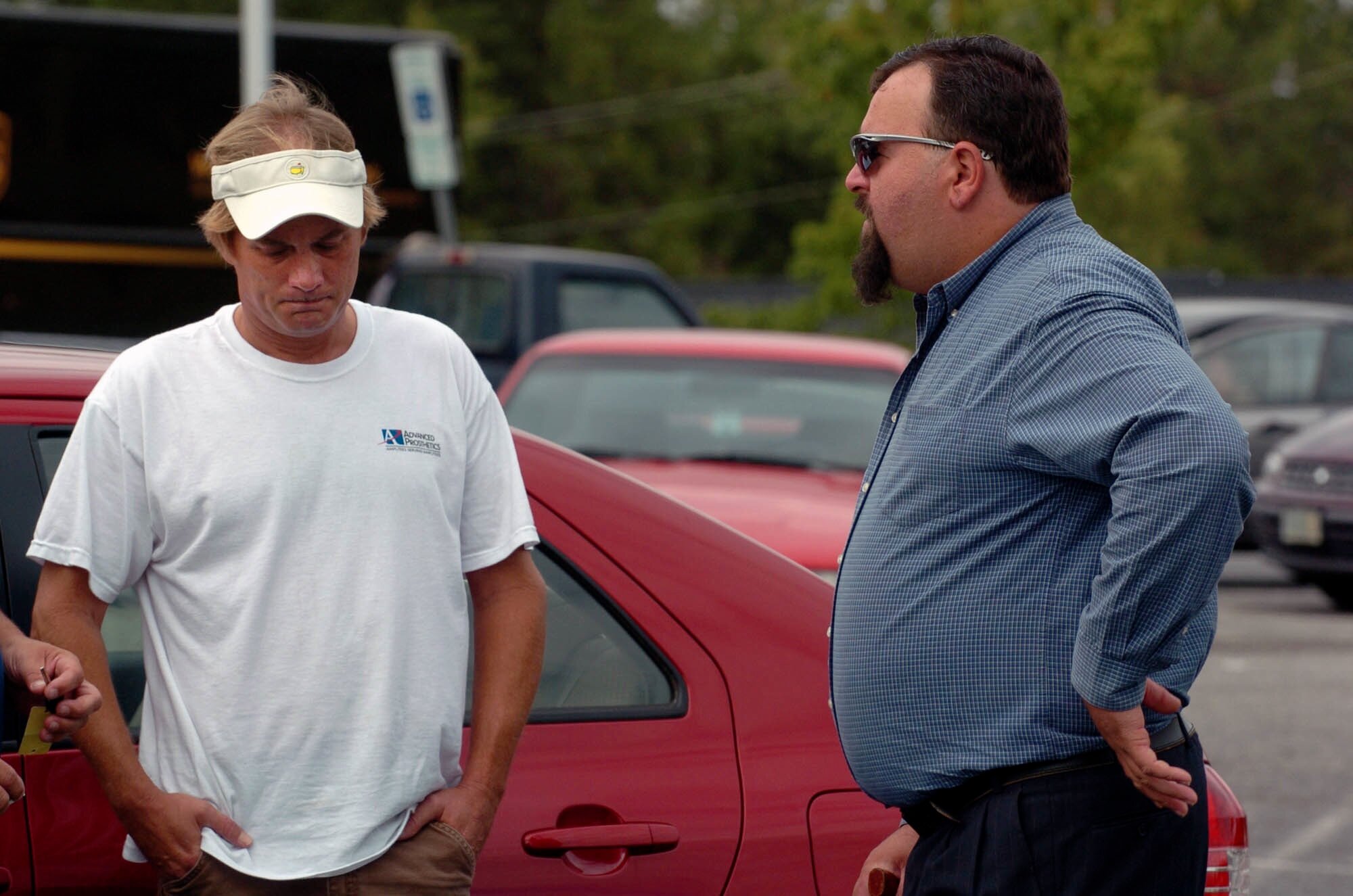
A wacky viral story — the kind that gets played for laughs at the end of news broadcasts — gets uncommonly deep consideration in this documentary gem. That’s not to say that Finders Keepers ignores the surreal comedy of the situation that John Wood and Shannon Whisnant, two star-crossed North Carolina men, found themselves in in 2007: battling over the custody rights of John’s mummified amputated leg. The humor in this bizarre tale and all the myriad eccentricities of its real-life characters is never left untapped, but to simply focus on that would add nothing new to the way the story had been told thus far.
Unlike the many clips from news segments and reality TV that we see in the film, Finders Keepers instead looks beyond the low-hanging fruit and finds deep pathos simmering under the surface of this wacky tale. What emerges is a complex, often tragic, and very American picture of the way traumas shape our lives, the addictive pull of drugs and attention, and fate’s habit of twisting nightmares into blessings and vice versa. It’s the kind of film that makes you wonder how many other unexpectedly poignant stories have been short-changed by our impulse to be flippant.

This cult classic is the first hip-hop movie in cinema’s history — and, aptly, one of the most sampled movies in rap music. With a cast drawn exclusively from the NYC graffiti, breakdancing, and rap subcultures that it spotlights, Wild Style wisely doesn’t try too hard to construct a conventional drama. Instead, there are toe-tapping scenes in neon-lit, smoke-filled clubs that stretch far beyond usual cinematic limits because they’re following the dynamic pace and infectious rhythm of the battling emcees, not film’s rules.
In lieu of a plot, Wild Style captures the singular atmosphere of the period it was filmed in, when hip-hop culture was thriving and art curators had begun to look to graffiti artists to fill their galleries. That uneasy turning point in the culture is chronicled here through the perspective of Zoro (real graffiti “writer” Lee Quiñones), a young artist who looks on with disdain as his peers embrace the commercialization of their medium by NYC’s art world. (As he shrewdly puts it, risk is central to graffiti’s identity — made for subway cars and walls, not framed canvases.) Brilliantly capturing the freewheeling spirit of NYC’s hip-hop scene, this is a time capsule that never feels dusty thanks to the appropriately off-the-cuff filmmaking.
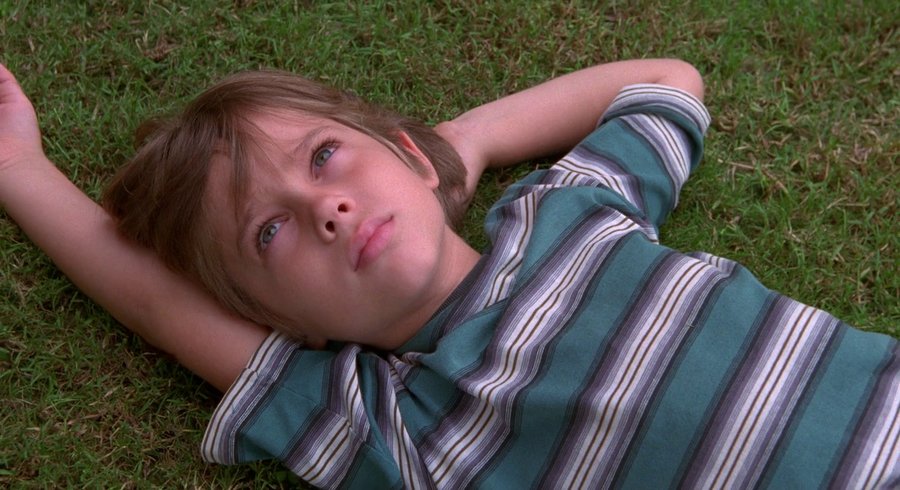
A masterpiece in every possible way: its striking balance between simplicity and effectiveness, its innovative value, the commitment of its maker, and just overall beauty. Boyhood was filmed over a span of 12 years, something never attempted before in film. The result is a captivating, breathtaking tale with almost unparalleled plausibility. The emotions it incites as well as the natural flow it has will feel a lot like life itself, and will leave you with ideas you can dwell on for long after the credits roll. Directed by Richard Linklater, and nominated for 6 different Oscars.
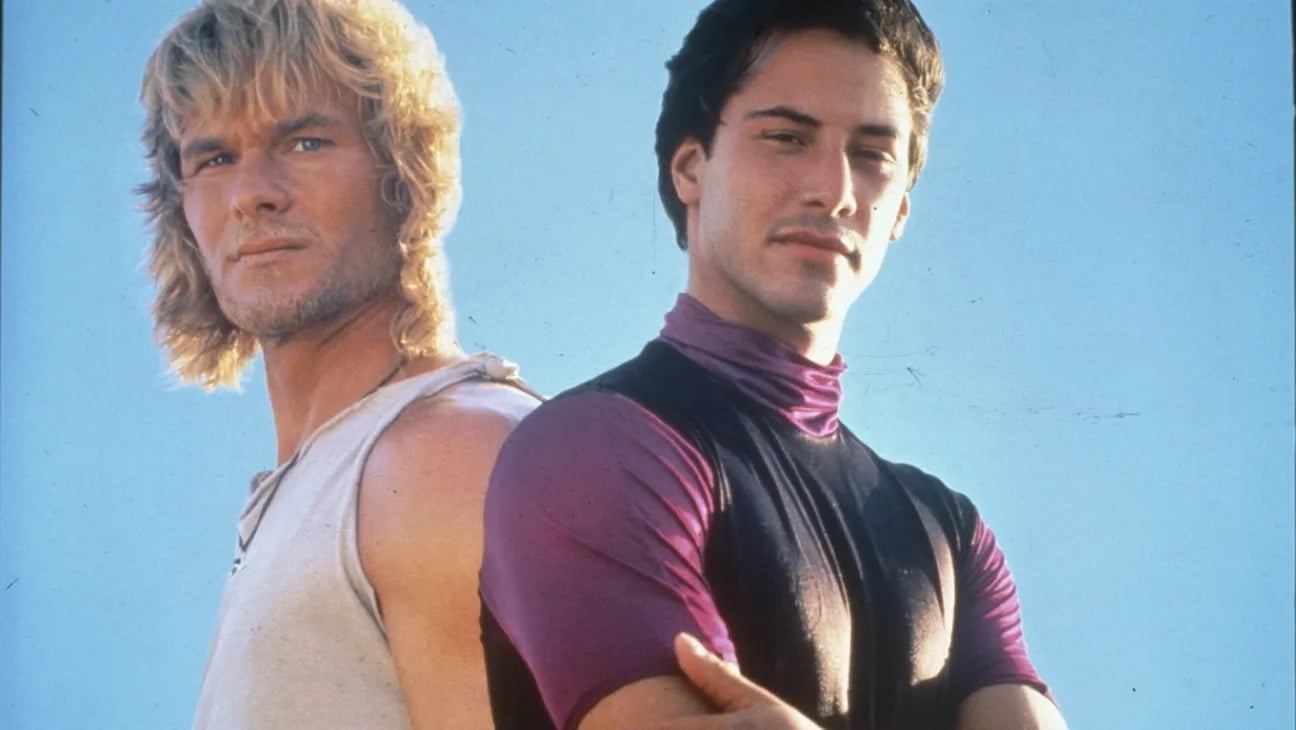
Kathryn Bigelow has a knack for action-packed scenes without compromising on the affective qualities of film style. It is precisely this combination that makes her a rare gem in American cinema, where the values of entertainment soar high. Point Break is one such example of controlled chaos, impeccable framing, and a convincing use of fast-paced editing to really get you as close to the action as possible. But what gives the film its flavour is how developed and synced the characters are and the Reeves-Swayze duo here belongs in the pantheon of equally hot frenemies, providing an apt, but subtle comment on the dangers of toxic masculinity.
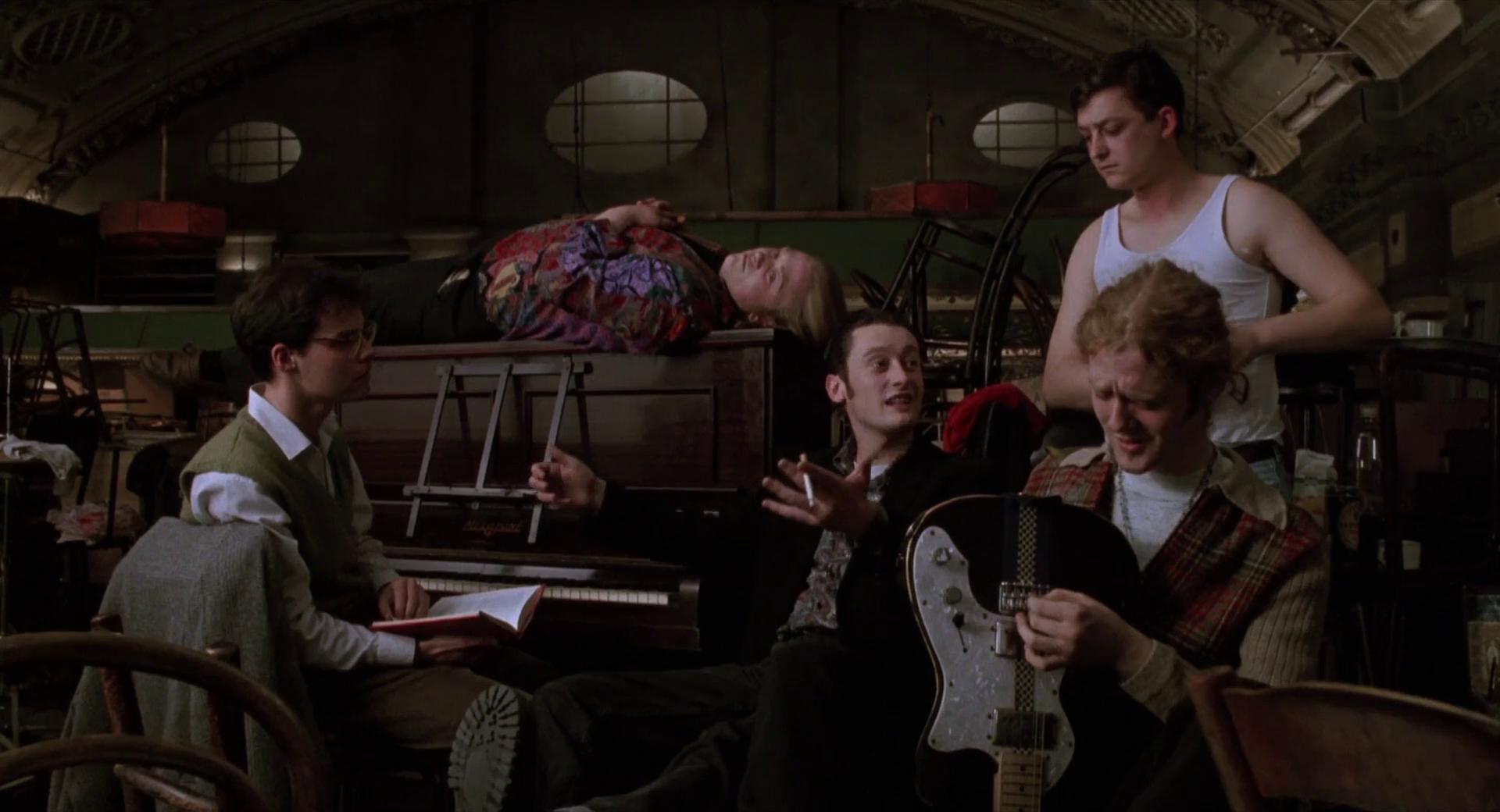
The Commitments is the kind of film you show someone you like to test who they are. If they like it, they’re good people. If they don’t, they’re probably soulless. It’s very hard to find fault in The Commitments, a ‘90s Irish musical following a band of aimless young people hoping to escape their troubled realities one rehearsal and gig at a time. They may be penniless and uneducated, but when they take on the stage, these soul (not jazz!) performers will dazzle you to no end. The cast was chosen primarily for their musical chops and it shows—these kids can sing. And when they start, you wish they’d never stop. The lead singer, Deco (a 16-year-old Andrew Strong) is the most arresting out of them, but all 11 of them are very easy to like and follow, even through that difficult but suitable ending.

Donnie Darko is a cult film by director Richard Kelly, starring Jake Gyllenhaal. It’s about the troubled teenager Donnie who lives in a suburb and suddenly faces a person in a giant rabbit costume who tells him that the world is going to end in 28 days. If that didn’t make sense to you, don’t worry – it’s not about making sense. The film is a gorgeous exploration of a bizarre chain of events, a deep rabbit-hole of meaning and expression, fate and acceptance that practically begs for a second, third, or fourth watching.
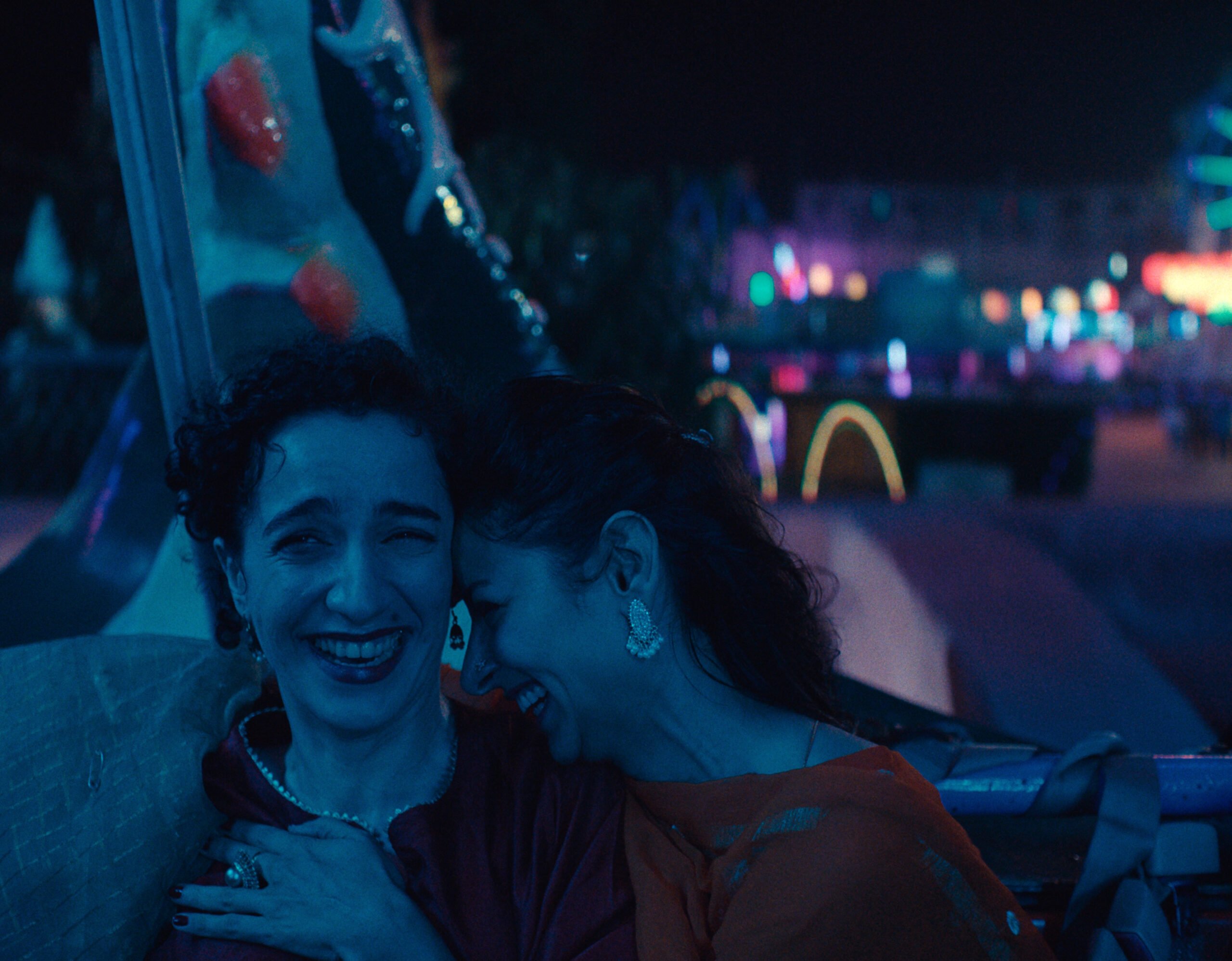
Joyland is groundbreaking on nearly all accounts. It’s the first Pakistani film to premiere at the Cannes Film Festival and to be shortlisted for an Oscar. Its forthright depiction of trans life and gender identity provoked the ire of local authorities, but it also inspired a nationwide movement (#ReleaseJoyland) that fought against censorship. It’s understandable, then, if the film is remembered for these disruptive achievements alone, but it should be noted that Joyland, as it is, is simply a stunning piece of cinema.
Every scene is beautifully blocked and vibrantly lit, like a painting come to life, and every one of them is rich with meaning; there’s not a second we’re not diving deeper into the wonderfully complex lives of these people, all of whom are exploring sexuality and independence as best they can in a restricted environment. And sure, Biba and Haider’s relationship takes center stage as it reveals the nuances of queer love, but Joyland just as deftly tackles toxic masculinity (and how it’s a specter that haunts Haider’s household), domestic labor (and how it largely goes unnoticed), and female solidarity (and how it can literally save a girl’s life). Heartbreaking and lovely, this a family saga in that it’s as much about Haider’s family as it is about him, and it’s a shame if it weren’t remembered as such.
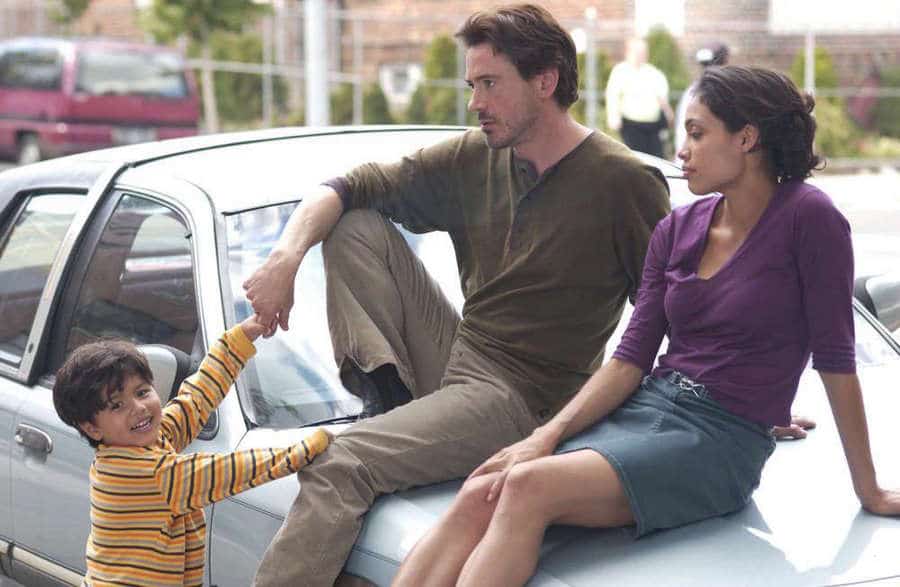
Not only is this multi-award-winning drama seriously star-studded, Robert Downey Jr., Rosario Dawson, Channing Tatum, and Shia LaBeouf also deliver superb performances. With two Sundance Awards and many other nominations in its pocket, A Guide to Recognizing Your Saints is based on the eponymous memoir by author, director, and musician, Dito Montiel, who recalls his violent childhood on the mean streets of Queens in the 1980s (LaBeouf plays the young Dito), as he visits his ailing father after 15 years away in Los Angeles (Downey Jr. plays present-day Dito). It is also real-life Dito’s directorial debut, recalling the loose, improvisational style of 70s cinema a’la Scorcese. The powerful plot is told through flashbacks and fourth-wall bending monologues, while the eccentric directing style makes for a raw and immediate experience. The energy of this coming-of-age drama is off the charts!
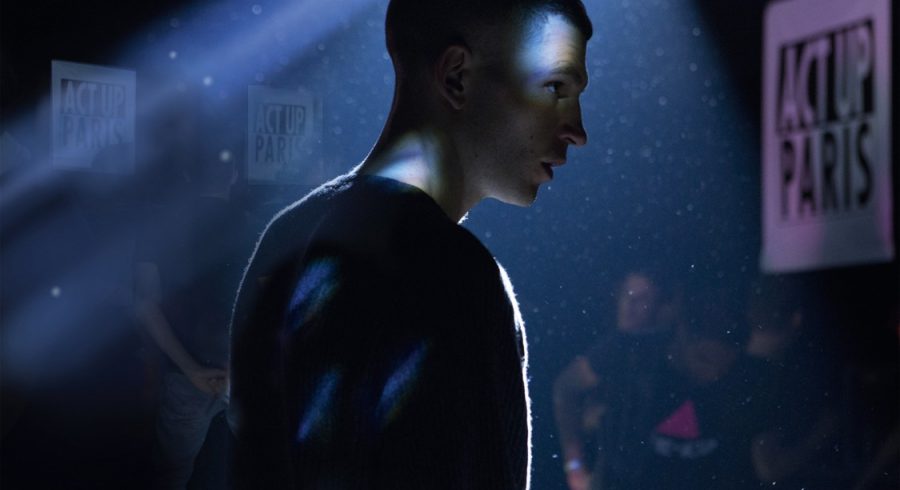
Autobiographical in nature, 120 BPM is French screenwriter Robin Campillo’s first feature film. It revolves around the Parisian chapter of the AIDS advocacy group ACT UP, which Campillo was a member of in the early 1990s, and the love between Nathan, the group’s newest member, who is HIV negative, and Sean, one of its founding and more radical members, who is positive and suffers the consequences of contracting AIDS. Using fake blood and spectacular direct action, ACT UP advocated more and better research of treatment, prevention, and awareness. This was at a time when many, implicitly or explicitly, viewed AIDS as a gay disease, even as a punishment for the gay community’s propensity to pleasure and partying. The latter is reflected by the film’s title, 120 bpm being the average number of beats per minute of a house track. Arnaud Rebotini’s original score echoes the ecstasy-driven house music hedonism of the time with some effective original cuts, albeit with a melancholic streak. Because, for all the love, friendship, and emotion of the ACT UP crew that BPM so passionately portrays, anger and sadness pervade the lives of these young people as the lack of effective treatment threatens to claim the lives of their loved ones.
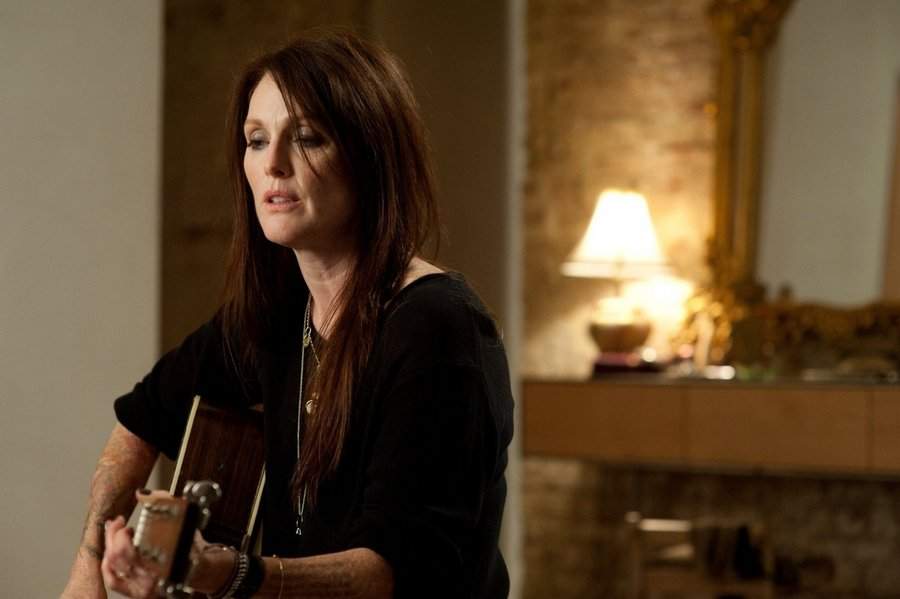
From the producers of The Kids Are Alright comes another excellent family drama starring Juliane Moore. She plays a hot-headed rock singer who battles her divorced husband, a narcissistic art dealer, expertly played by the unlikely Steeve Coogan, for custody of her daughter Maisie. When one of them marries the girl’s nanny, the other rushes into marriage as well. Based on Henry James’ titular novel from 1897, it tells the story of a quiet, sensitive young girl coping with being used as a pawn by egotistical parents who spite each other. It is sometimes hard to watch the girl get caught up in all this but the young actress playing Maisie, Onata Aprile, plays the part brilliantly. The screenplay adaption of the ahead-of-its-time material of the book by Nancy Doyne and Carroll Cartwright also hits every note with passion. A harrowing but powerful film.

Named after a slur for people of Asian descent, this 2017 film put Justin Chon on the map as a director. More than that, he also starred as the main lead in this raw and uncompromising period drama about Asian-Americans and the LA riots in 1992. Shot completely in black and white, it tells the story of Eli, a scrawny Korean-American, who runs his family shoe store with his brother, Daniel (David So), in several vignettes. They strike up an unlikely friendship with Kamilla (Simone Baker), a black kid from around the way, whose family is not happy with her hanging out with the two brothers. Amidst the ubiquitous violence in LA at the time, the Rodney King riots as well as a tragic shooting of a black teenager by a Korean convenience store owner, it shines the light on America’s intra-minority race relations and the more unseen stories behind them. A topic that has come back to haunt America in the 2020s. The film is fierce as it is funny, harsh as it is playful. Uplifting and unsettling.

Memento is a right of passage movie – the kind of movie 19 year olds watch and decide, “holy hell, cinema is cool.” Call it the most cinematic mainstream film or the most mainstream serious film of the last 20 years, Memento also marks the beginning of the reign of Christopher Nolan. A deep and gripping meditation on forgetting helmed by a technical virtuoso, Memento is a puzzling emotional trip.

Bittersweet like Belgian chocolate, this is a coming-home movie. It will leave you raw and empty as well as full of life, and it will most certainly have you appreciate the mournfulness of bluegrass music. Based on a play co-written by Johan Heldenbergh, who also stars as Didier, the male lead, this is intricately written, thoughtfully directed, viscerally acted cinema. Bluegrass enthusiast and band leader Didier falls passionately in love with Elise, a spirited tattoo artist. They sing together, start a life together. But when their little girl falls gravely ill, everything changes. Because this gem of a film by director Felix van Groeningen excels at creating intimacy and empathy between us viewers and this beautiful family’s fate, you will feel everything you see. Incredibly well-made and gut-wrenching drama.
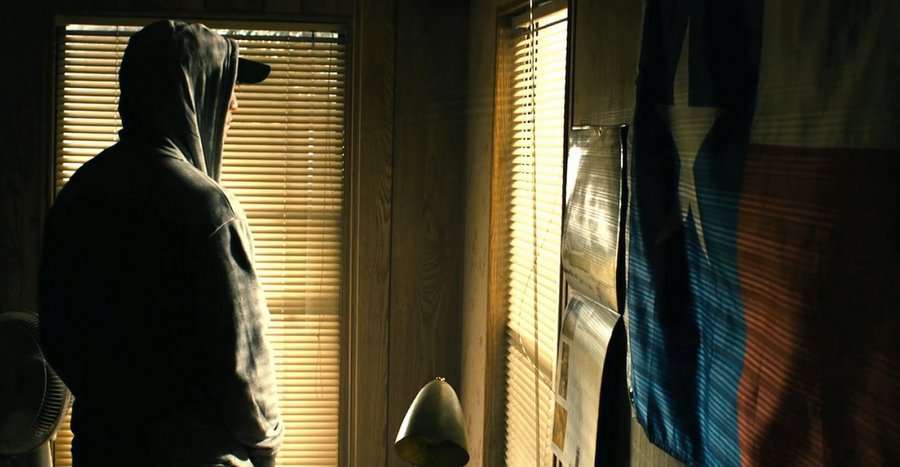
Simply titled The Imposter, this film by English documentary maker Bart Layton tells an unbelievable tale. Any plot summary doing this film justice has to err on the side of brevity, which is why it will be only one line long: this is the story of Frederic Bourdin, a serial imposter nicknamed “The Chameleon”, who at one time claimed to be the missing son of a family from Texas. The film is so well-shot that it is hard to tell fact from fiction at times and it will force you to remind yourself that this is in fact real life. Expect twists and turns at every corner and brilliant storytelling from real people. If Christopher Nolan created a 48-hour story, it would pale in comparison to this film.
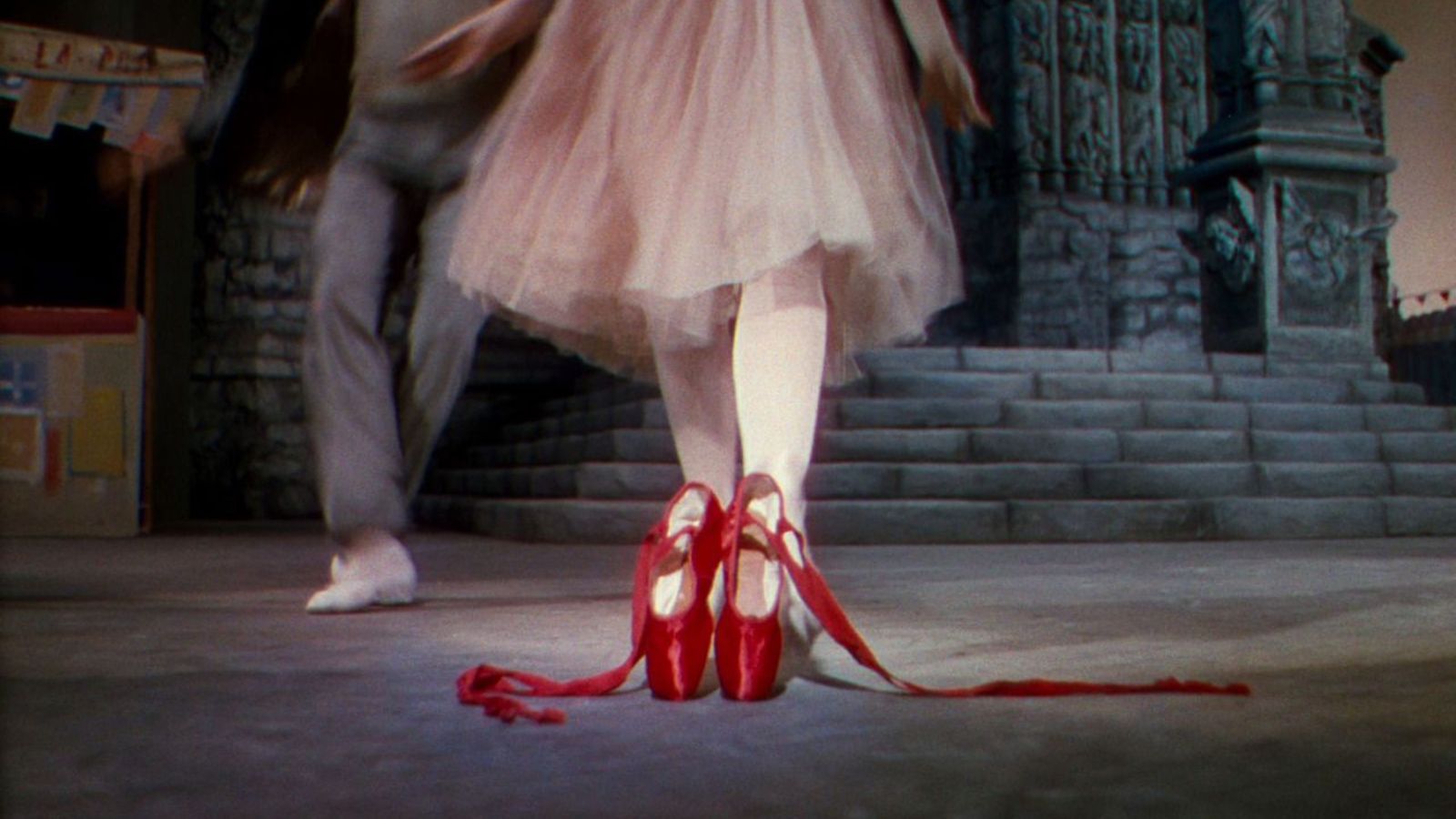
While today’s moviegoers would likely pick Black Swan as the ballet film of choice, there is one film classic that brings the title of the best ballet film in contention. That is The Red Shoes. It first divided critics of film and ballet alike, but as time went by, the spectacular drama from Michael Powell and Emeric Pressburger deservedly garnered acclaim for the brilliant, novel ways of bridging the gap between art forms. Of course, the most obvious of these is the lush, stunning 17-minute dance sequence that first incorporated dynamic camera movement to the choreography, and captured Han Christian Andersen’s story to its essentials. But aside from just depicting the dance, The Archers reconfigured every other single aspect of film to bend toward the movement without breaking the beauty of every shot– the scoring, the casting, the production design, and the ballet-within-a-film plotline. It’s because of this that The Red Shoes garnered a legacy of being one of the best ballet films, one of the best British films, and even one of the greatest films ever made.
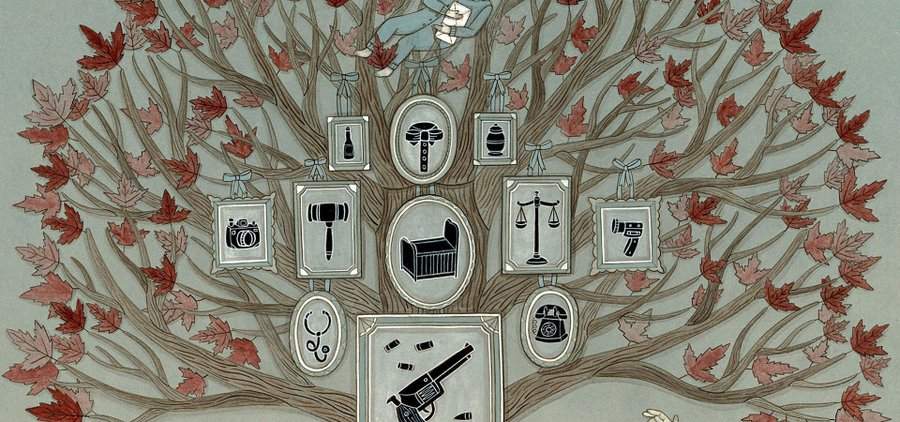
Get ready to cry your eyes out, scream in anger, but also rejoice at the powerful love that exists in our world. We will not spoiler the premise of this documentary and urge you not to do so yourself. Instead, we recommend watching it and prepare to be changed forever. Call it true crime if you will, but this documentary is much more. Hailed as one of the most important documentaries of the 2000s, it is a testament to friendship and love, a real-life thriller, and a political denouncement all in one.
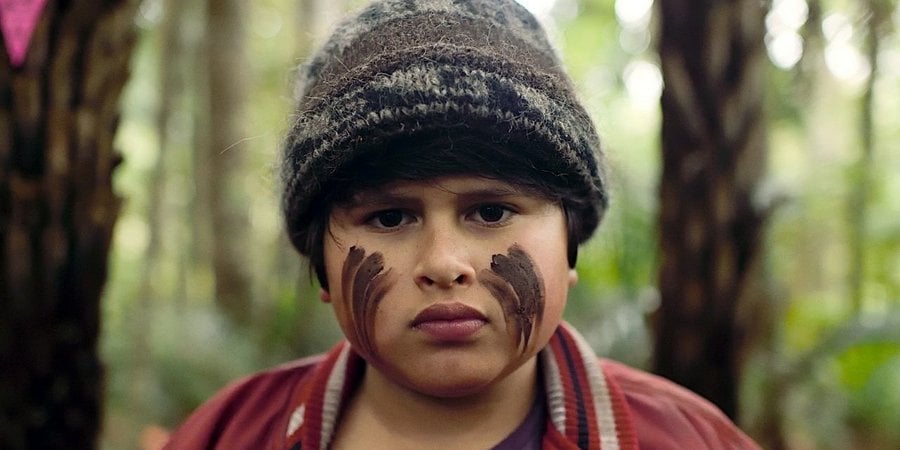
Directed by Taika Waititi, who also gave us Boy (2010) and co-produced What We Do in the Shadows (2014), Hunt for the Wilderpeople is the quirky and magical buddy movie you want if you’re in need of an antidote to a bad day or a steady diet of sad movies.
It tells the off-kilter adventure story of misfit, rap-loving city kid Ricky Baker and his crusty and cantankerous foster parent ‘Uncle’ Hec, played by Sam Neill. ‘Very bad egg’ Ricky has been bounced out of more foster families than he cares to remember and is given one last chance of living with a couple out on a farm in rural New Zealand. After tragedy strikes early in the film, the unlikely pair gets lost in the wilderness and becomes subject to a nationwide manhunt.
Full of dead-pan humor and warm-hearted mockery, this audience favorite fuses visual gags delivered by a charming cast with sweeping shots of spectacular scenery!
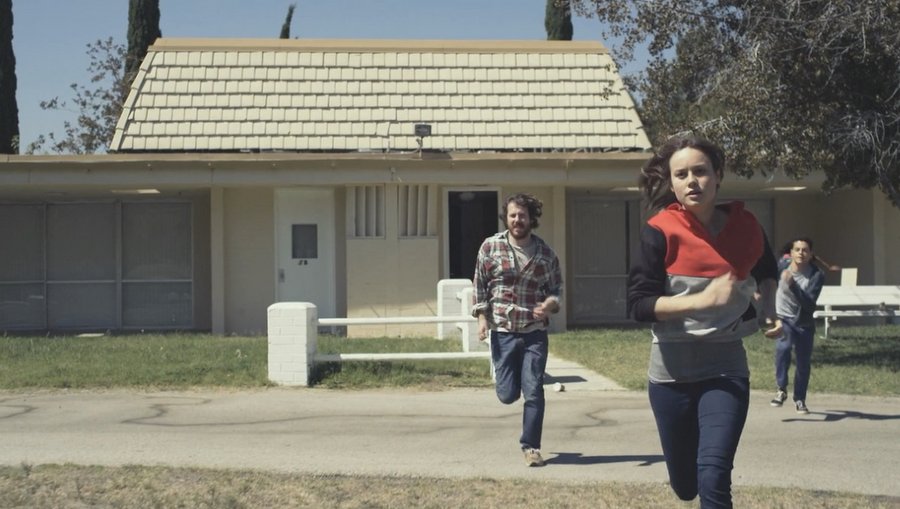
Understated in budget but lavished with praise, this semi-autobiographical drama by Daniel Destin Cretton flings its audience into the chaotic lives and personal crises of at-risk youths and the passionate social workers that aid them. In his first feature film, the young director draws the viewers into the storm of events and the emotional ups-and-downs of social work in America, going from uplifting to depressing and back – and every emotion in-between.
Set in the real-life and eponymous group home Short Term 12, devoted but troubled foster-care worker Grace is played by Brie Larson, whose shining performance in her first leading role was lauded by critics. Fans will also recognize the supporting actors Lakeith Stanfield and Rami Malek, who broke out in this movie. Short Term 12 is now considered one of the most important movies of 2013 – some say of the decade – owing to its immaculate writing, intimate camerawork, and gripping performances.

